
NATIONAL GEOGRAPHIC: TIMBUKTU, MALI: Darhamane Moulaye Haidara, a scholar of ancient manuscripts in the city of Timbuktu.

NAJAF, IRAQ - JUNE 21: General David Petraeus, the three star American General charged with over-seeing the transition of power from the Coalition military authorities to the Iraqis. (Photo by Brent Stirton/Getty Images) *** Local Caption *** Iraq Assignment

DUBAI, UAE, SEPTEMBER 24, 2017: Sheikh Butti Maktoum Bin Juma, a senior member of the Dubai Royal family, is seen inside the foyer of his home in Dubai. He is holding his favourite Gyr Falcon and is surrounded by other high end falcons that were bred especially for him. The mural behind him depicts his sons Rashid and Maktoum in the desert with falcons. Sheikh Butti is the first UAE falconer and likely the first Arab to ever train and hunt with a captive bred bird, a Gyr falcon that became famous across the region twenty years ago. He altered perception about what was possible with captive breeding and the performance of his falcons helped to win the argument for the superiority of captive-bred hybrids and purebred falcons. There has been a careful refining of genetics by master breeders like Howard Waller who have created a whole new class of falcons that have become the birds of choice in the Emirates. They are housed in special air-conditioned facilities where they can resist the high temperatures of the desert. Most training for hunts and racing is done in the very early morning, when temperatures are low and the birds won’t suffer heat exhaustion. The birds travel in air-conditioned vehicles with special perches to and from the training grounds. The higher echelons of the UAE falconers literally spend millions of dollars on housing, training and caring for their falcons. There are a number of falcon hospitals across the UAE that cater exclusively to the welfare of these birds. Expert international veterinarians staff these hospitals and birds are cared for at the same level as people. Falcons were severely threatened 50 years ago by the advent of chemicals like DDT, the Arab world has been at the forefront of restoring falcon populations and it is the Arab world that is the epicenter for breeding and the largest client for these birds. This resurgence has elevated Falconry to Intangible Heritage status by Unesco. (Photo by Brent Stirton/Verbatim for National

CNN - promo for Anderson Cooper's show.

CNN - promo for Anderson Cooper's show.

DRUGS FOR NEGLECTED DISEASE: BALEKE VILLAGE, BENGAMISA DISTRICT, DEMOCRATIC REPUBLIC OF CONGO: Drugs for Neglected Disease Biologist Dr Sabine Specht spent seven weeks in Congo in the summer looking at onchocerciasis, also know as riverblindness. Specht is currently working on four different compounds that could help eliminate African river blindness. Her ideal is to arrive at a single compound that addresses multiple conditions and is tolerable for the human body. Primary amongst these candidates is TylaMac, produced by the pharmaceutical company AbbVie. This trial has been running since 2015 in Congo, specifically in Masi-Manimba in Kwilu Province and in Kimpese in Bas-Congo Province, both prolific onchocerciasis areas. So far, according to Specht, 40 patients have participated in a new phase IIb efficacy trial. A total of 150 are expected to participate. Her current visit is a follow-up appointment, where she and the local team will take tissue samples from the first 40 patients who received TylaMac in the summer, which will then be examined histologically by Prof. Hörauf at the University of Bonn.

JERUSALEM, ISRAEL-APRIL 2007: CNN's Chief International Correspondent Christiane Amanpour in Israel for CNN special, "God's Warriors." Amanpour was accompanied by Cameraman Rich Brooks, Producer Andy Segal, Executive Director Jody Gottlieb, Sound Technican/Editor Ted Lerner and Israel CNN Producer Mike Schwartz. (Photo by Brent Stirton/Getty Images.)

MANHATTAN NEW YORK -: Professor Irshad Manji, Human Rights Activist and Director of the Moral Courage Project at New York University, photographed overlooking Manhattan. Professor Manji is an outspoken liberal Muslim with a number of controversial books to her name. She is a lesbian and a strong advocate for the individual rights of women within Islam as well the presence of individual thought over dogma. (Photo by Brent Stirton/Reportage for Newsweek Magazine.)

MANHATTAN NEW YORK -: Professor Irshad Manji, Human Rights Activist and Director of the Moral Courage Project at New York University, photographed overlooking Manhattan. Professor Manji is an outspoken liberal Muslim with a number of controversial books to her name. She is a lesbian and a strong advocate for the individual rights of women within Islam as well the presence of individual thought over dogma. (Photo by Brent Stirton/Reportage for Newsweek Magazine.)

Brooklyn, New York, 22nd October 2023: Shanelle Gabrielle is seen under the Brooklyn bridge in NY, Shanelle grew up in Brooklyn and a lot of her poetry is inspired by her experiences and relationships in Brooklyn. She is a well-known personality amongst the Lupus community and people appreciate her podcasts and advocacy work on behalf of the community. Shanelle Gabriel is a poet, singer, self described lupus warrior and educator from Brooklyn, NY. Widely known for featuring on HBO's Def Poetry Jam, Shanelle has competed in both the National and the Individual World Poetry Slams, and has performed at venues such as the Vatican, the Apollo Theater, Howard Theater, Lincoln Center, ADCOLOR Conference, and more. She served as a performer, teaching artist, and consultant for BET’s 2022 Nelson Mandela Project alongside Marsai Martin and for a Black Music Month Campaign She’s released three albums, Start Something, Aim High, and Things I Need to Remember, which showcase her prowess as a spoken word artist and a soulful singer. Diagnosed in 2004, Shanelle is also a lupus advocate who has spoken alongside the President of the National Institute of Health, graced the cover page of USA Today, featured in Women’s Health magazine, and featured on the Lifetime Network about her continued battle with lupus. She currently is on the Patient Advisory Board for CISCRP (Center for Information and Study on Clinical Research Participation) and speaks on the patient experience in various arenas. She currently hosts Better Together, a weekly webinar that explores lupus stories and managing lives and also co-hosts the podcast “The HydroxychloroQUEENZ” which speaks candidly about navigating the world while navigating a chronic illness. Shanelle was diagnosed with lupus in 2004, the summer of her sophomore year. After months of hiding it, she shared her poem “Vanity” at the Nuyorican Poets Cafe and quickly realized the story of her diagnosis needed to be told. She began her mis

New York, New York, 21st October 2023: Shanelle Gabrielle is seen at a walk to raise awareness about Lupus, she is a well-known personality amongst the Lupus community and people appreciate her podcasts and advocacy work on behalf of the community. Shanelle Gabriel is a poet, singer, self described lupus warrior and educator from Brooklyn, NY. Widely known for featuring on HBO's Def Poetry Jam, Shanelle has competed in both the National and the Individual World Poetry Slams, and has performed at venues such as the Vatican, the Apollo Theater, Howard Theater, Lincoln Center, ADCOLOR Conference, and more. She served as a performer, teaching artist, and consultant for BET’s 2022 Nelson Mandela Project alongside Marsai Martin and for a Black Music Month Campaign She’s released three albums, Start Something, Aim High, and Things I Need to Remember, which showcase her prowess as a spoken word artist and a soulful singer. Diagnosed in 2004, Shanelle is also a lupus advocate who has spoken alongside the President of the National Institute of Health, graced the cover page of USA Today, featured in Women’s Health magazine, and featured on the Lifetime Network about her continued battle with lupus. She currently is on the Patient Advisory Board for CISCRP (Center for Information and Study on Clinical Research Participation) and speaks on the patient experience in various arenas. She currently hosts Better Together, a weekly webinar that explores lupus stories and managing lives and also co-hosts the podcast “The HydroxychloroQUEENZ” which speaks candidly about navigating the world while navigating a chronic illness. Shanelle was diagnosed with lupus in 2004, the summer of her sophomore year. After months of hiding it, she shared her poem “Vanity” at the Nuyorican Poets Cafe and quickly realized the story of her diagnosis needed to be told. She began her mission to speak up for those living with lupus so they know they are not alone and as a testimony that you ca

Coney Island, New York, 22nd October 2023: Shanelle Gabrielle is seen with her father Earl in Coney Island. Shanelle Gabriel is a poet, singer, self described lupus warrior and educator from Brooklyn, NY. Widely known for featuring on HBO's Def Poetry Jam, Shanelle has competed in both the National and the Individual World Poetry Slams, and has performed at venues such as the Vatican, the Apollo Theater, Howard Theater, Lincoln Center, ADCOLOR Conference, and more. She served as a performer, teaching artist, and consultant for BET’s 2022 Nelson Mandela Project alongside Marsai Martin and for a Black Music Month Campaign She’s released three albums, Start Something, Aim High, and Things I Need to Remember, which showcase her prowess as a spoken word artist and a soulful singer. Diagnosed in 2004, Shanelle is also a lupus advocate who has spoken alongside the President of the National Institute of Health, graced the cover page of USA Today, featured in Women’s Health magazine, and featured on the Lifetime Network about her continued battle with lupus. She currently is on the Patient Advisory Board for CISCRP (Center for Information and Study on Clinical Research Participation) and speaks on the patient experience in various arenas. She currently hosts Better Together, a weekly webinar that explores lupus stories and managing lives and also co-hosts the podcast “The HydroxychloroQUEENZ” which speaks candidly about navigating the world while navigating a chronic illness. Shanelle was diagnosed with lupus in 2004, the summer of her sophomore year. After months of hiding it, she shared her poem “Vanity” at the Nuyorican Poets Cafe and quickly realized the story of her diagnosis needed to be told. She began her mission to speak up for those living with lupus so they know they are not alone and as a testimony that you can live while battling lupus. Since 2007, Shanelle has performed at numerous Walks for Lupus, spoken alongside the President of the National In

Brooklyn, New York, 23rd October 2023: Shanelle Gabrielle is seen working on her poetry at one of her favorite cafe's "Aunt's and Uncle's" in Brooklyn in NY, Shanelle grew up in Brooklyn and a lot of her poetry is inspired by her experiences and relationships in Brooklyn. She is a well-known personality amongst the Lupus community and people appreciate her podcasts and advocacy work on behalf of the community. Shanelle Gabriel is a poet, singer, self described lupus warrior and educator from Brooklyn, NY. Widely known for featuring on HBO's Def Poetry Jam, Shanelle has competed in both the National and the Individual World Poetry Slams, and has performed at venues such as the Vatican, the Apollo Theater, Howard Theater, Lincoln Center, ADCOLOR Conference, and more. She served as a performer, teaching artist, and consultant for BET’s 2022 Nelson Mandela Project alongside Marsai Martin and for a Black Music Month Campaign She’s released three albums, Start Something, Aim High, and Things I Need to Remember, which showcase her prowess as a spoken word artist and a soulful singer. Diagnosed in 2004, Shanelle is also a lupus advocate who has spoken alongside the President of the National Institute of Health, graced the cover page of USA Today, featured in Women’s Health magazine, and featured on the Lifetime Network about her continued battle with lupus. She currently is on the Patient Advisory Board for CISCRP (Center for Information and Study on Clinical Research Participation) and speaks on the patient experience in various arenas. She currently hosts Better Together, a weekly webinar that explores lupus stories and managing lives and also co-hosts the podcast “The HydroxychloroQUEENZ” which speaks candidly about navigating the world while navigating a chronic illness. Shanelle was diagnosed with lupus in 2004, the summer of her sophomore year. After months of hiding it, she shared her poem “Vanity” at the Nuyorican Poets Cafe and quickly realized the

Brooklyn, New York, 22nd October 2023: Shanelle Gabrielle is seen inside the studio at Jahrock’n studios where she goes through strong emotions as she composes poetry about fighting back against Lupus and not allowing the disease to control her life. Shanelle grew up in Brooklyn and a lot of her poetry is inspired by her experiences and relationships in Brooklyn. She is a well-known personality amongst the Lupus community and people appreciate her podcasts and advocacy work on behalf of the community. Shanelle Gabriel is a poet, singer, self described lupus warrior and educator from Brooklyn, NY. Widely known for featuring on HBO's Def Poetry Jam, Shanelle has competed in both the National and the Individual World Poetry Slams, and has performed at venues such as the Vatican, the Apollo Theater, Howard Theater, Lincoln Center, ADCOLOR Conference, and more. She served as a performer, teaching artist, and consultant for BET’s 2022 Nelson Mandela Project alongside Marsai Martin and for a Black Music Month Campaign She’s released three albums, Start Something, Aim High, and Things I Need to Remember, which showcase her prowess as a spoken word artist and a soulful singer. Diagnosed in 2004, Shanelle is also a lupus advocate who has spoken alongside the President of the National Institute of Health, graced the cover page of USA Today, featured in Women’s Health magazine, and featured on the Lifetime Network about her continued battle with lupus. She currently is on the Patient Advisory Board for CISCRP (Center for Information and Study on Clinical Research Participation) and speaks on the patient experience in various arenas. She currently hosts Better Together, a weekly webinar that explores lupus stories and managing lives and also co-hosts the podcast “The HydroxychloroQUEENZ” which speaks candidly about navigating the world while navigating a chronic illness. Shanelle was diagnosed with lupus in 2004, the summer of her sophomore year. After months of hid

PBS SOUTH WRITERS PROMO - MARY STEENBERGEN

NOVARTIS ANNUAL REPORT - COMMUNITY HEALTH WORKERS - PHILADELPHIA

Novartis Annual report: Vietnames Doctors

Campaign with Mitt Romney at Republican Convention

MOGADISHU, SOMALIA, 3 AUGUST 2017: The president of Somalia, Mohamed Abdullahi Mohamed Farmagio, the 9th elected president of this complicated country. President Farmagio is an American citizen and part of the Somali diaspora displaced around the world by civil war inside Somalia. He spent much of his time in the US in Buffalo NY advocating for the rights of minorities. Inside his office at Villa Somalia, he has a large portrait of Aden Abdulle Osman positioned directly in his line of sight. Osman was the first president of an independent Somalia, elected in 1960. President Farmagio says he likes to be able to look up and see that portrait because when Osman lost the campaign for re-election by one vote, he willing stepped down in one of the first true acts of African political democracy. Current President Farmagio sees this as an inspiration for leadership in Somalia, a country he hopes to lead to stability and increased prosperity. (Photo by Brent Stirton/Verbatim for Time Magazine.)

HARARE, ZIMBABWE: Dixon Chibanda, one of only three clinical psychiatrists in Zimbabwe, is the founder of the Friendship Bench program, an evidence based psychological therapy for depression delivered by over 700 trained community grandmothers on wooden park benches in over 100 communities in Zimbabwe. In a country where on average there is 1 psychiatrist for every 1.5 million people this is problem solving at its best.

JET PROPULSION LABS - BUILDING THE MARS ROVER

MSVINGO, ZIMBABWE: Angela Ngwenya is a recently confirmed nun at the Catholic Church in Msvingo. She says she entered the church to be of service to other and that her main influence growing up was the grandmothers in her area. She sees a natural alliance between the Friendship Bench initiative and it’s grandmother counsellors and the church for offering mental health support to those who have none. (Photo by Brent Stirton/Getty Images.

CNN HERO'S WINNER - SKID ROW, LOS ANGELES, CALIFORNIA, 6 NOVEMBER 2022: Charismatic humanitarian Shirley Raines and her organization “Beauty to the Streetz,” are seen dispensing food, clothing, haircuts and beauty services to the Los Angeles homeless community on Skid Row. Raines even brings a portable massager to indulge her homeless friends. Raines is a candidate for CNN’s Hero’s as a result of her tireless efforts. For the past six years, Raines and her organization, Beauty 2 the Streetz, have been a mainstay on Skid Row, providing food, clothing, hair and makeup services -- and most recently health and hygiene items -- to thousands of people. "I would estimate we've got about 8,000 people who are sleeping out on the streets or in some of the shelters," said Shirley Raines. By the last official count in early 2020, more than 4,500 individuals resided in the roughly 50-block area. "There are more women on the street than before," Raines said, noting that a women's shelter had closed down amid the Covid pandemic. "The resources have dried up." Rain or shine, she sets up "shop" weekly at the corner of 5th and Townes to serve those she calls "Kings" and "Queens." Her goal: to make the homeless feel human, whether that means a haircut, a facial, a hearty meal, or a hug. "It's not so much just giving them makeup or doing their hair, it's also the physical touch," Raines said. "People need physical touch. That's what was so hard when the pandemic hit. We had to stop doing hair, we had to stop doing barber services. And that might be the nicest touch they've had all day."Raines, who for years struggled with financial insecurity, grief and loss after the death of her first son, says she knows how it feels to be labeled."The world looked at me and thought probably the same thing they think about the homeless when they pass them by," she said. "You never know what anyone's going through, you know?" Raines sense of purpose came in 2017 when Raines joined a church g


FONTENAY-LE-FLEURY, FRANCE, 8TH JUNE 2023: Farmer Dorothy is seen in her pristine wheat fields in the Fontenay-le-Fleury region of France with local Syngenta manager Damien Lenglet. Syngenta has a relationship with farmers in this region who utilize their products. (Photo by Brent Stirton/Getty Images.)

FONTENAY-LE-FLEURY, FRANCE, 8TH JUNE 2023: Farmer Alexandre is seen in his pristine wheat fields in the Fontenay-le-Fleury region of France. Syngenta has a relationship with farmers in this region who utilize their products. (Photo by Brent Stirton/Getty Images.)

FONTENAY-LE-FLEURY, FRANCE, 8TH JUNE 2023: Farmer Dorothy is seen in her pristine wheat fields in the Fontenay-le-Fleury region of France with local Syngenta manager Damien Lenglet. Syngenta has a relationship with farmers in this region who utilize their products. (Photo by Brent Stirton/Getty Images.)



NOVARTIS ANNUAL REPORT - NATCHEZ, LOUISIANA, 29 JULY 2022: Van Lacour, 80, is a cancer survivor. He was diagnosed in 2007 and fought a long battle that included radiation and other tough treatments. Unfortunately, Van continued to worsen. His ordeal finally ended when Van started taking Pluvicto, a new medication developed by Novartis. As a result, Van is now in a stable condition and living a good life in his long-time home of Natchez, Louisiana. Van likes to read, take photographs, work on his record collection of old 45’s, visit his friends and eat out in his cousin’s restaurant in Natchez. Sometimes, he says, he just likes to sit in his rocking chair in the backyard and read a good biography. Van feels like he has a longer life ahead of him courtesy of the Pluvicto treatment and regularly expresses his gratitude in prayer at the nearby St Augustine’s Church where he is a member. Van likes to go for short walks alongside the nearby Cane river and reflects often on the fact that his father was a long standing member of this community and that its close-knit residents are a constant source of support for him. He is optimistic about the future and hopes to see more of his children and grandchildren now that he has his life back. (Photo by Brent Stirton/Getty Images for Novartis.)


NOVARTIS ANNUAL REPORT: NATCHEZ, LOUISIANA, 29 JULY 2022: Van Lacour, 80, is a cancer survivor. He is seen reading in his backyard while a rainstorm comes down in the background. Van was diagnosed in 2007 and fought a long battle that included radiation and other tough treatments. Unfortunately, Van continued to worsen. His ordeal finally ended when Van started taking Pluvicto, a new medication developed by Novartis. As a result, Van is now in a stable condition and living a good life in his long-time home of Natchez, Louisiana. Van likes to read, take photographs, work on his record collection of old 45’s, visit his friends and eat out in his cousin’s restaurant in Natchez. Sometimes, he says, he just likes to sit in his rocking chair in the backyard and read a good biography. Van feels like he has a longer life ahead of him courtesy of the Pluvicto treatment and regularly expresses his gratitude in prayer at the nearby St Augustine’s Church where he is a member. Van likes to go for short walks alongside the nearby Cane river and reflects often on the fact that his father was a long standing member of this community and that its close-knit residents are a constant source of support for him. He is optimistic about the future and hopes to see more of his children and grandchildren now that he has his life back. (Photo by Brent Stirton/Getty Images for Novartis.)

NOVARTIS ANNUAL REPORT: Dan Nomura, specialist in new drug discovery

CON EDISON ESSENTIAL WORKERS UNDER COVID-19

NOVARTIS ANNUAL REPORT - SEVERE SPINAL ATROPHY FOR CHILDREN - BREAKTHROUGH TREATMENT WITH PATIENT ZERO

NOVARTIS ANNUAL REPORT - SEVERE SPINAL ATROPHY FOR CHILDREN - BREAKTHROUGH TREATMENT WITH PATIENT ZERO

NOVARTIS ANNUAL REPORT - SEVERE SPINAL ATROPHY FOR CHILDREN - BREAKTHROUGH TREATMENT WITH PATIENT ZERO

NOVARTIS ANNUAL REPORT - SEVERE SPINAL ATROPHY FOR CHILDREN - BREAKTHROUGH TREATMENT WITH PATIENT ZERO


VOLVO - SAFETY AND GETAWAY CAMPAIGN - LOS ANGELES

VOLVO XC60 ASTRONAUT CAMPAIGN - SOUTH AFRICA

VOLVO - SAFETY AND GETAWAY CAMPAIGN - LOS ANGELES

VOLVO - SAFETY AND GETAWAY CAMPAIGN - LOS ANGELES

HANOI, VIETNAM, 15 AUGUST 2016: The cold storage and lab facilities for plant multiplications purposes at the offices of the International Center for Tropical Agriculture. CIAT’s mission is to reduce hunger and poverty, and improve human nutrition in the tropics through research aimed at increasing the eco-efficiency of agriculture. Backed by the Colombian government and Rockefeller, Ford, and Kellogg Foundations, CIAT was formally established in 1967 and began its research in 1969. CIAT’s staff includes about 200 scientists. Supported by a wide array of donors, the Center collaborates with hundreds of partners to conduct high-quality research and translate the results into development impact. A Board of Trustees provides oversight of CIAT’s research and financial management. CIAT develops technologies, methods, and knowledge that better enable farmers, mainly smallholders, to enhance eco-efficiency in agriculture. This makes production more competitive and profitable as well as sustainable and resilient through economically and ecologically sound use of natural resources and purchased inputs. CIAT has global responsibility for the improvement of two staplefoods, cassava and common bean, together with tropical forages for livestock. In Latin America and the Caribbean, research is conducted on rice as well. Representing diverse food groups and a key component of the world’s agricultural biodiversity, those crops are vital for global food and nutrition security. In its work on agrobiodiversity, the Center employs advanced biotechnology to accelerate crop improvement. Progress in our crop research also depends on unique collections of genetic resources– 65,000 crop samples in all – which are held in trust for humanity. Alongside its research on agrobiodiversity, CIAT works in two other areas – soils and decision and policy analysis – which cut across all tropical crops and production environments. Center soil scientists conduct research across scales

IRRI, LOS BANOS, PHILIPPINES, 9 AUGUST 2016: Workers enact quality control over specially produced rice for archiving and distribution at the International Rice Research Institute. IRRI is the world’s premier research organization dedicated to reducing poverty and hunger through rice science; improving the health and welfare of rice farmers and consumers; and protecting the rice-growingenvironment for future generations. IRRI is an independent, nonprofit research andeducational institute founded in 1960 by the Ford and Rockefeller foundations, withsupport from the Philippine government. The institute, headquartered in LosBaños,Philippines, has offices in 17 rice-growing countries in Asia and Africa, and About 1,000 staff members. Working with in-country partners, IRRI develops advanced rice varieties that yield more grain and better withstand pests and disease as well as flooding, drought, and other destructive effects of climate change. More than half of the rice area in Asia is planted to IRRI-bred varieties or their progenies. The institute develops new and improved methods and technologies that enable farmers to manage their farms profitably and sustainably, and recommends rice varieties and agricultural practices suitable to particular farm conditions as well as consumer preferences. IRRI assists national agricultural research and extension systems in formulating and implementing country rice sector strategies. (Photo by Brent Stirton/Reportage by Getty Images for Crop Trust.)

IRRI, LOS BANOS, PHILIPPINES, 9 AUGUST 2016: Dr Ruaraidh Sackville Hamilton, head of the TT Chang Genetic Resources center, Genetics and Biotechnology. He is seen standing in the cold room for the active collection of rice seeds for IRRI, over 120 000 varieties of rice IRRI at the International Rice Research Institute. IRRI is the world’s premier research organization dedicated to reducing poverty and hunger through rice science; improving the health and welfare of rice farmers and consumers; and protecting the rice-growingenvironment for future generations. IRRI is an independent, nonprofit research andeducational institute founded in 1960 by the Ford and Rockefeller foundations, withsupport from the Philippine government. The institute, headquartered in LosBaños,Philippines, has offices in 17 rice-growing countries in Asia and Africa, and About 1,000 staff members. Working with in-country partners, IRRI develops advanced rice varieties that yield more grain and better withstand pests and disease as well as flooding, drought, and other destructive effects of climate change. More than half of the rice area in Asia is planted to IRRI-bred varieties or their progenies. The institute develops new and improved methods and technologies that enable farmers to manage their farms profitably and sustainably, and recommends rice varieties and agricultural practices suitable to particular farm conditions as well as consumer preferences. IRRI assists national agricultural research and extension systems in formulating and implementing country rice sector strategies. (Photo by Brent Stirton/Reportage by Getty Images for Crop Trust.)

CHONGWE DISTRICT, ZAMBIA, 14 JANUARY 2014: Rural community health care worker Dismuss,44, seen with his bicycle ambulance in the Chongwe district in rural Zambia. Dismuss lives a distance of 14 kilometers from the nearest clinic and services over 500 households in his area. He adminsters rapid testing for Malaria and adminsters Coartem anti-Malarials for both adults and children. Dismuss is a volunteer worker and receives no pay for this work. He has 9 children and his wife was recently diagnosed with Leukemia. Chongwe District, Zambia. (Photo by Brent Stirton for Novartis)

Novartis Pharmaceutical Annual report - work on Malaria as seen through trained nurses in remote areas of Africa working with bicycle ambulances and mobile testing

Novartis Pharmaceutical Annual report - work on Malaria as seen through trained nurses in remote areas of Africa working with bicycle ambulances and mobile testing

NOVARTIS ANNUAL REPORT - SICKLE CELL DISEASE: Accra, Ghana: Professor Kwaku Ohene-Frempong is the head of the Ghana Sickle Cell Foundation and a world expert on the disease. He lost his son to the disease and has always been a passionate advocate since his days as a medical student. Novartis is partnering with the government and the Sickle Cell Association of Ghana, which is headed by Professor Kwaku Ohene-Frempong, a former Olympic athlete who earned a medical degree at Yale and led sickle cell clinics at Tulane University and the Children’s Hospital of Philadelphia before returning to Ghana to fight the disease in his home country. Novartis aims to expand a newborn screening program, expand distribution of the drug hydroxyurea to treat sickle cell, and begin clinical trials in Ghana for a new, experimental sickle cell treatment. Sickle Cell disease is the leading cause of strokes in young children. Sickle cell disease is a group of disorders that affects hemoglobin, the molecule in red blood cells that delivers oxygen to cells throughout the body. People with this disorder have atypical hemoglobin molecules called hemoglobin S, which can distort red blood cells into a sickle, or crescent, shape.Signs and symptoms of sickle cell disease usually begin in early childhood. Characteristic features of this disorder include a low number of red blood cells (anemia), repeated infections, and periodic episodes of pain. The severity of symptoms varies from person to person. Some people have mild symptoms, while others are frequently hospitalized for more serious complications. Sickle Cell is the leading cause of strokes in young children between the ages of 3 to 6 years of age. The signs and symptoms of sickle cell disease are caused by the sickling of red blood cells. When red blood cells sickle, they break down prematurely, which can lead to anemia. Anemia can cause shortness of breath, fatigue, and delayed growth and development in children. The rapid breakdown of red b

NOVARTIS CHINA - ANNUAL REPORT IMAGES

NOVARTIS CHINA - ANNUAL REPORT IMAGES

NOVARTIS CHINA - ANNUAL REPORT IMAGES

NOVARTIS CHINA - ANNUAL REPORT IMAGES

NOVARTIS CHINA - ANNUAL REPORT IMAGES

PHILADELPHIA, PENNSYLVANIA, USA, 15 JULY 2015: Dr Carl June, head of the Cart19 cancer program at UPenn surveys the Philadelphia skyline from the construction platform for his new laboratory. The lab is being built with help from Novartis who have supported Dr June for a number of years. Dr June has pioneered new Gene therapy in the search for a cure for cancer, revolutionizing how we may come to conquer the disease. He and his team have developed a means by which to use the HIV virus as a targeting vector for cancer cells, allowing the patients own T-cells to go to war once they have been turned into super cells and re-injected into the patients body. (Photo by Brent Stirton/Novartis.)

MOGADISHU, SOMALIA, 1 AUGUST 2017: Students at Simad University in Mogadishu learn lab skills in the modern laboratory in Mogadishu. The university has two labs, this one specializes in the study of hematology, micro-biology, bio-chemistry and molecular biology. Students are involved in research on antibiotics as well as the testing of traditional medicine in Somalia. (Photo by Brent Stirton/Verbatim for Time Magazine.)

SEE INTERNATIONAL - OMARURU, NAMIBIA: Dr Helena Ndume, 54, winner of the Mandela prize and Namibia's most celebrated opthmalogist and a genuine surgeon to the people. Ndume grew up in political exile and studied in East Germany and after the wall came down did her specialisation in West Germany. She has spend many years in government hospitals and performed thousands of eye surgeries, the vast majority of which were for the poorest demographic in Namibia. She is seen outside the remains of the first hospital in Omaruru, where she is currently holding a blindness clinic for people from all over Western Namibia.

SILIGURI, DARJEELING DISTRICT, INDIA, JULY 22 2015: Dr Janak Shah is an accomplished and prolific eye surgeon who volunteers his services to the global poor via SEE International, an NGO with a focus on curing blindness. He is seen examining and performing eye surgery at the Baba Loknath Eye Mission hospital. This is a long established religious mission that offers facilities to SEE where Janak can run a blindness camp as well as perform the surgeries required. Janak graduated from the University of Bombay in 1991, and completed his residency in ophthalmology in 1996. He’s been volunteering with SEE International as an eye surgeon since 1996, and in 2013, passed the milestone of 100 SEE expeditions. He is SEE’s most prolific doctor and has worked in places like the Peruvian Jungle, Gaza Strip, Lebanon, Mongolia, China, Brazil and many other remote locations. He has worked all over India and has performed thousands of eye surgeries, addressing every kind of illness. Janak is a proud adherent of the Jainism religion; he is a strong believer in their religious tenants of mankind being one. Janak often works with his wife Preeti, herself a talented eye surgeon. Together they are a formidable force and can work quickly on a multitude of surgeries in a single day. They have two daughters, one of 11 and the other 15. Both girls often travel with their parents on their volunteer trips for SEE and actively assistant in patient diagnosis as well as assisting their parents in surgery. Janak and Preeti both believe this gives the girls a real perspective on their place in the world and helps to bind them as a family unit. The Shahs live in Mumbai, India and run a successful eye surgery practice when they are not volunteering for SEE International. (Photo by Brent Stirton/Novartis)

Novartis Pharmaceutical Annual report - work on brain disease in America

NOVARTIS ANNUAL REPORT: MORRIS PLAINS, NEW JERSEY: Research scientists process human T cells inside the cell processing facility at the Morris Plains, New Jersey Novartis facility. This laboratory is where the T cells of cancer patients are processed and turned into super cells as part of a revolutionary new Gene therapy based cancer treatment Novartis is a part of. (Photo by Brent Stirton/Novartis.)

Novartis Annual Report - Obesity and Diabetes - Michigan.

Novartis Annual Report - Obesity and Diabetes - Michigan.

Wonderwork: Campaign images for impoverished burn victims in India with Dr Subodh, a renowned plastic surgeon to the poor.

NOVARTIS MALARIA INITIATIVE - KISUMU, KENYA: Agnes Akoth Onyango, 57, Chief Nurse of the Walter Read Project, Kisumu, Kenya. Agnes has been a front line nurse in the fight against Malaria for over 31 years. She administers the staff at the Walter Read research facility and also has strong relations with the Kombewa District hospital. Agnes works with a number of field surveillance teams who monitor the population of the Nyanza province of Kenya, helping to maintain and update Walter Read’s case studies of over 40 years research into Malaria. Agnes supervises the teams, works with the laboratory staff and the local hospitals in keeping an up to date record on the progress of Malaria, staying one step ahead of the disease which kills over 5 million people annually. She also works with the Kemri group of disease research facilities in the Kisumu area. These provide a valuable database for the mutation of the Malaria parasite, helping to develop effective medication to combat the disease. Agnes has devoted her life to this theme, finding self-worth and tremendous satisfaction in her work. She is well know across her community and still finds time to go with surveillance teams to build case studies as well lecture on Malaria education when she can make the time. Agnes remains hopeful for the eradication of Malaria, believing a cure is within our grasp if research and funding is maintained. (Photo by Brent Stirton/Novartis)


ADUA, TIGRAY, ETHIOPIA, 22 JULY 2017: A tree nursery run by Green Ethiopia which produces fruit trees for oranges, lemons, avocados, apples and other fruit. This nursery conducts education programs for farmers and also experiments with vegetable production. Their work is of tremendous benefit in reinforcing soil, water tables and generally increasing quality of life in rural areas of Ethiopia. (Photo by Brent Stirton/Verbatim for Le Figaro.)

SON LA, VIETNAM, 19 AUGUST 2016: Thai minority women move amongst Cassava crops that fill the hills close to Son La city. (Photo by Brent Stirton/Reportage by Getty Images.)

Getty Images: HN1 labor in the USA during Covid.

CRADLE OF HUMNAKIND, JOHANNESBURG, SOUTH AFRICA, OCTOBER 2010: Professor Lee Berger of Wits University Paleontology Department sits with his son Matthew at the Malapa Fossil site on the Malapa Nature Reserve in the Cradle of Humankind, Johannesburg, South Africa, October 25 2010. Australophithicus Sediba was found at the Malapa site 18 months ago and has gone one to become perhaps the most important early hominid find in history. Matthew Berger is credited with finding the first Homind fossil at the site, a find which led to a major new Hominid genus being discovered. A juvenile male is emerging largely intact as well as an adult female and it appears there are at least 4 other skeletons at the site. This is the largest find of its kind in history and may rewrite the books on how we view early relations to humankind. (Photo by Brent Stirton/National Geographic.)

Omenako, Ghana: Zipline personel service and refurbish drones on a daily basis. Zipline provides a drone delivery service for vital medicine in areas where road logistics and time are a factor. Working with the Ghanaian government, Zipline will operate 30 drones out of four distribution centers to distribute vaccines, blood and life-saving medications to 2,000 health facilities across the West African nation daily. The procedure is relatively simply: Doctors place orders on-demand through a simple app for any medicine they need, when they need it. Medical products are stored centrally at Zipline's distribution centers and are flown quickly to any destination. This maintains cold-chain and product integrity, while eliminating waste. Zipline packages the order, then launches it into flight. Racing along at over 100 km/h, vital products arrive faster than any other mode of transport. The drones fly without a pilot and are battery-powered, reducing the cost and emissions of moving medicine. Drones fly over remote mountains, rivers, and washed-out roads. They require no local infrastructure to serve communities. Within an average of 30 minutes, medical supplies are delivered from the sky by parachute. Recipients don't interact with the drone itself. Medical personal collect the meds and pass them on to the relevant doctors. Novartis is partnering with Zipline, deliveries will include Hydroxyrea, the sickle cell disease drug, ensuring access to patients in difficult to reach parts of the continent. (Photo by Brent Stirton/Getty Images for Novartis)

NDOLA, ZAMBIA, 16 JANUARY 2014: Researcher Eric M. Njunju prepares samples to identify the DNA strand of the Malaria pathogen at the Tropical Disease Research center at Ndola Central Hospital, Zambia. This technique is the most accurate manner by which to test for Malaria. (Photo by Brent Stirton for Novartis.)


MICHIGAN, SEPTEMBER 2015: Jacob Jensen, 25, is an engineer who lives near Farmingtion, Michigan. He is a successful member of the University of Michigan's weight management program. Jacob has lost 57 pounds in the 9 months he has been in the program so far. He is seen speaking in consultation with Dr Amy Rothberg as well as Christine Fowler, his dietician in the program. Jacob now runs regularly and has recently done a triathlon. His number is 7169821626. This is an advanced weight loss program that accepts referrals from within the University of Michigan’s Health system and from community physicians. It embraces the notion of long term weight management for obese individuals. The weight management program provides intense educational, dietary, physical, behavioral and pharmacological interventions. The University of Michigan weight management program offers a 2 year intervention. There are 11 visits to a physician and 26 visits with a registered dietician during these 2 years. The first 3 to 6 months involve an intense dietary induction phase. At their first appointment all patients are asked to sign a contract agreeing to attend greater than 80% of their scheduled appointments with the physician and dietician during the initial 2 year period. At the first visit a comprehensive health and weight history is compiled. Anti-diabetic therapy is adjusted at this first visit to optimize glycemic control and to promote weight loss. Weight loss is then initiated by employing a very low calorie diet (800 kcal/day) The rationale is that meal replacement limits food choices and divorces patients from unhealthy consumptive behavior. Patients keep daily diaries of these behaviors. These are then reviewed with the dietician on a weekly basis. Patients are then asked to increase their physical activity to 40 minutes per day. 3 to 6 months after this a weight loss of 15% is the average achievement. Regular foods are then reintroduced and the intervention begins to focus on behav

ANN ARBOR, MICHIGAN, SEPTEMBER 2015: Dr Amy Rothberg seen at home in Ann Arbor, Michigan. Dr Rothberg is one of the foremost medical authorities on the science of obesity medicine in America. She runs the weight management program for the University of Michigan Health system. Amy E. Rothberg, MD, PhD, is Assistant Professor of Internal Medicine in the Division of Metabolism, Endocrinology and Diabetes and Director of the Weight Management Clinic. She specializes in the treatment of overweight and obesity, diabetes, and related metabolic diseases. Dr. Rothberg is one of the first in the nation to receive certification in obesity medicine from the American Board of Obesity Medicine.This is an advanced weight loss program that accepts referrals from within the University of Michigan’s Health system and from community physicians. It embraces the notion of long term weight management for obese individuals. The weight management program provides intense educational, dietary, physical, behavioral and pharmacological interventions. The University of Michigan weight management program offers a 2 year intervention. There are 11 visits to a physician and 26 visits with a registered dietician during these 2 years. The first 3 to 6 months involve an intense dietary induction phase. At their first appointment all patients are asked to sign a contract agreeing to attend greater than 80% of their scheduled appointments with the physician and dietician during the initial 2 year period. At the first visit a comprehensive health and weight history is compiled. Anti-diabetic therapy is adjusted at this first visit to optimize glycemic control and to promote weight loss. Weight loss is then initiated by employing a very low calorie diet (800 kcal/day) The rationale is that meal replacement limits food choices and divorces patients from unhealthy consumptive behavior. Patients keep daily diaries of these behaviors. These are then reviewed with the dietician on a weekly basis. Patients

Cambridge, Massachusetts, October 29th 2023: Laurie Brunner is a breast cancer survivor, she is seen taking a breather on her porch in Boston. Laurie underwent 16 months of AC+T chemo, followed by 30 rounds of radiation. She says it was the worst year of her life but the idea of dying of cancer before she even made it to 50 and leaving her young child motherless was huge incentive to keep going. Her treatment has included participating in a clinical trial of a drug to see if it will prevent recurrence, swimming 2–3 times per week, and taking other medications and supplements. “Maybe those are all just “buying time”, too. To which I say, good, because I’ll gladly buy as much time as I can afford so I can spend it with those I love and, I hope, see my kid grow up. Chemo was hard but enduring it was worth it to get my best chance at survival. This life is the only one I’ve got, and I deserve to live as much as anyone else does, so I’m doing what it takes to maximize my chances.” (photo by Brent Stirton/Getty Images for Novartis)

Cambridge, Massachusetts, October 27th 2023: Laurie Brunner is a breast cancer survivor, she is seen with friends Jesse Nicole and Marleigh Norton who shaved their heads in solidarity when it was discovered that Laurie had breast cancer. Laurie underwent 16 months of AC+T chemo, followed by 30 rounds of radiation. She says it was the worst year of her life but the idea of dying of cancer before she even made it to 50 and leaving her young child motherless was huge incentive to keep going. Her treatment has included participating in a clinical trial of a drug to see if it will prevent recurrence, swimming 2–3 times per week, and taking other medications and supplements. “Maybe those are all just “buying time”, too. To which I say, good, because I’ll gladly buy as much time as I can afford so I can spend it with those I love and, I hope, see my kid grow up. Chemo was hard but enduring it was worth it to get my best chance at survival. This life is the only one I’ve got, and I deserve to live as much as anyone else does, so I’m doing what it takes to maximize my chances.” (photo by Brent Stirton/Getty Images for Novartis)

Cambridge, Massachusetts, 29th October 2023: Laurie Brunner is a breast cancer survivor, she is seen with husband Santiago and son Alexander carving pumpkins for Halloween along with her mother in law Migdalia Soto in Cambridge, MA. This is a holiday the family always enjoys, and they often go up to Salem to get into the full swing of Halloween. Laurie underwent 16 months of AC+T chemo, followed by 30 rounds of radiation. She says it was the worst year of her life but the idea of dying of cancer before she even made it to 50 and leaving her young child motherless was huge incentive to keep going. Her treatment has included participating in a clinical trial of a drug to see if it will prevent recurrence, swimming 2–3 times per week, and taking other medications and supplements. “Maybe those are all just “buying time”, too. To which I say, good, because I’ll gladly buy as much time as I can afford so I can spend it with those I love and, I hope, see my kid grow up. Chemo was hard but enduring it was worth it to get my best chance at survival. This life is the only one I’ve got, and I deserve to live as much as anyone else does, so I’m doing what it takes to maximize my chances.” (photo by Brent Stirton/Getty Images for Novartis)
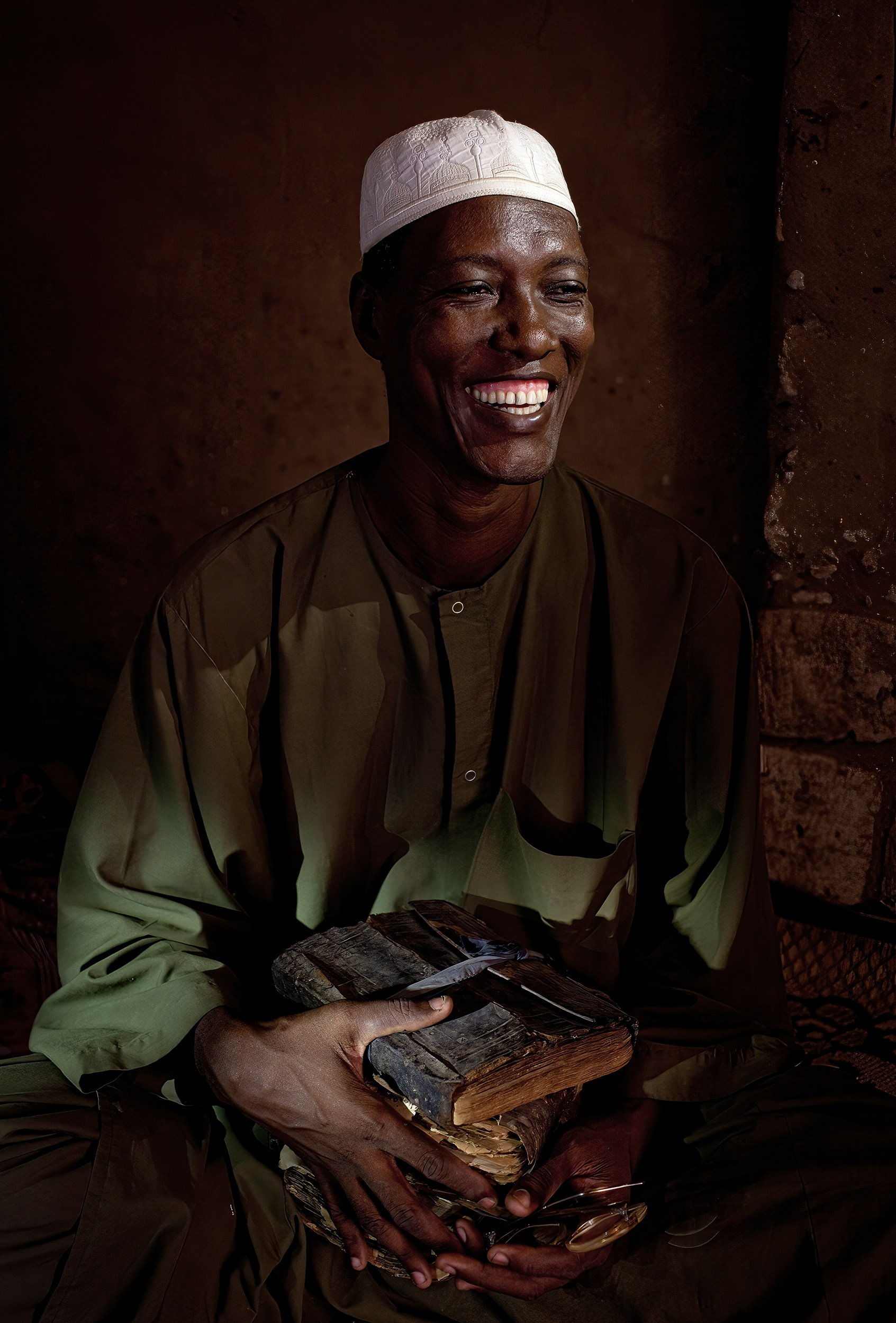
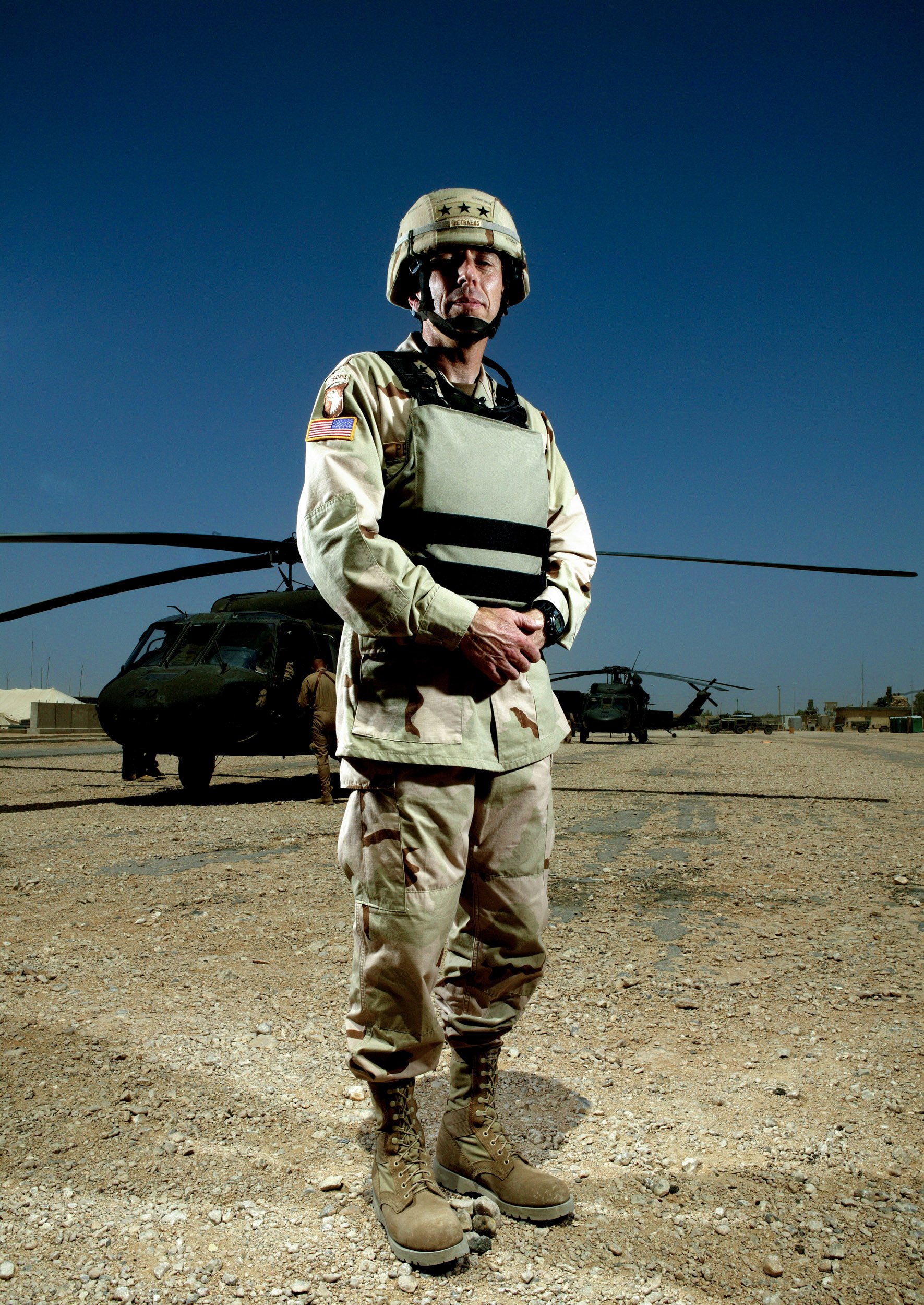
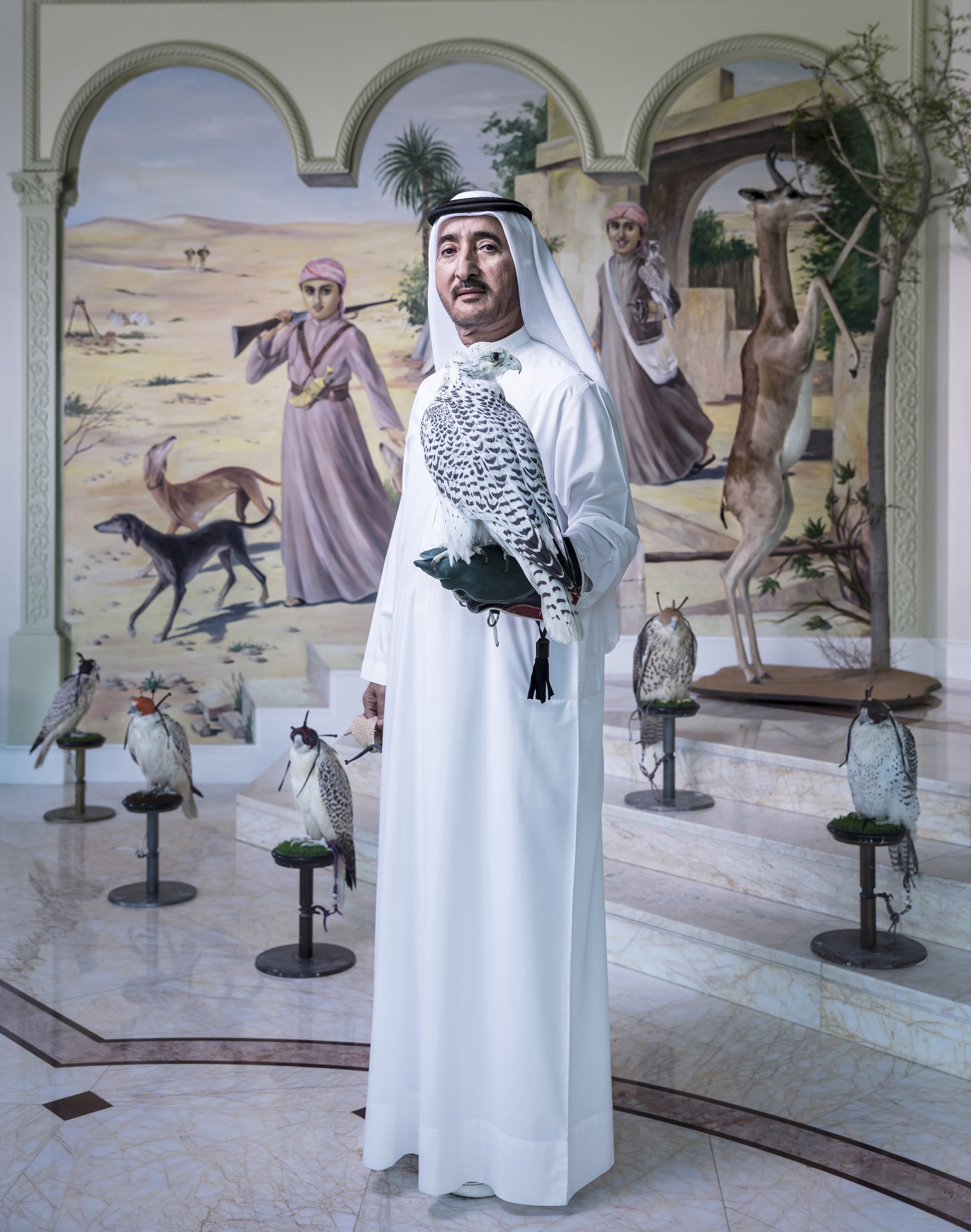
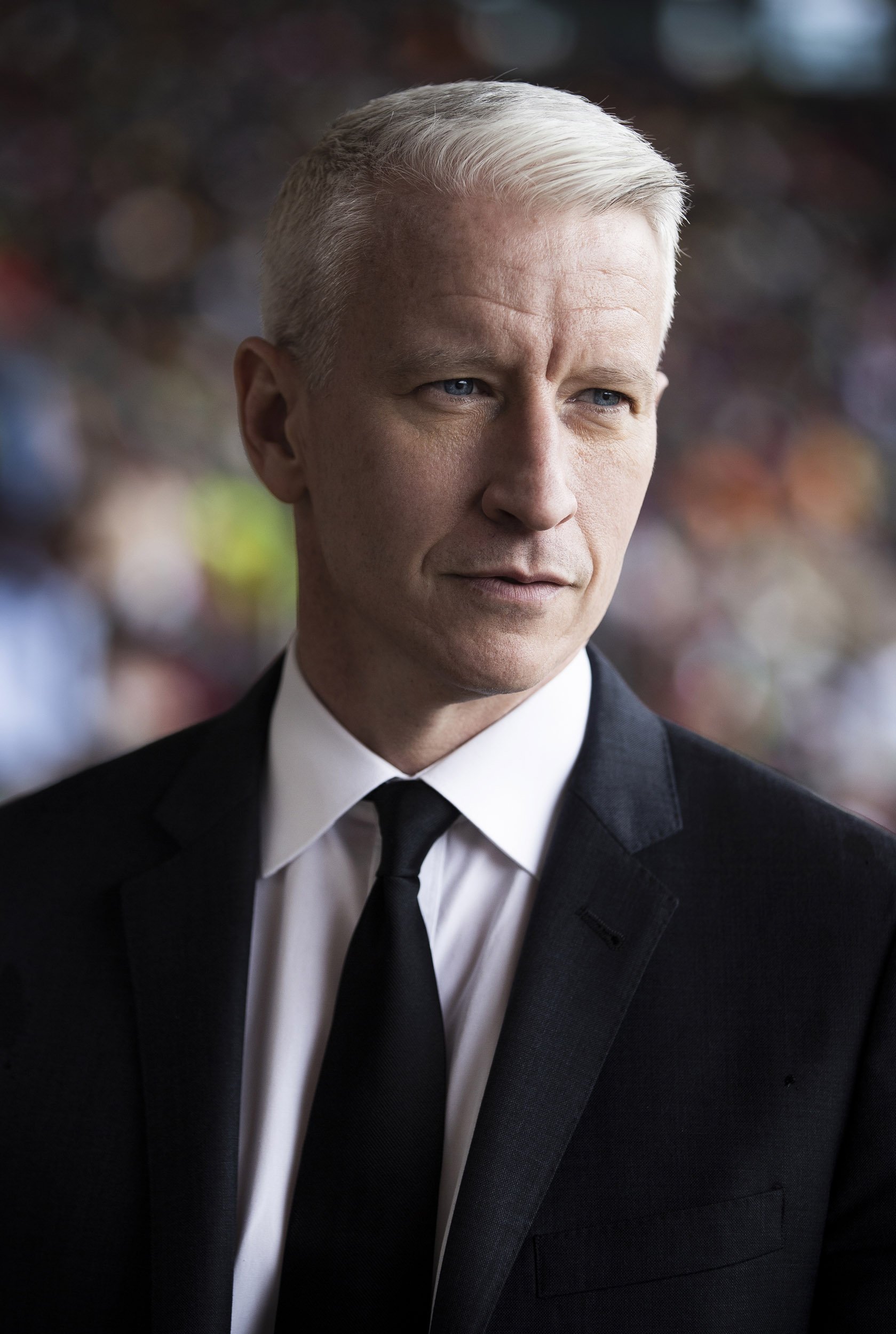
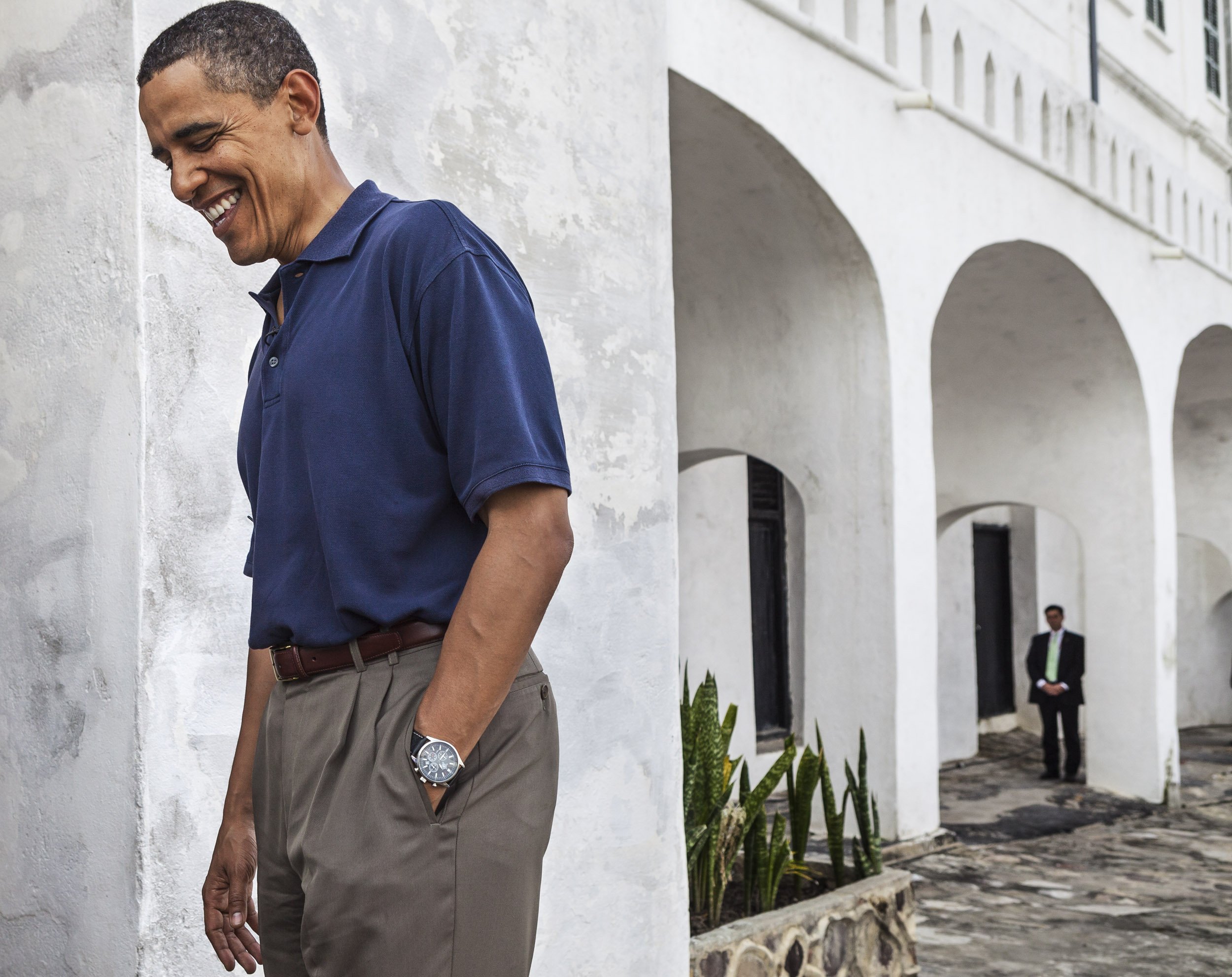
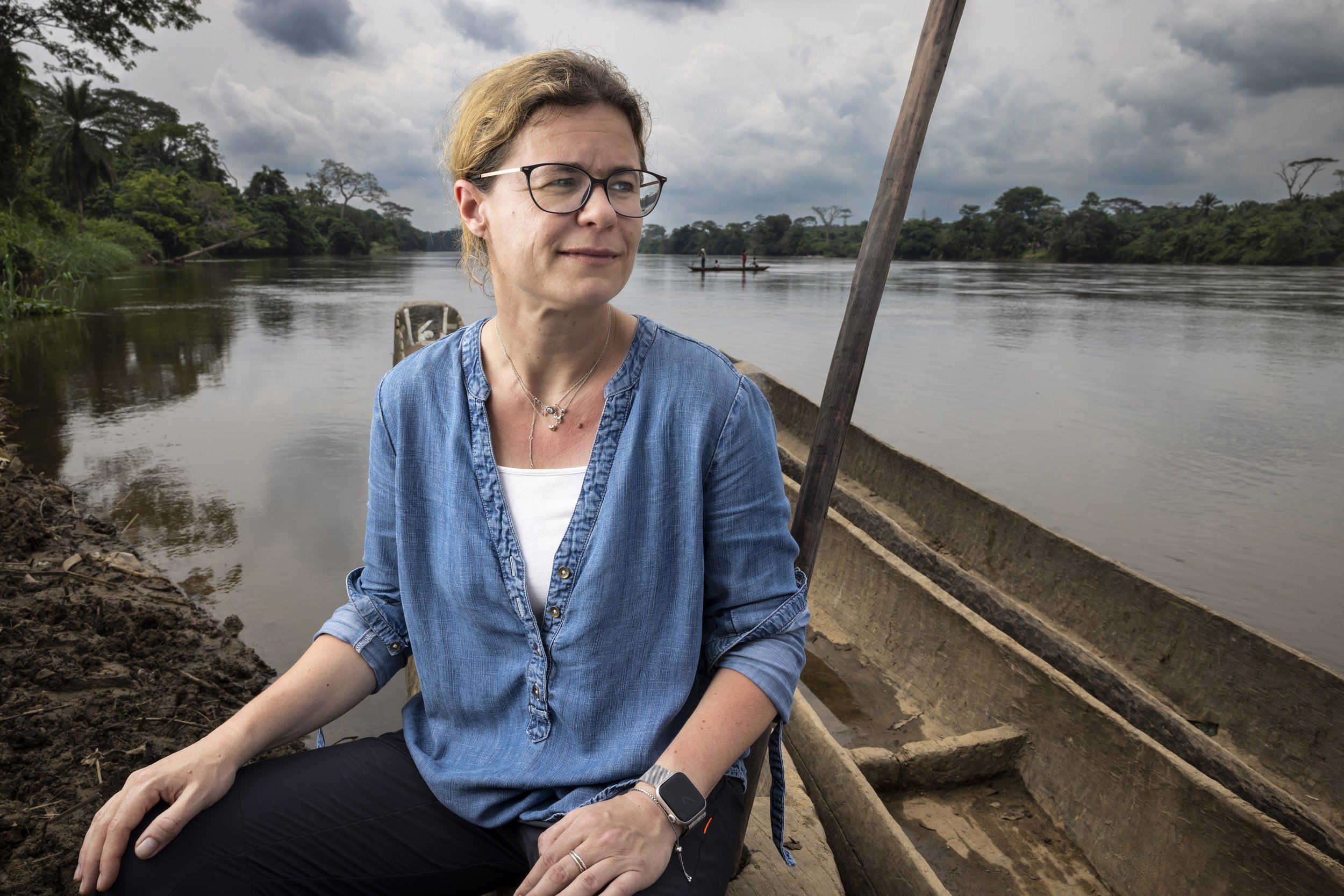
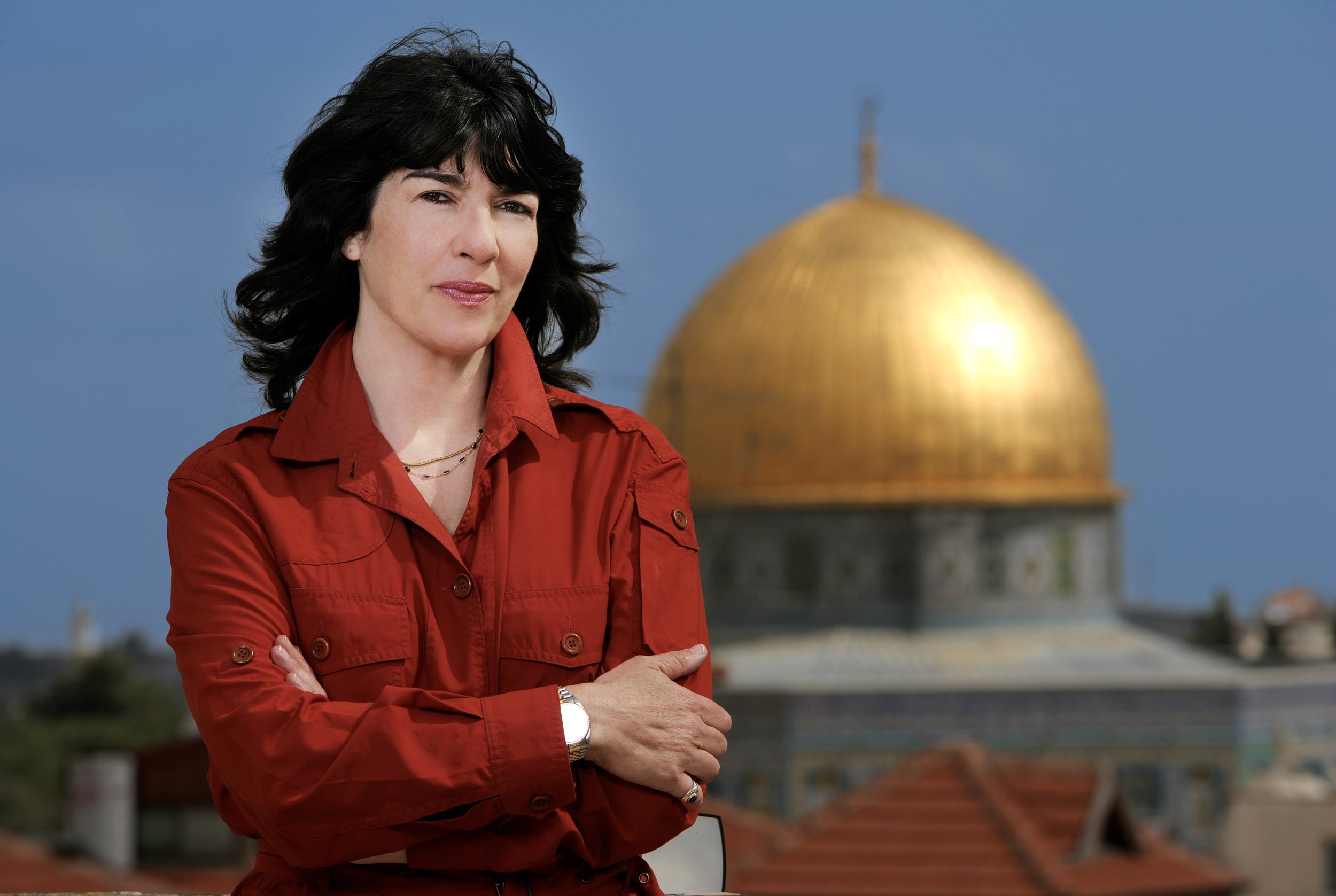




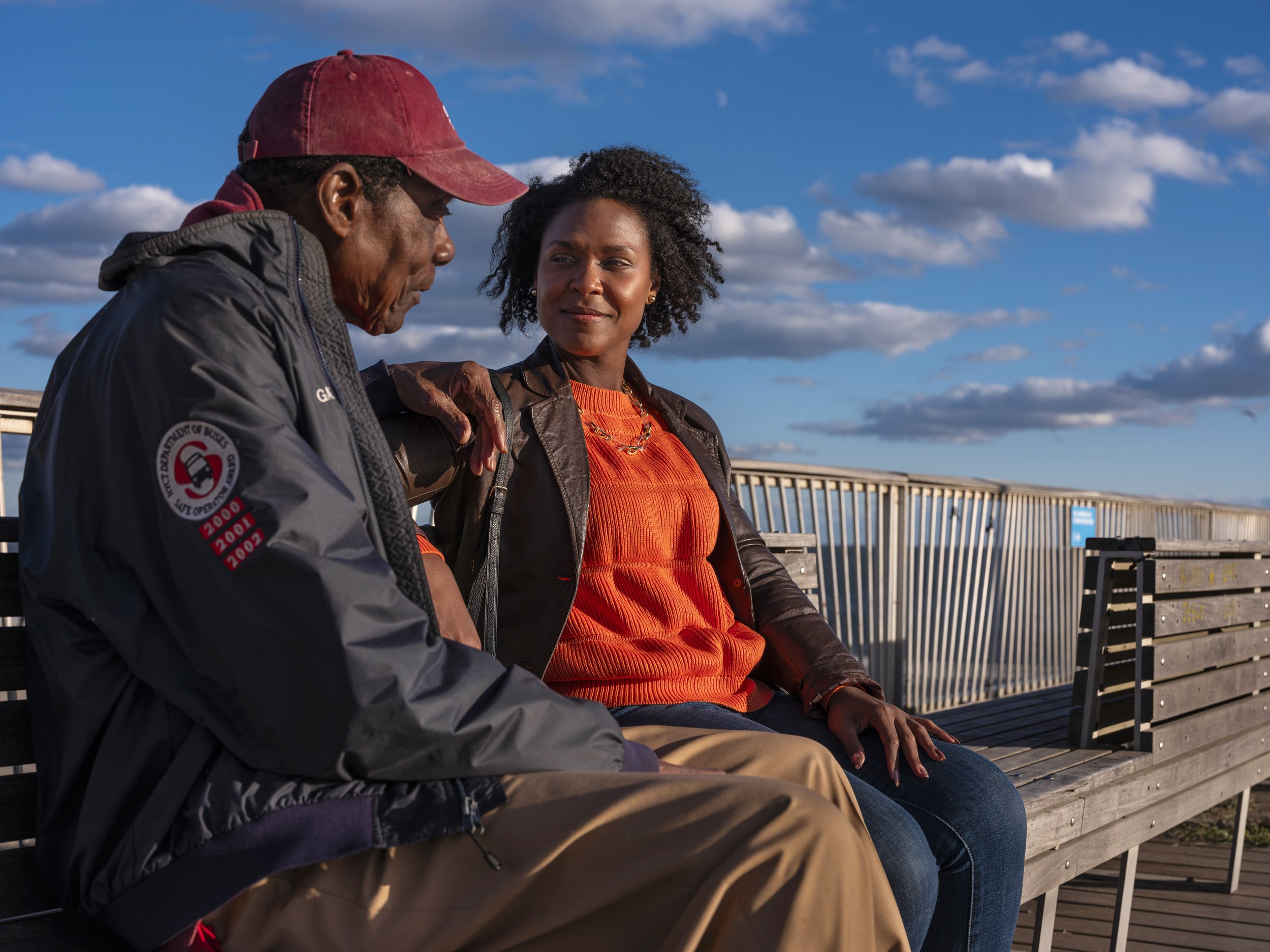


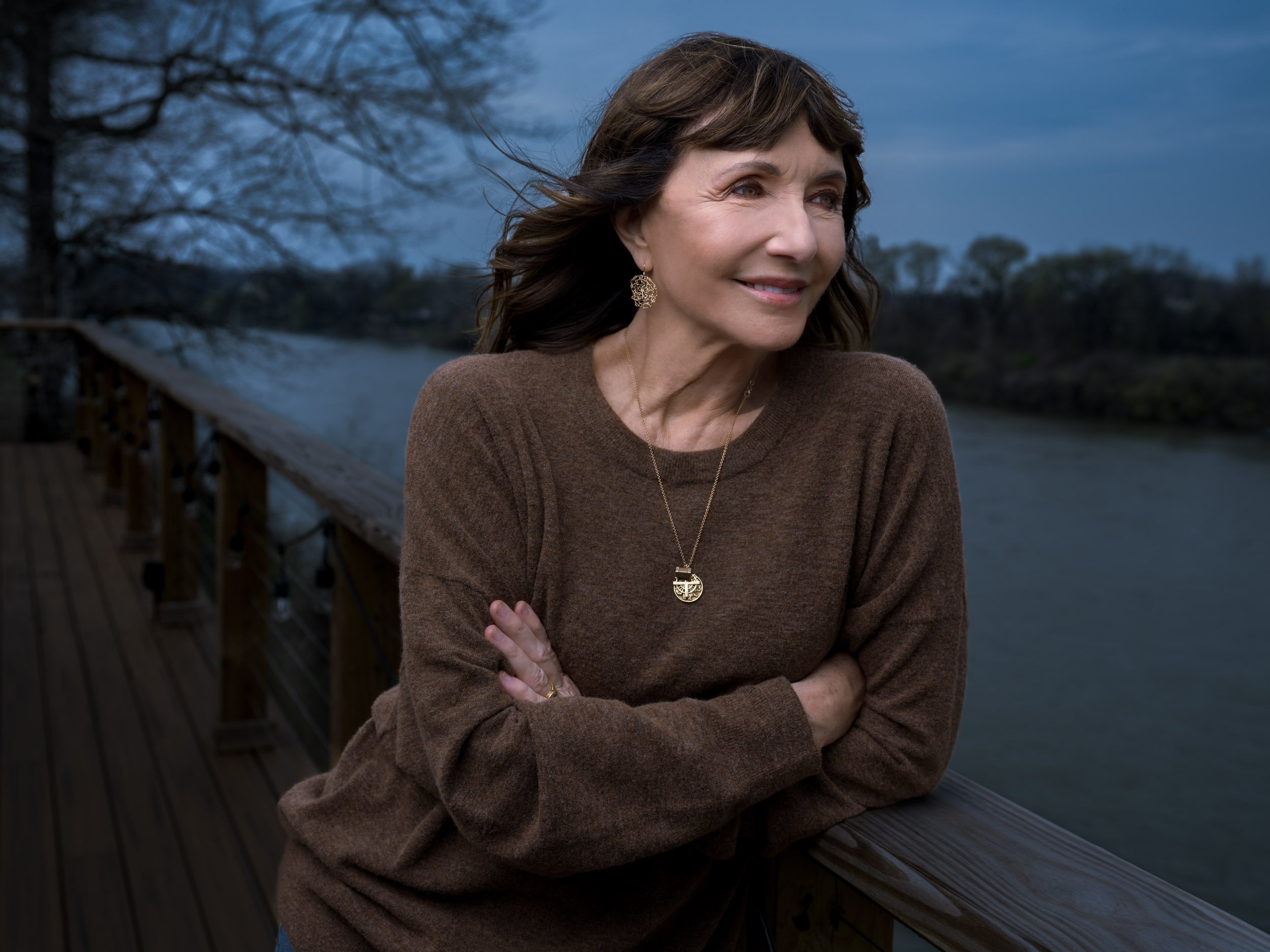
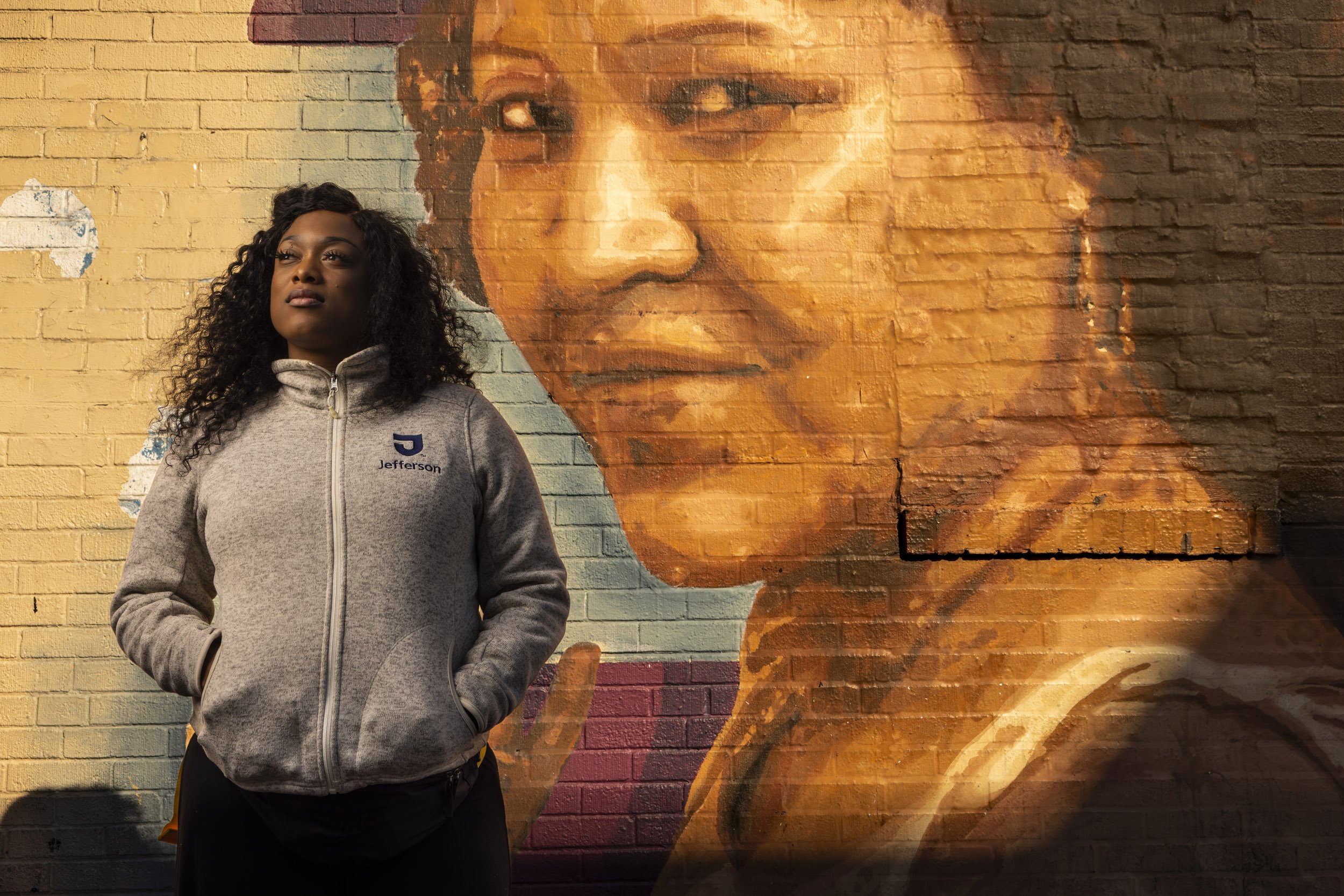
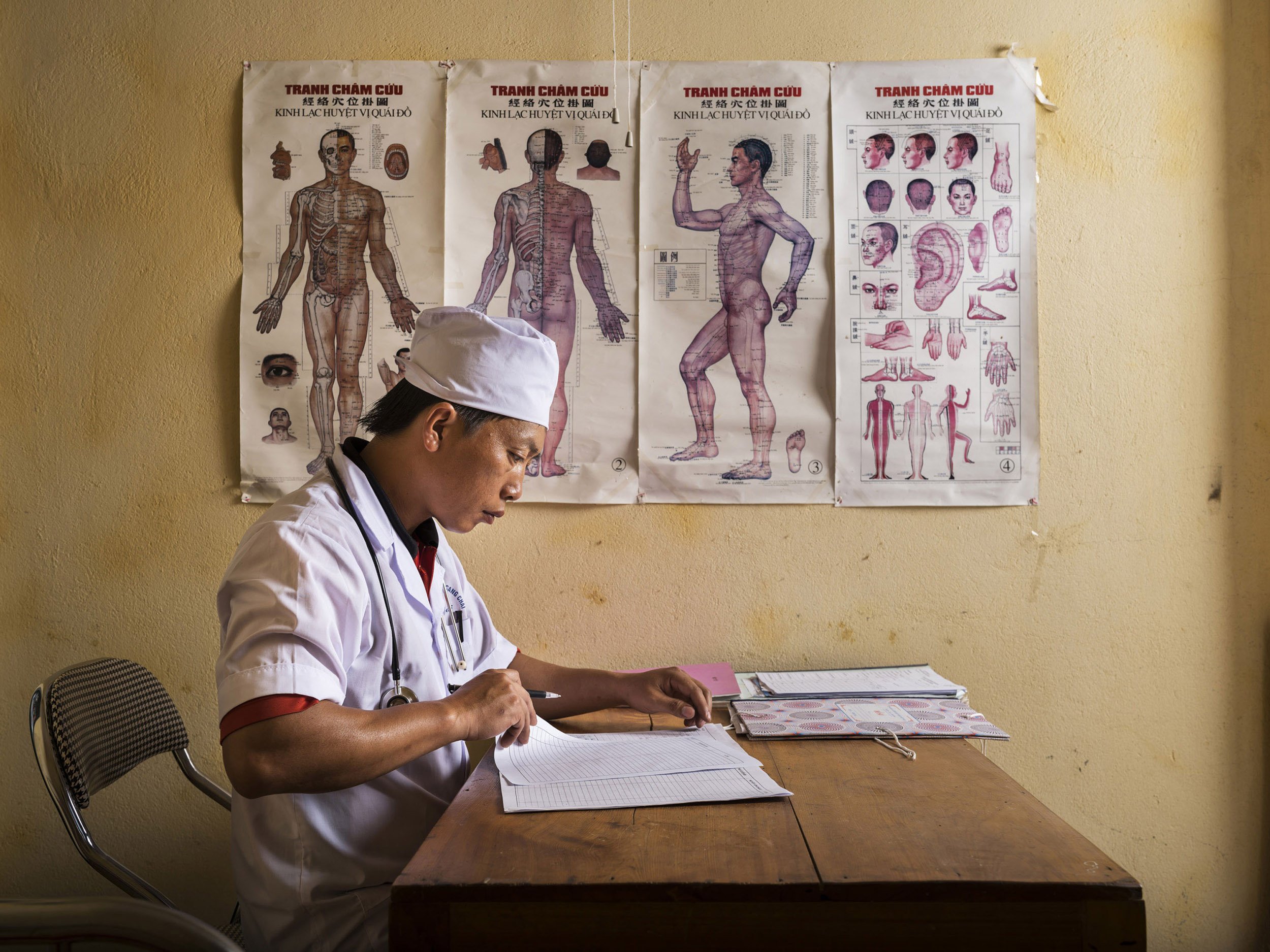

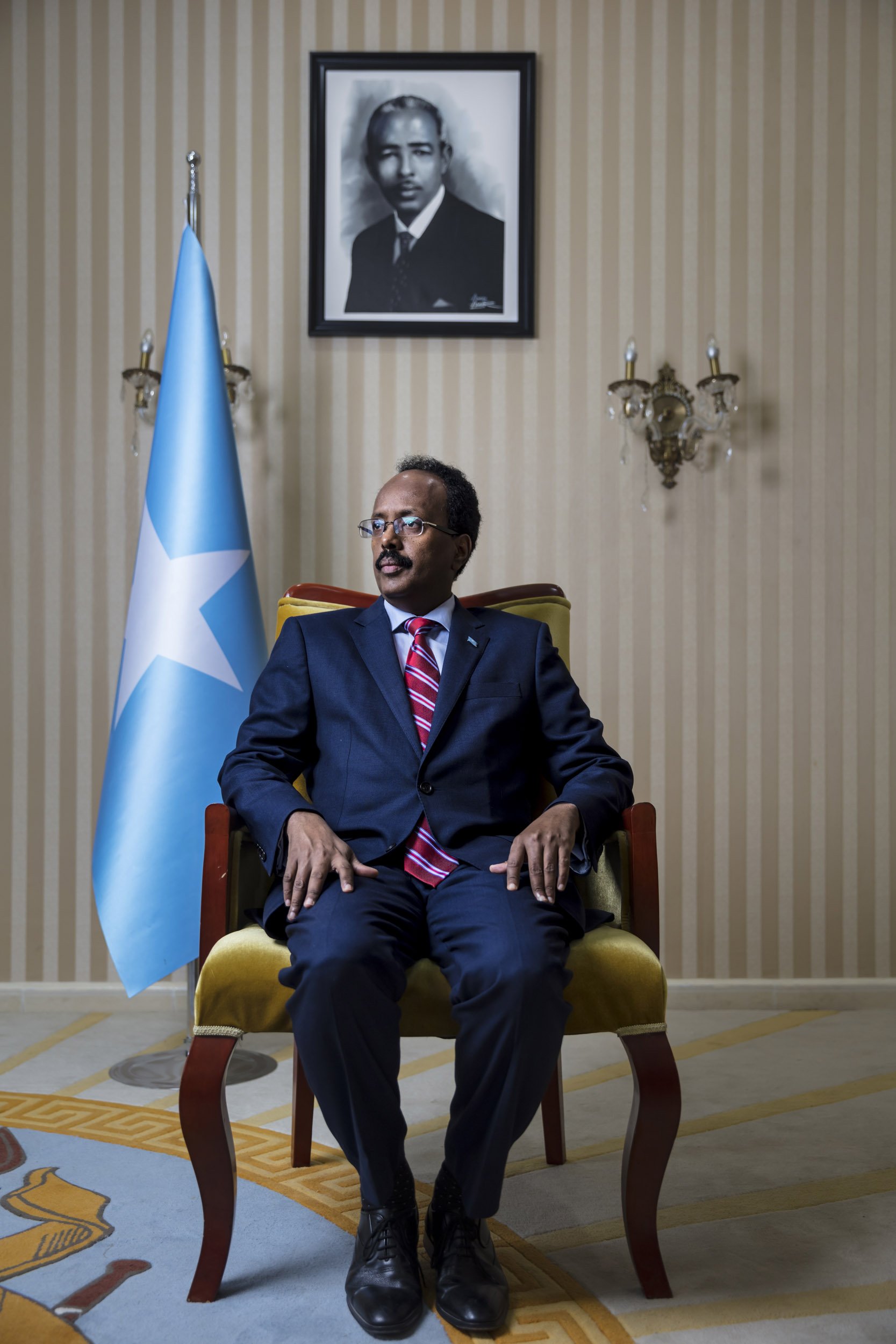
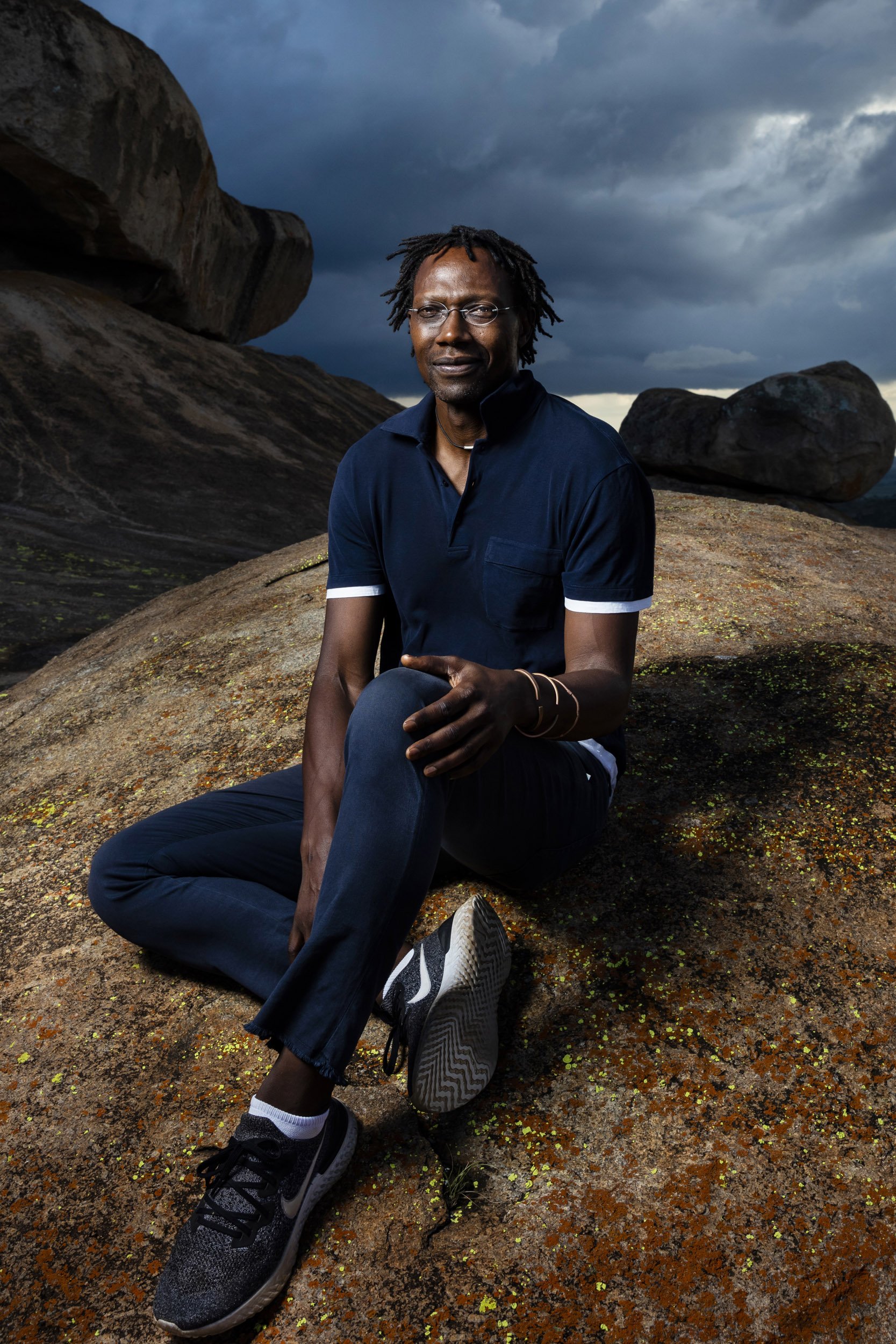
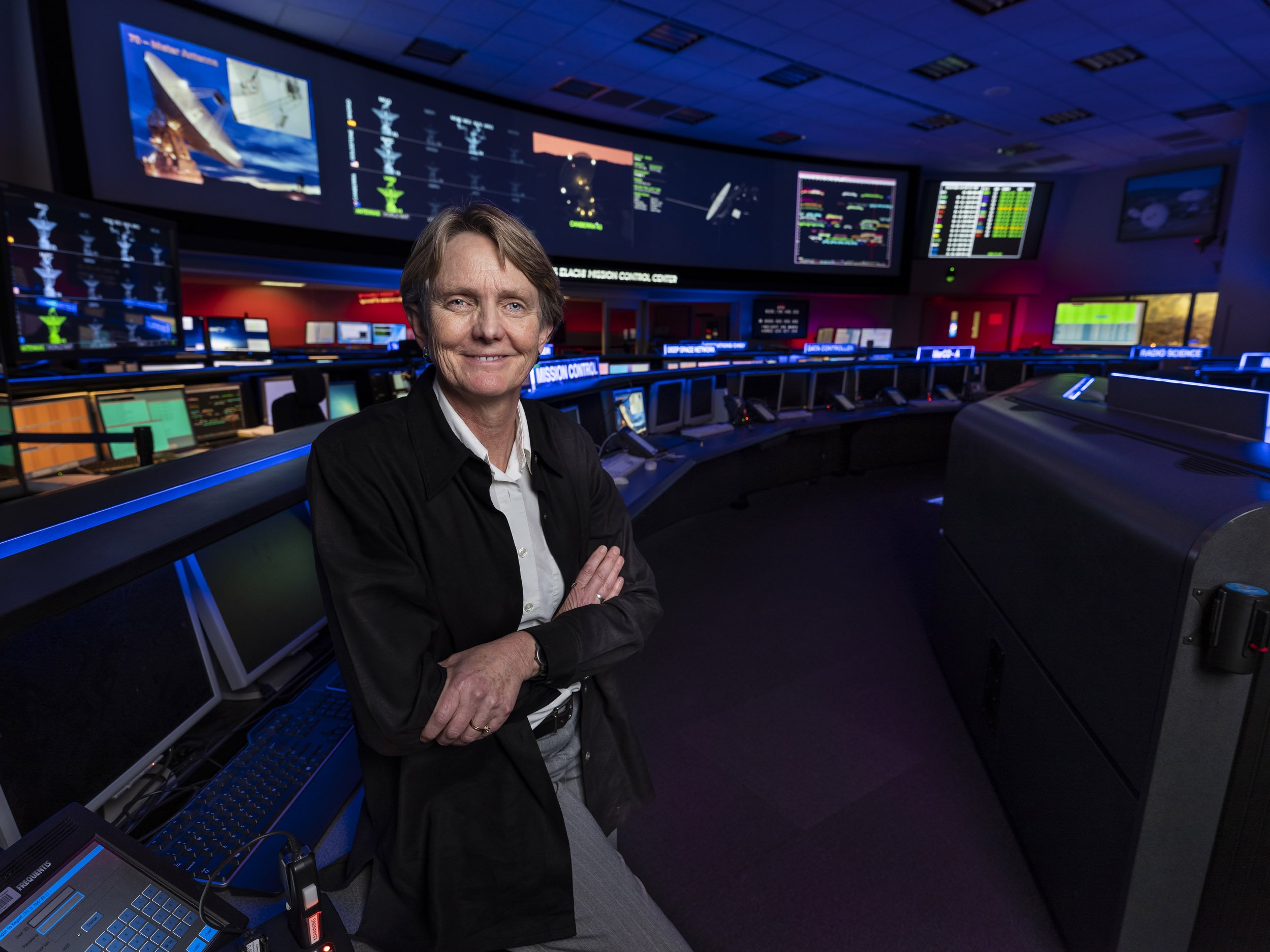
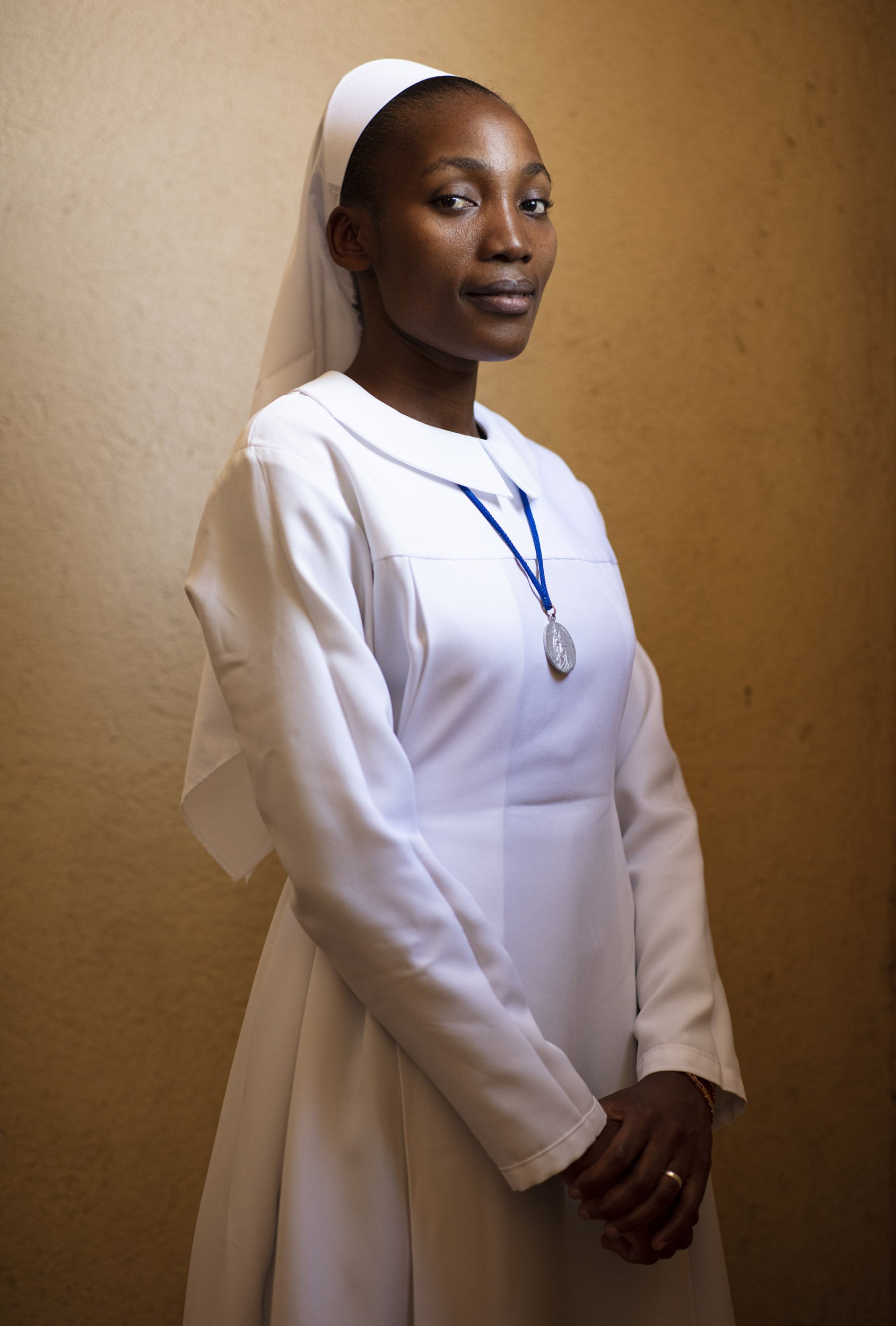
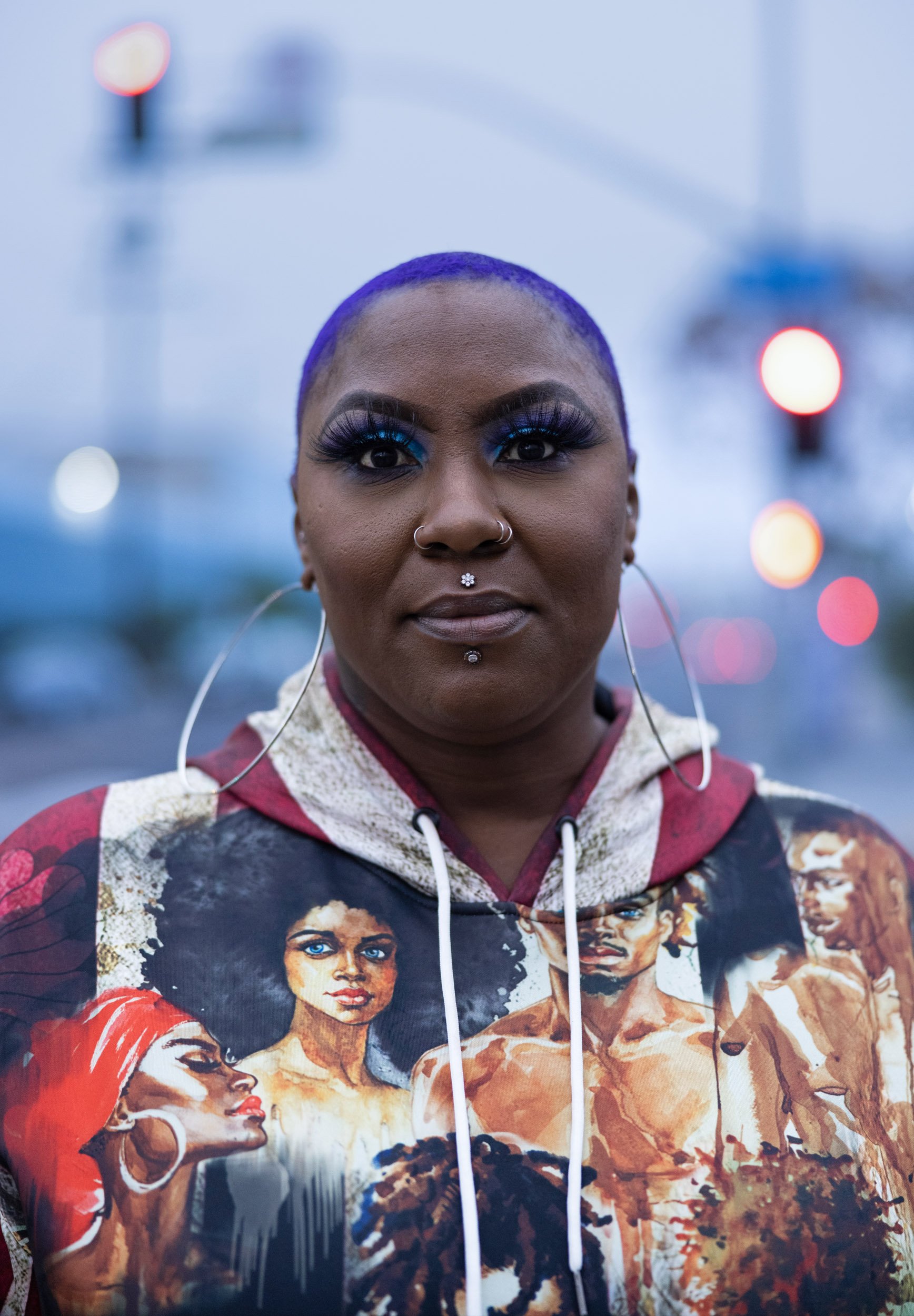
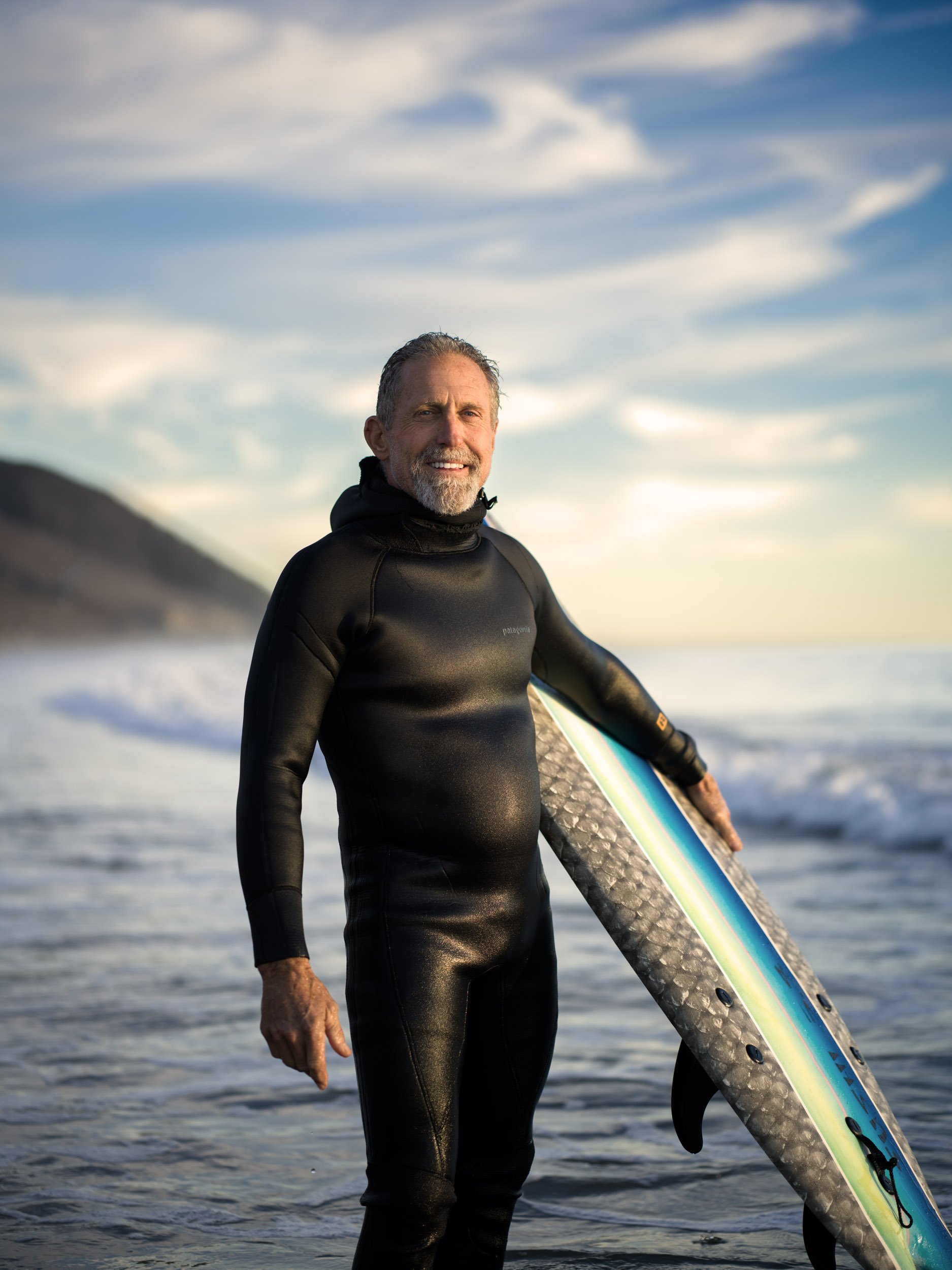

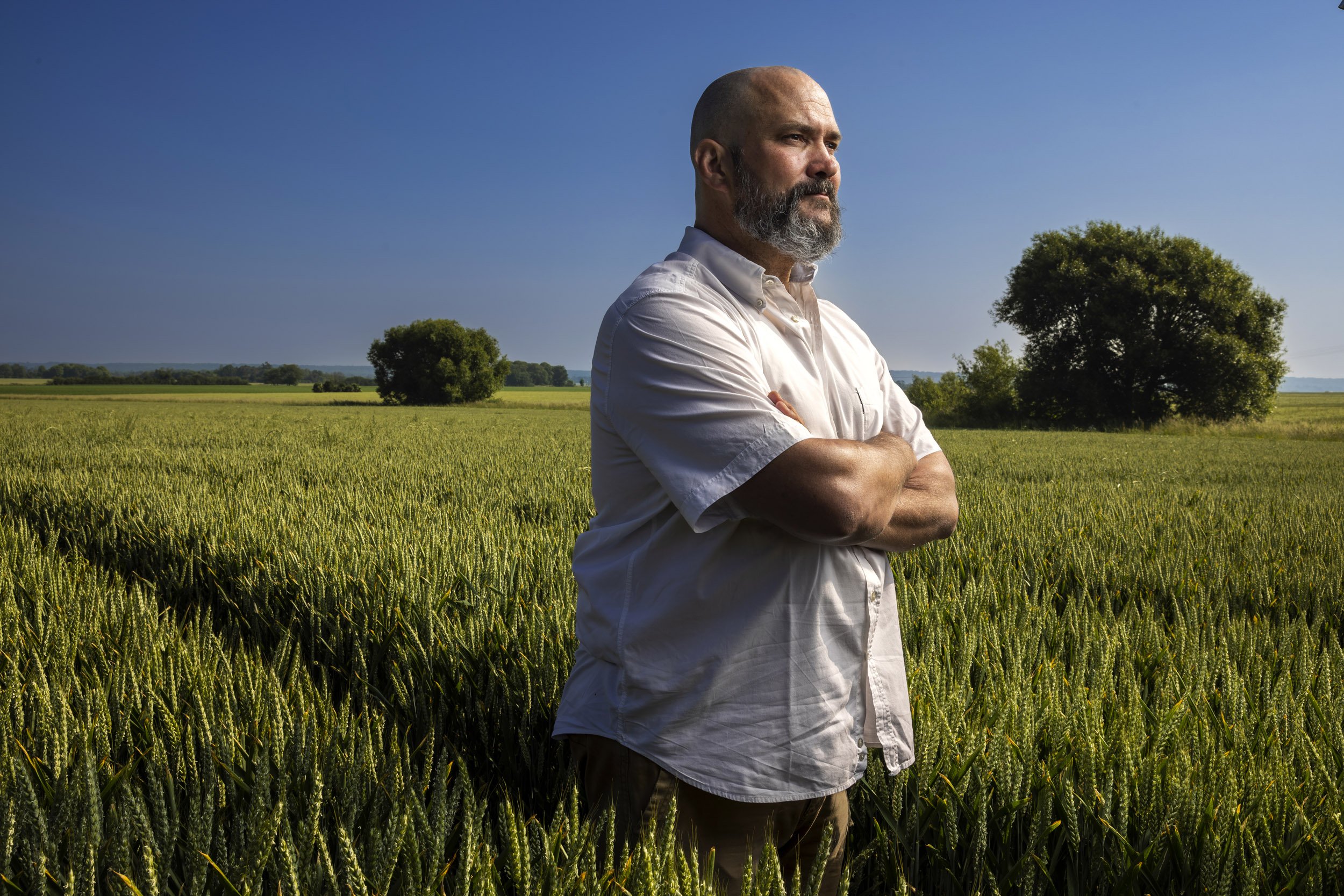
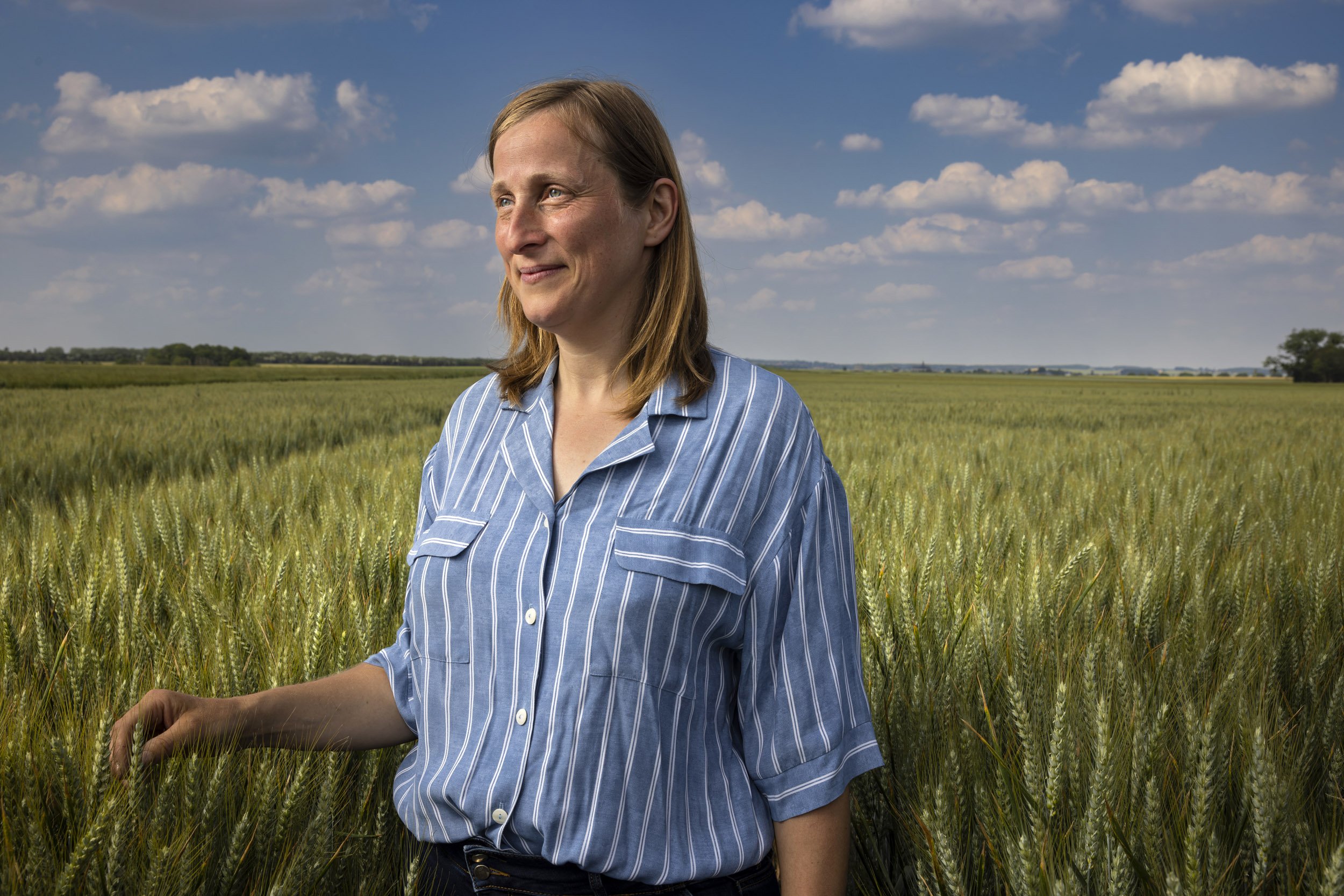
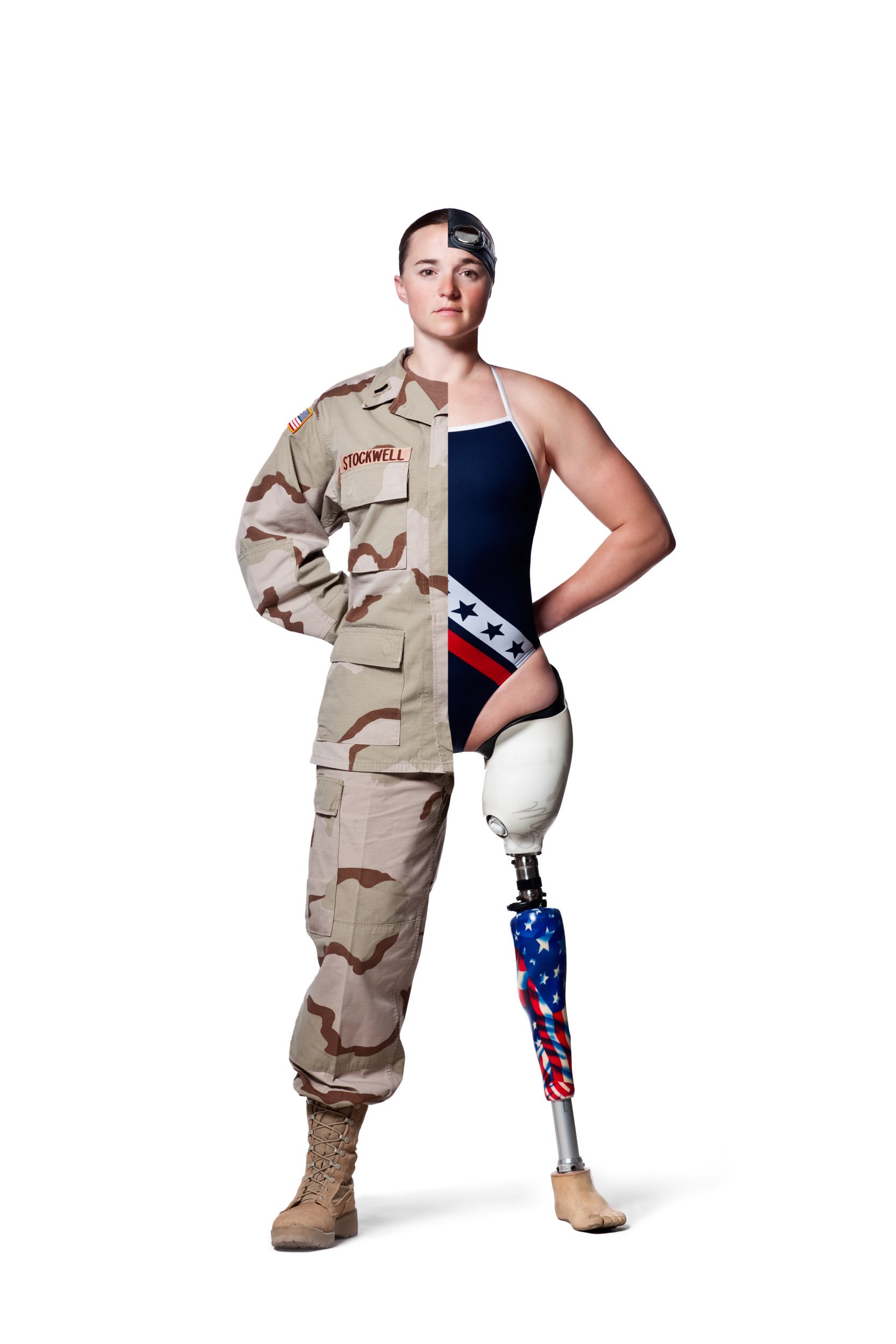

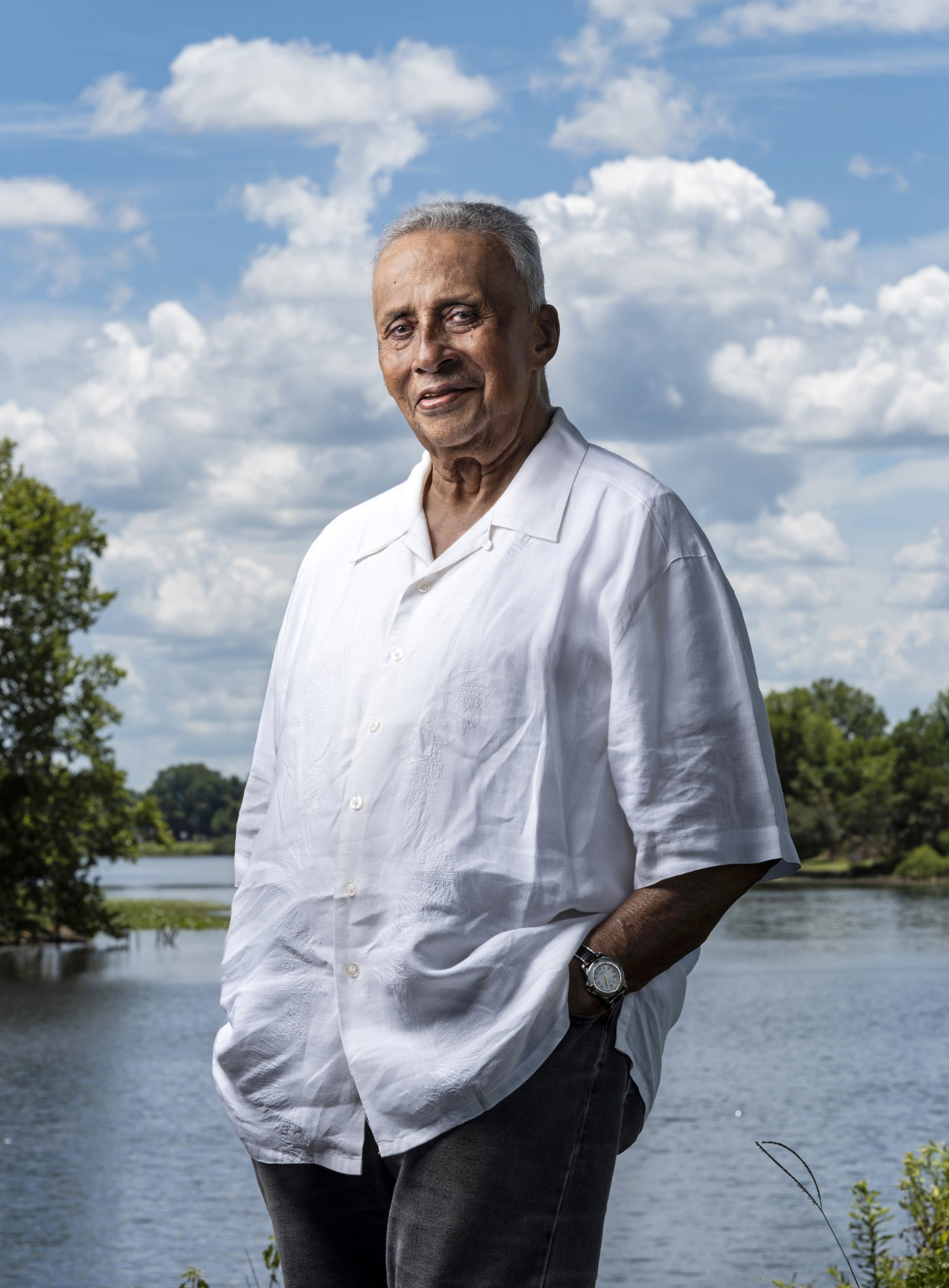

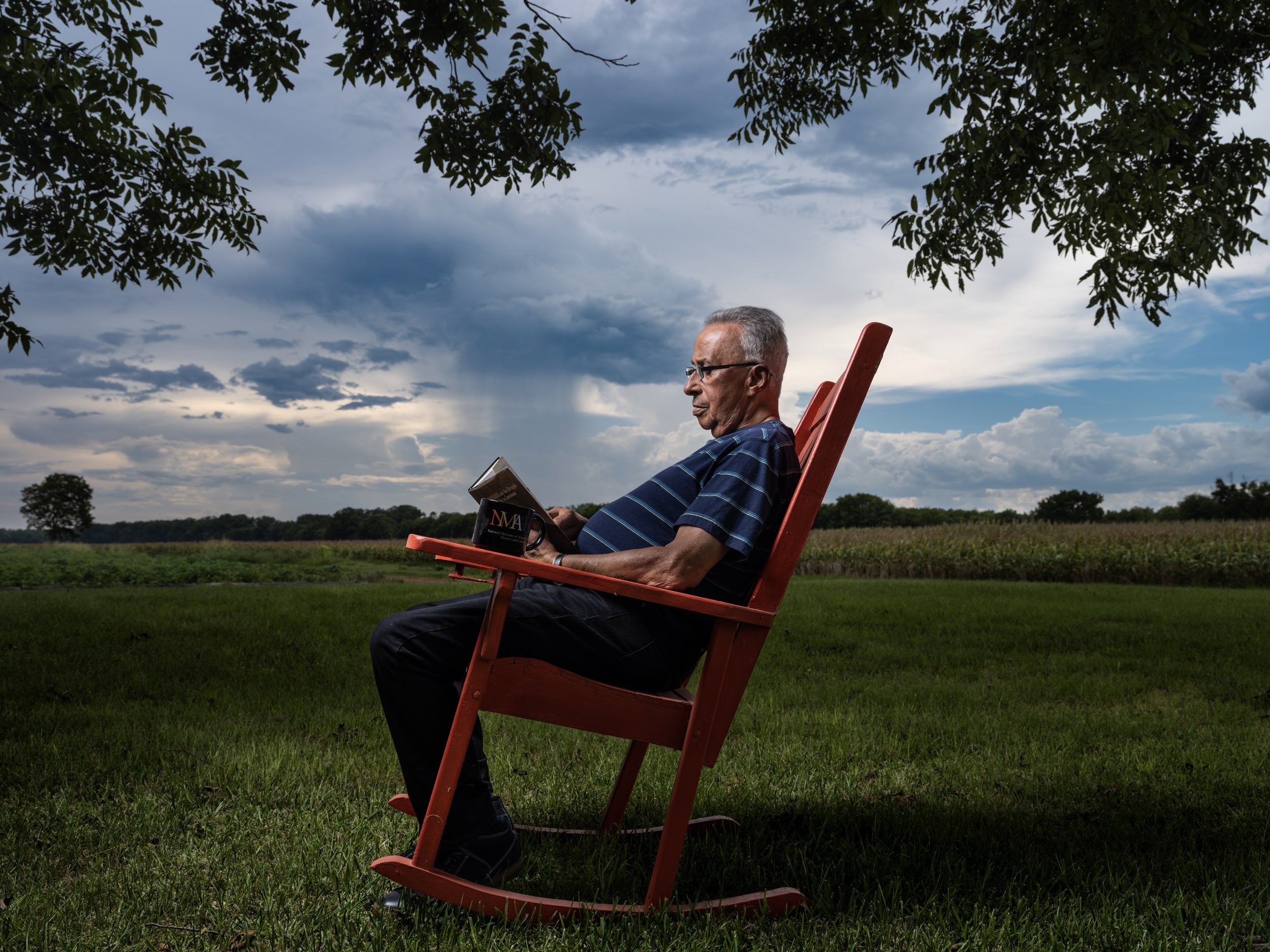
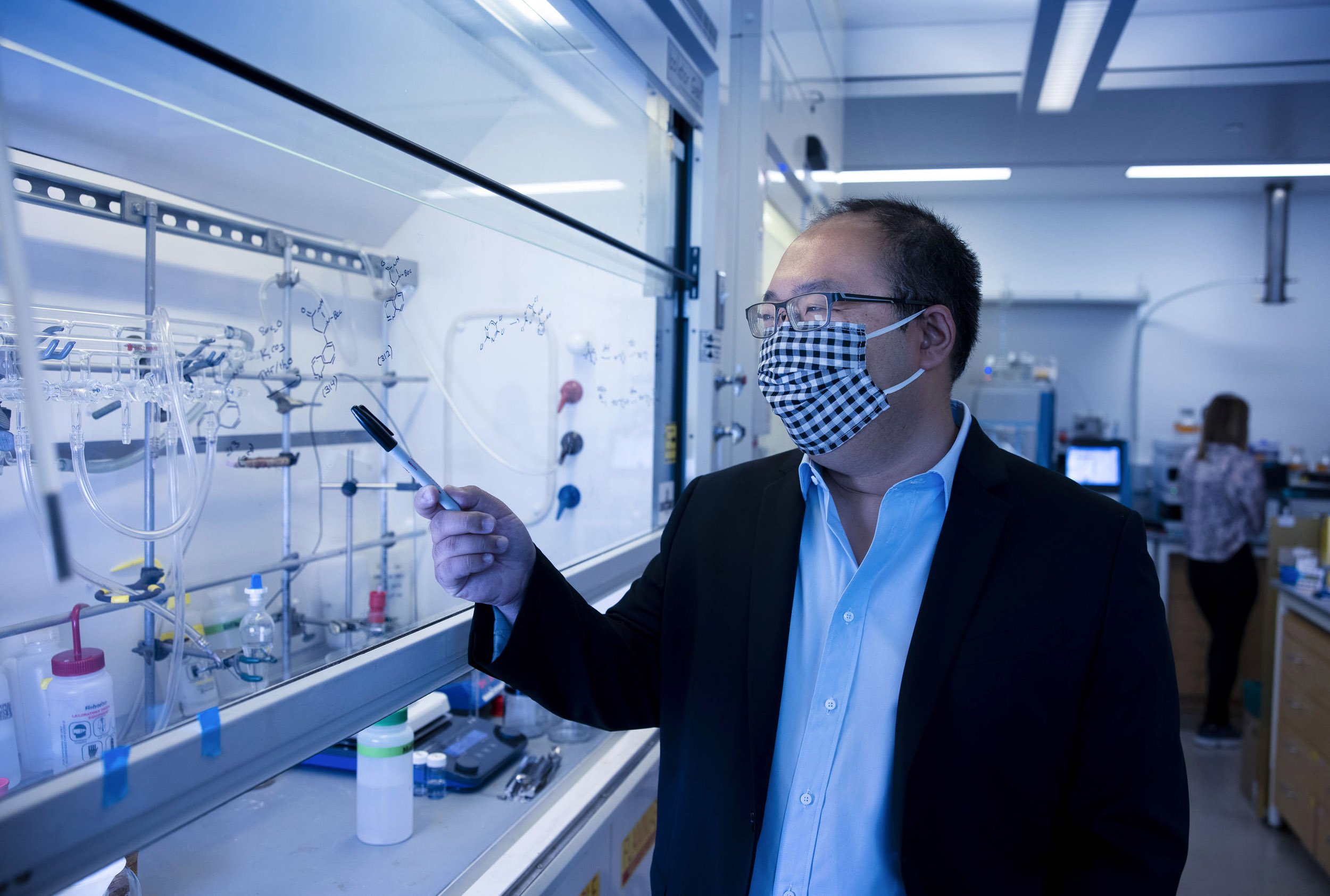
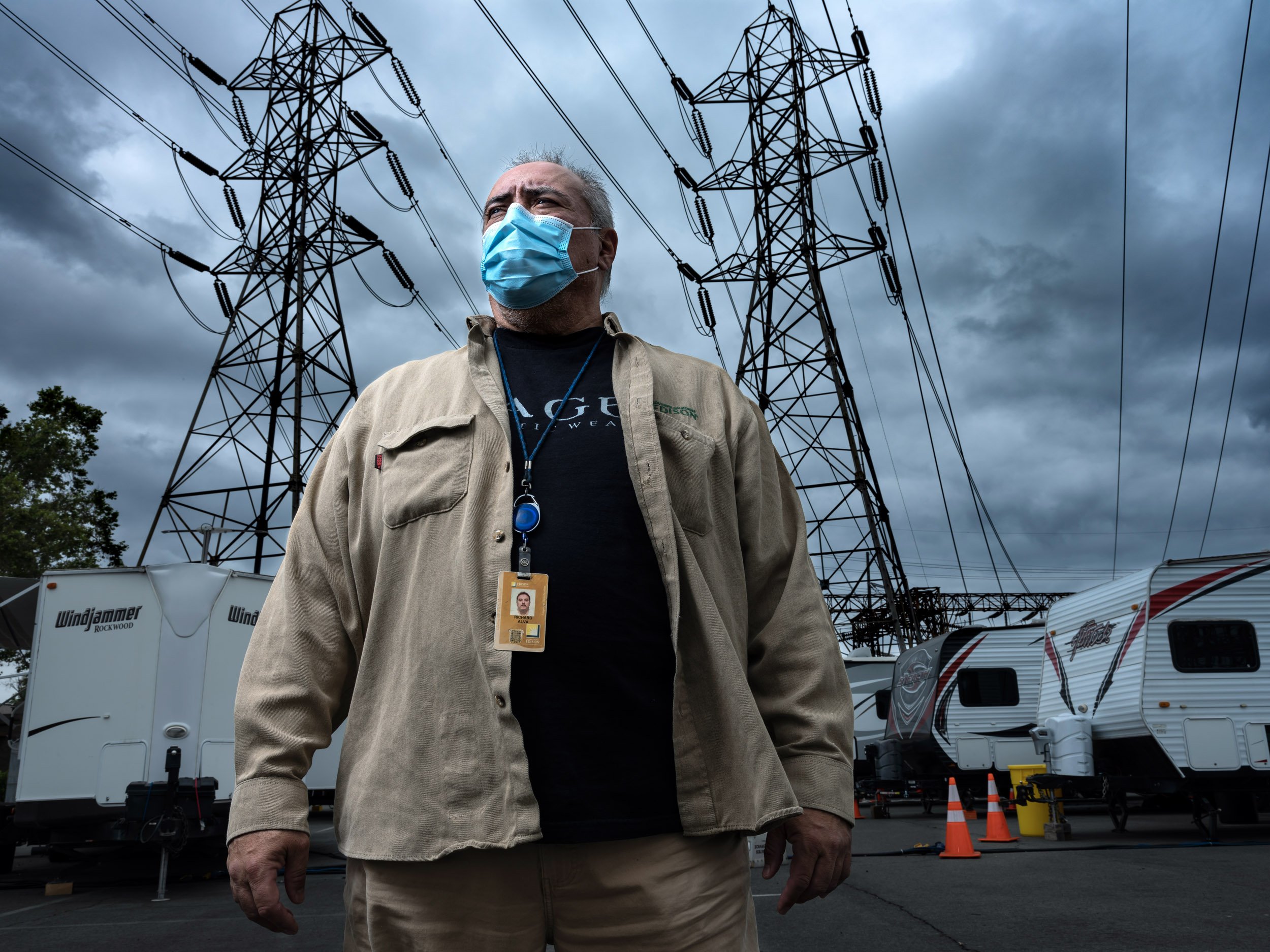
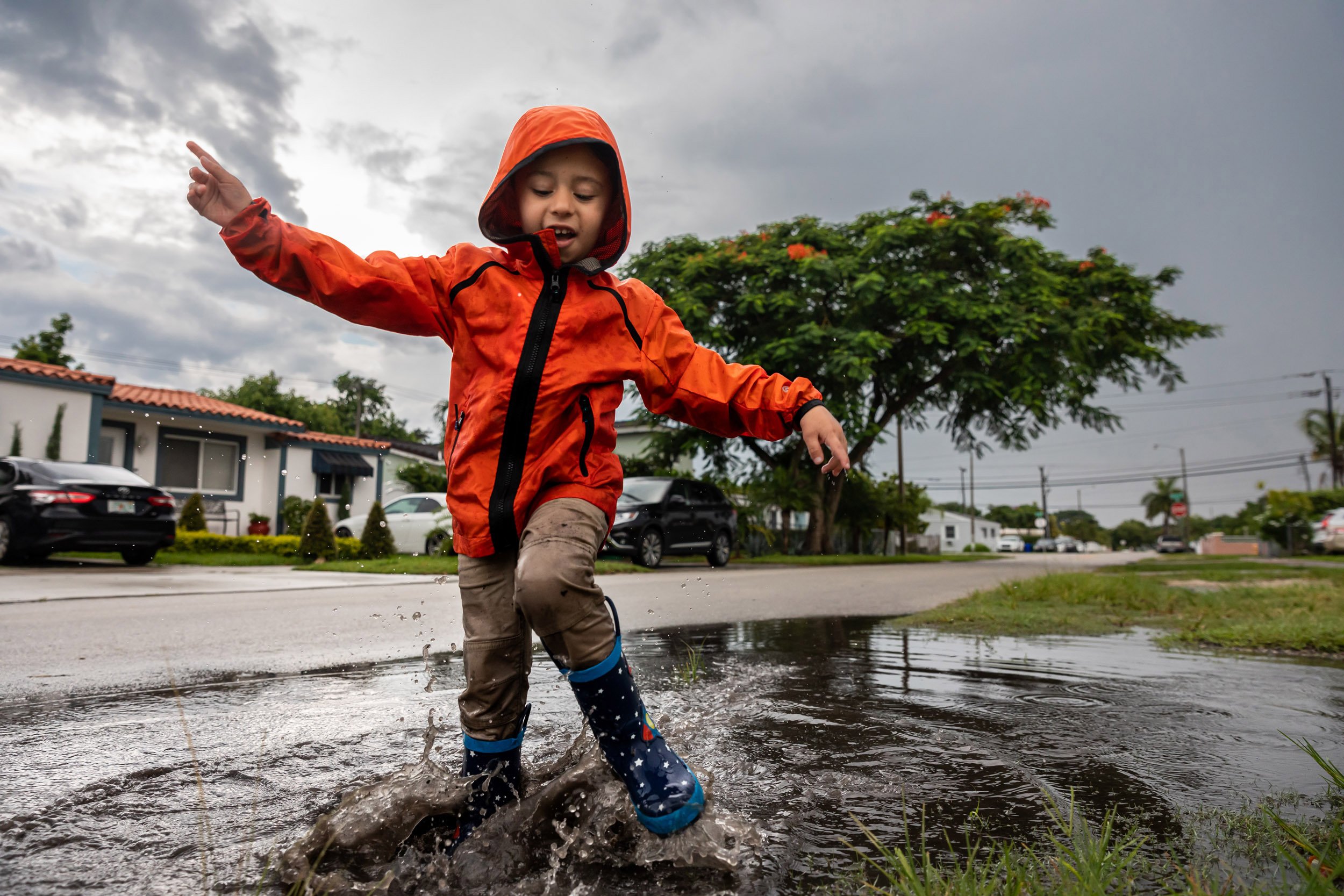
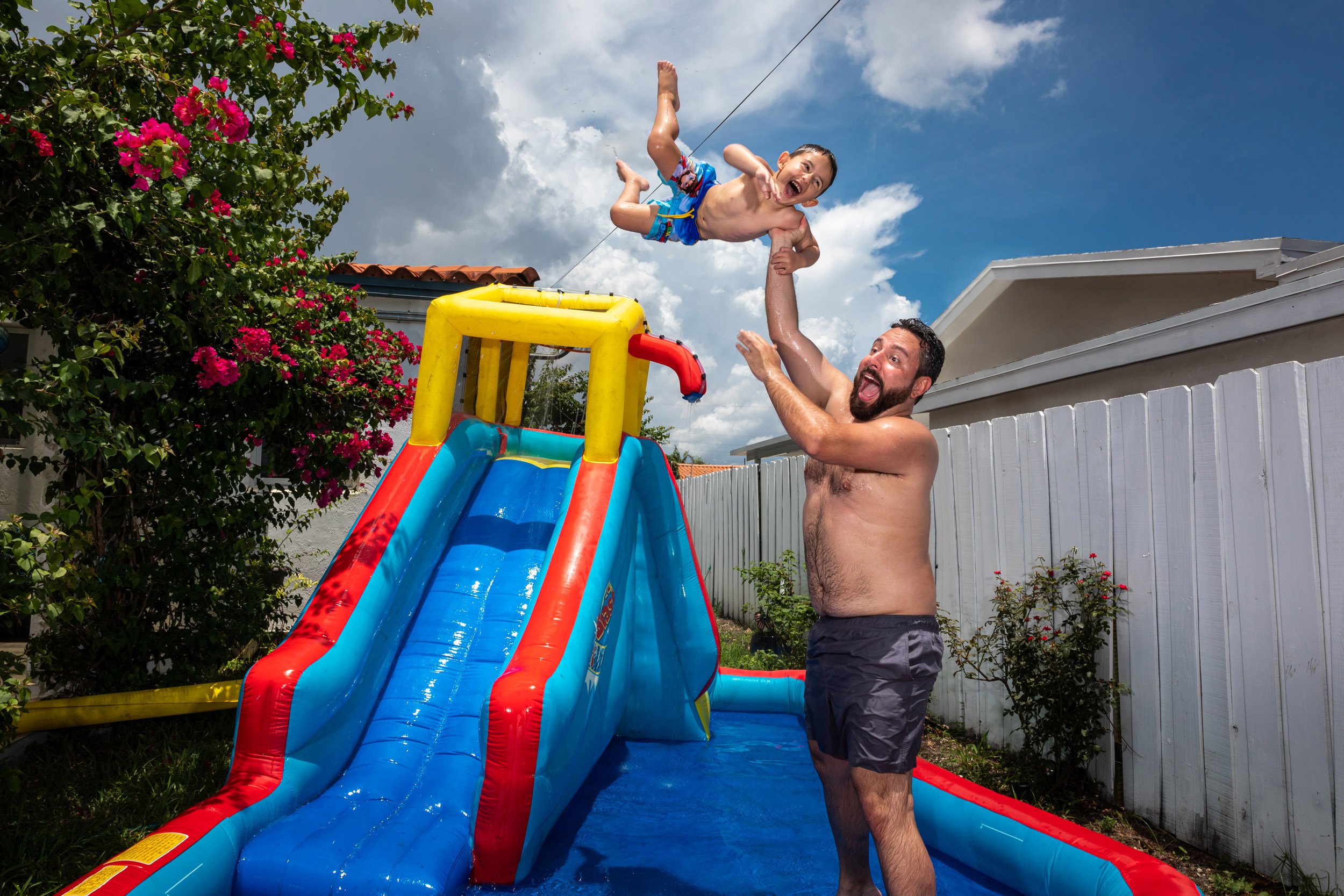
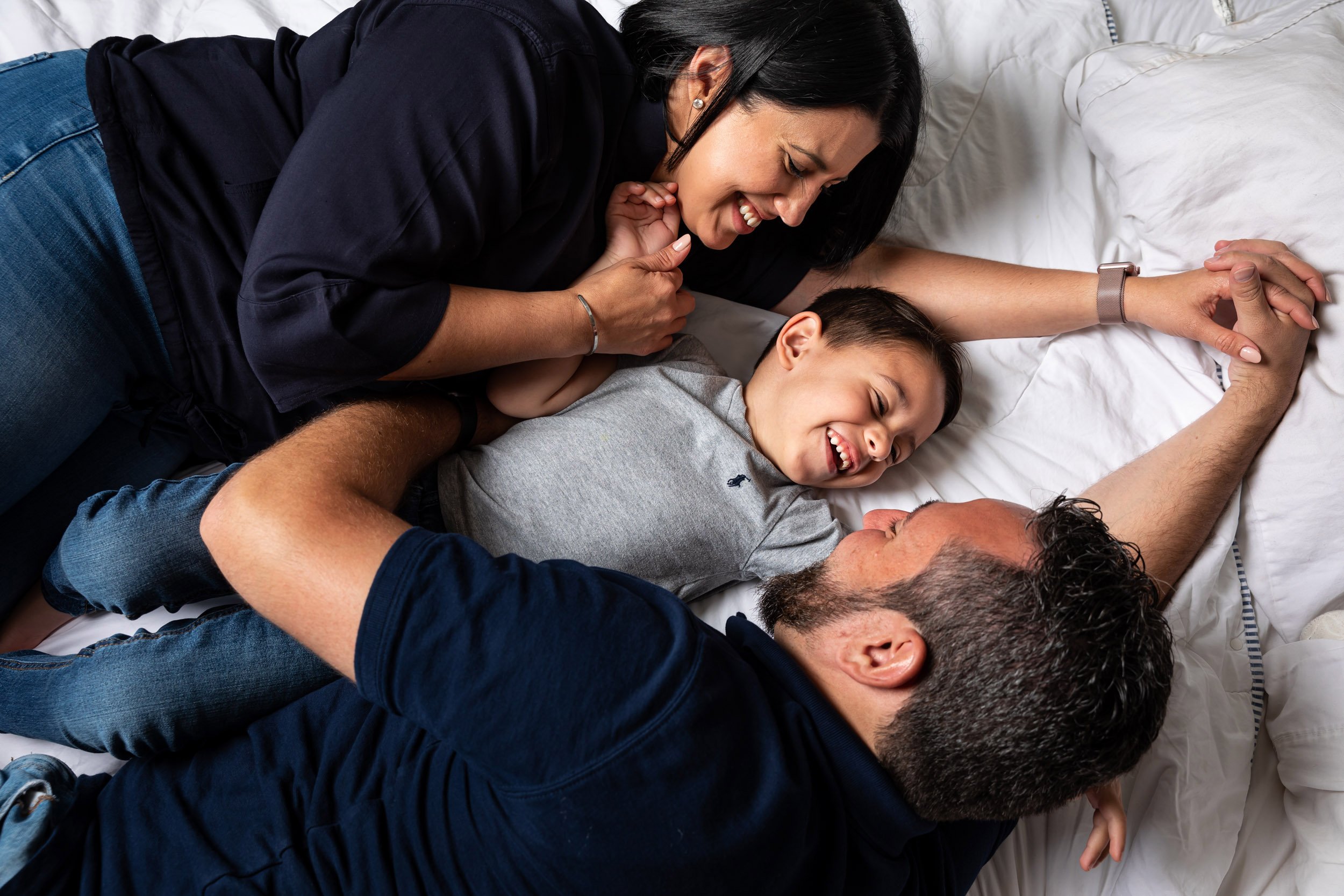
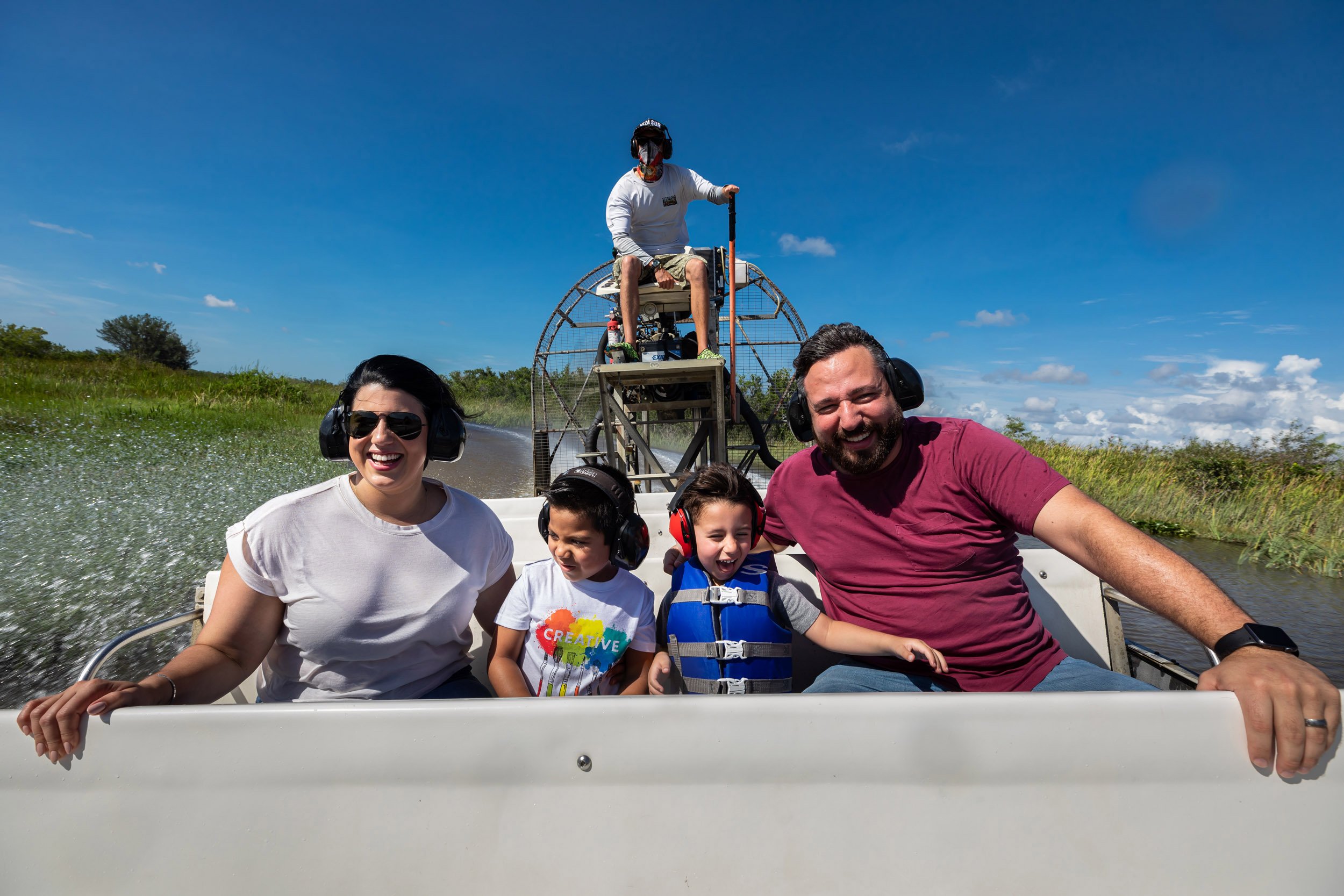






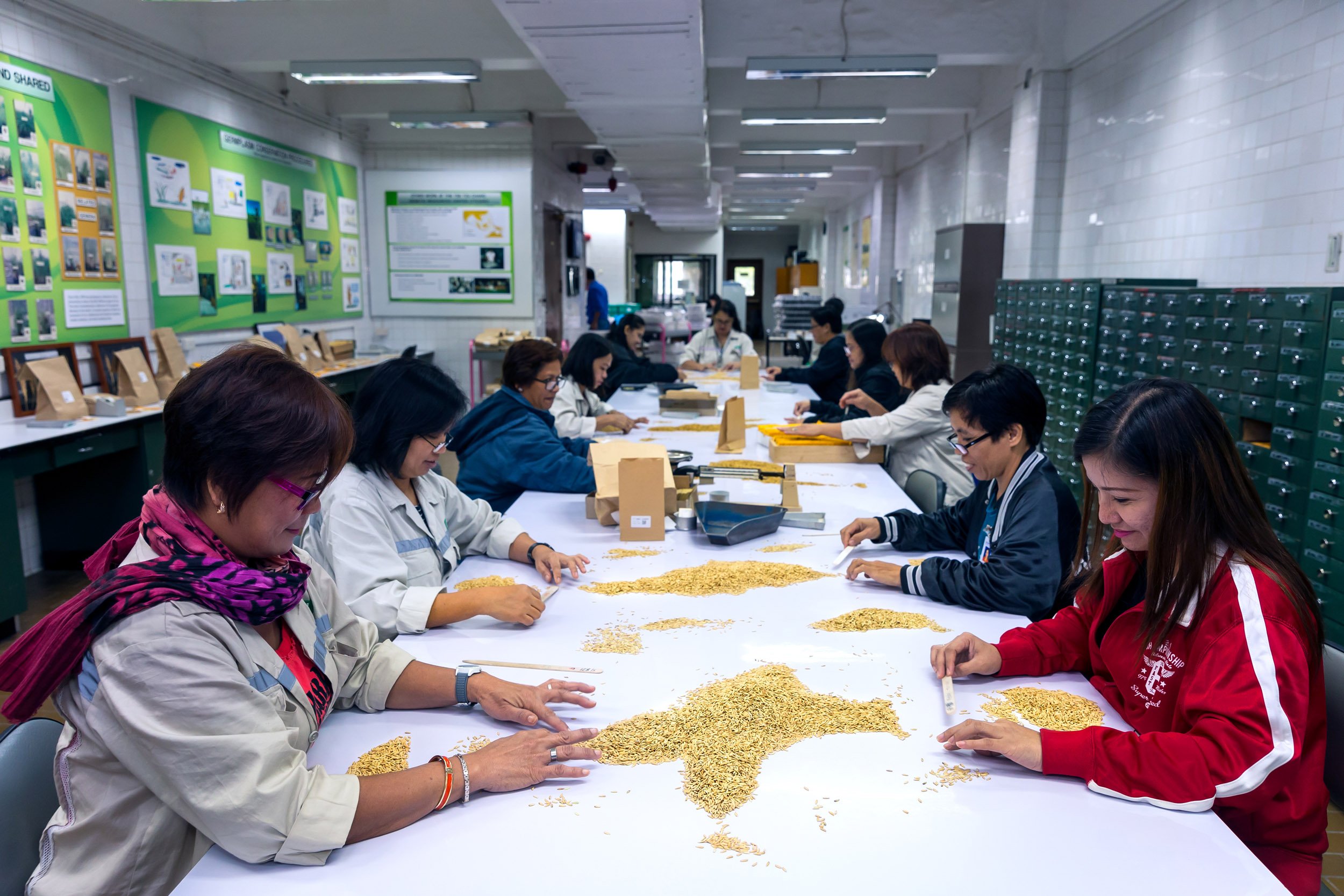
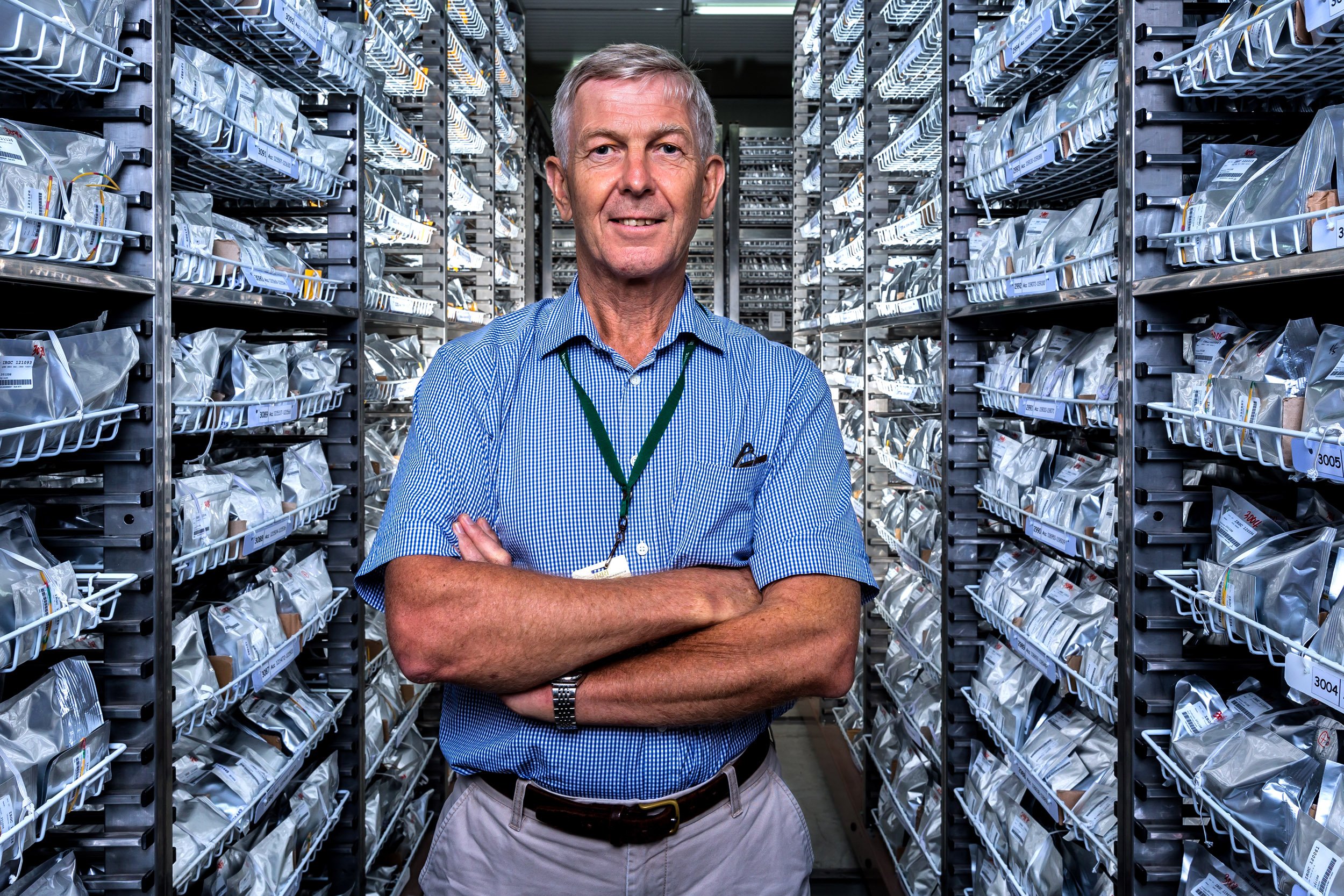
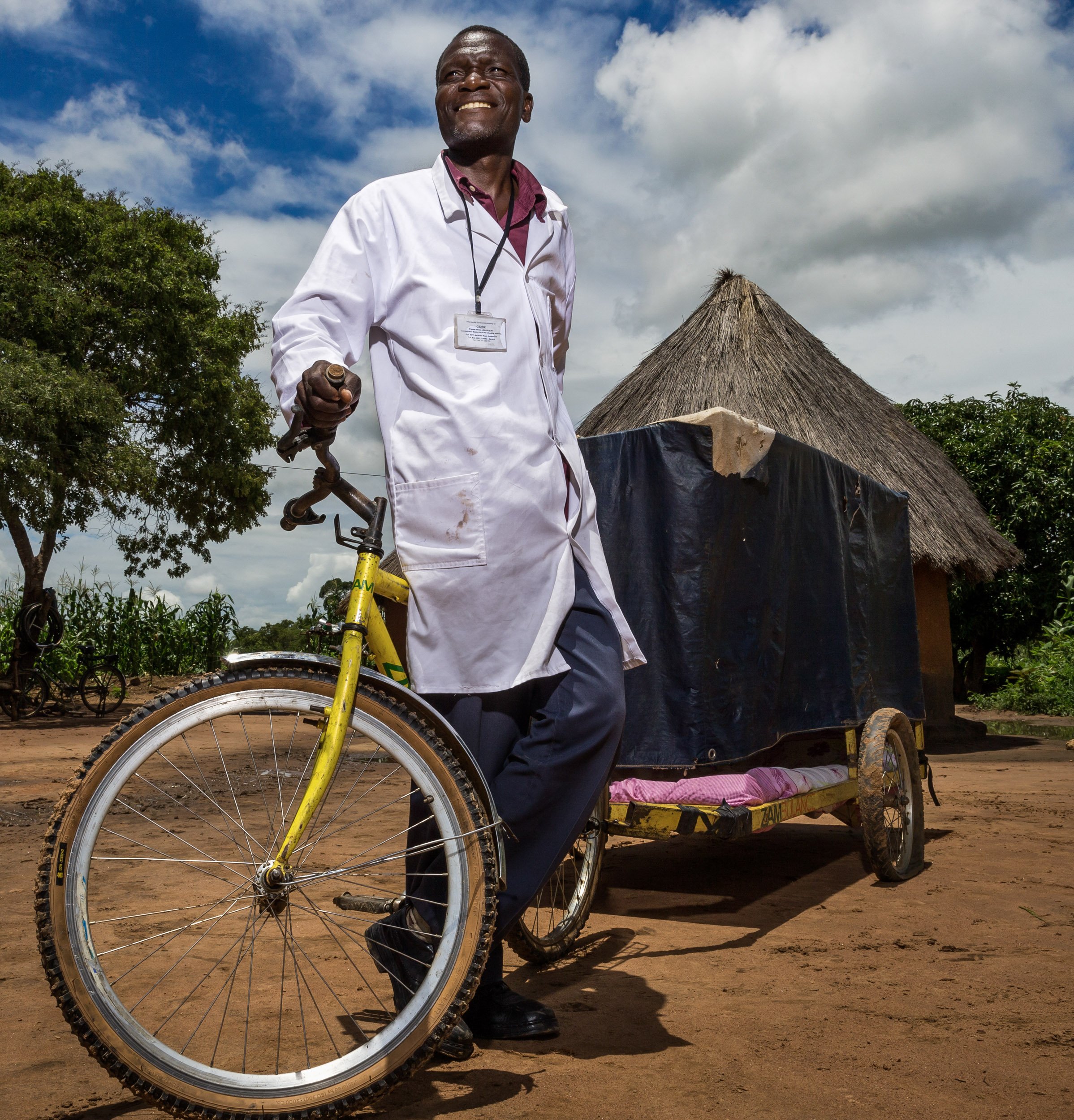
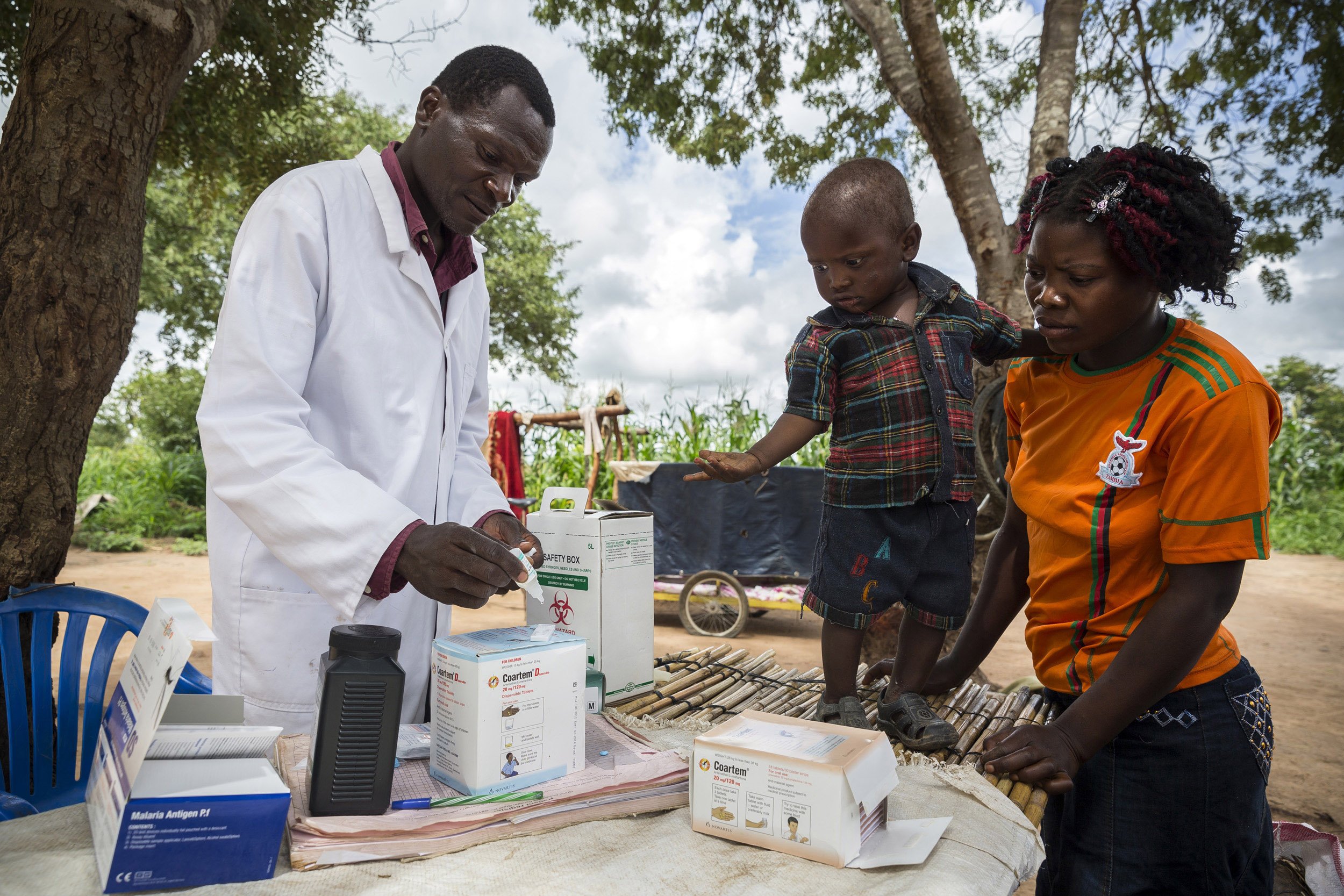
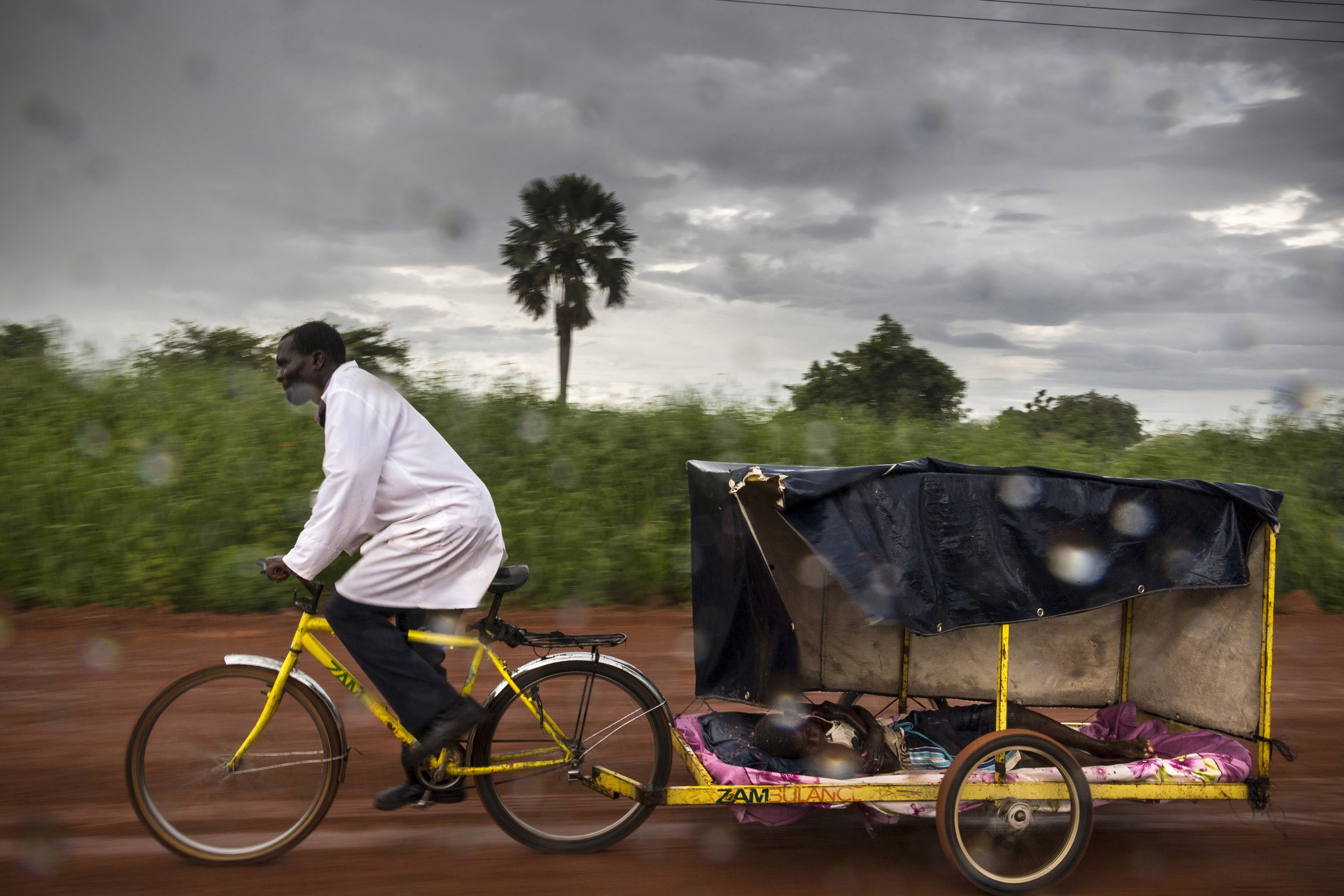
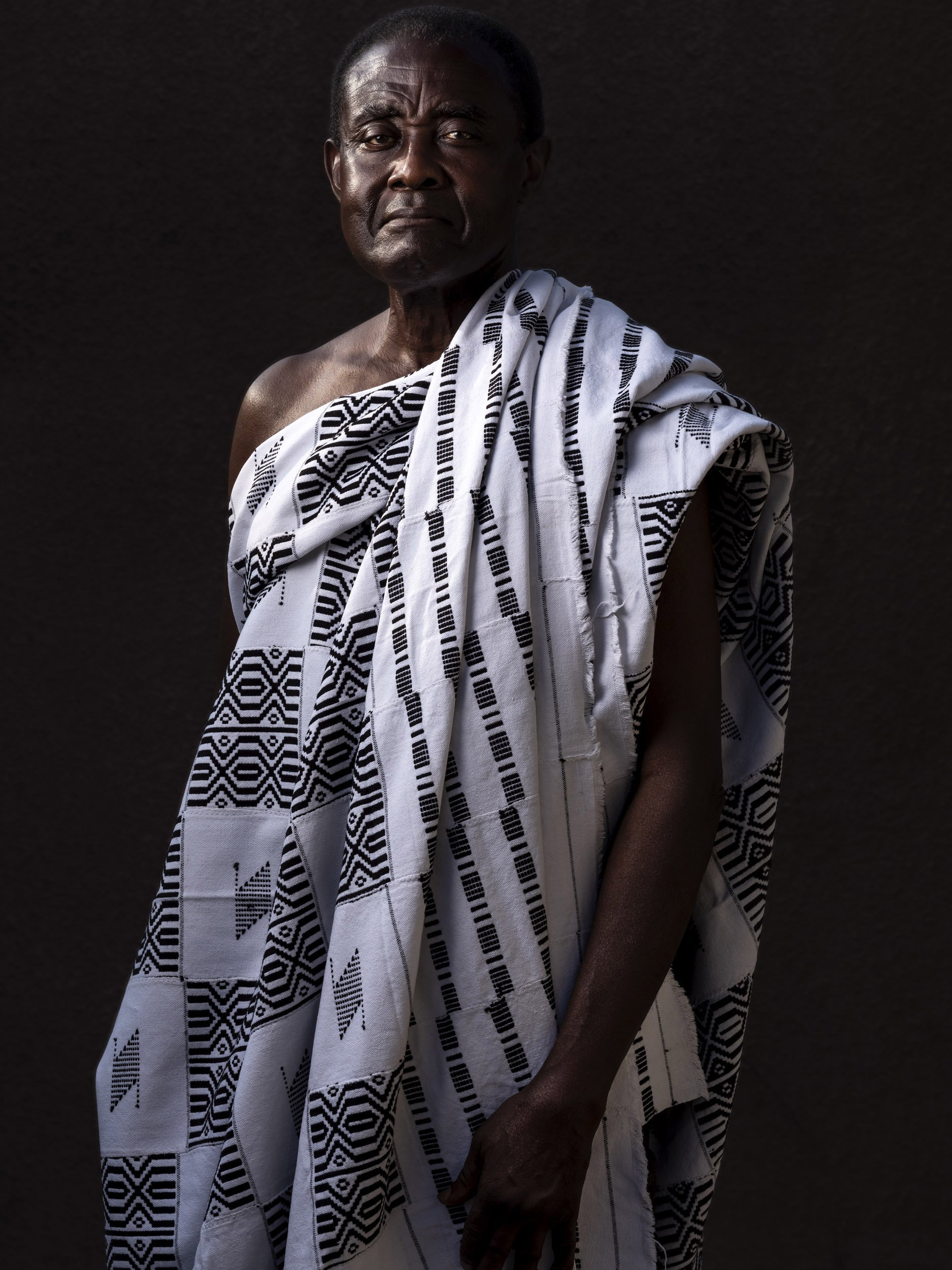
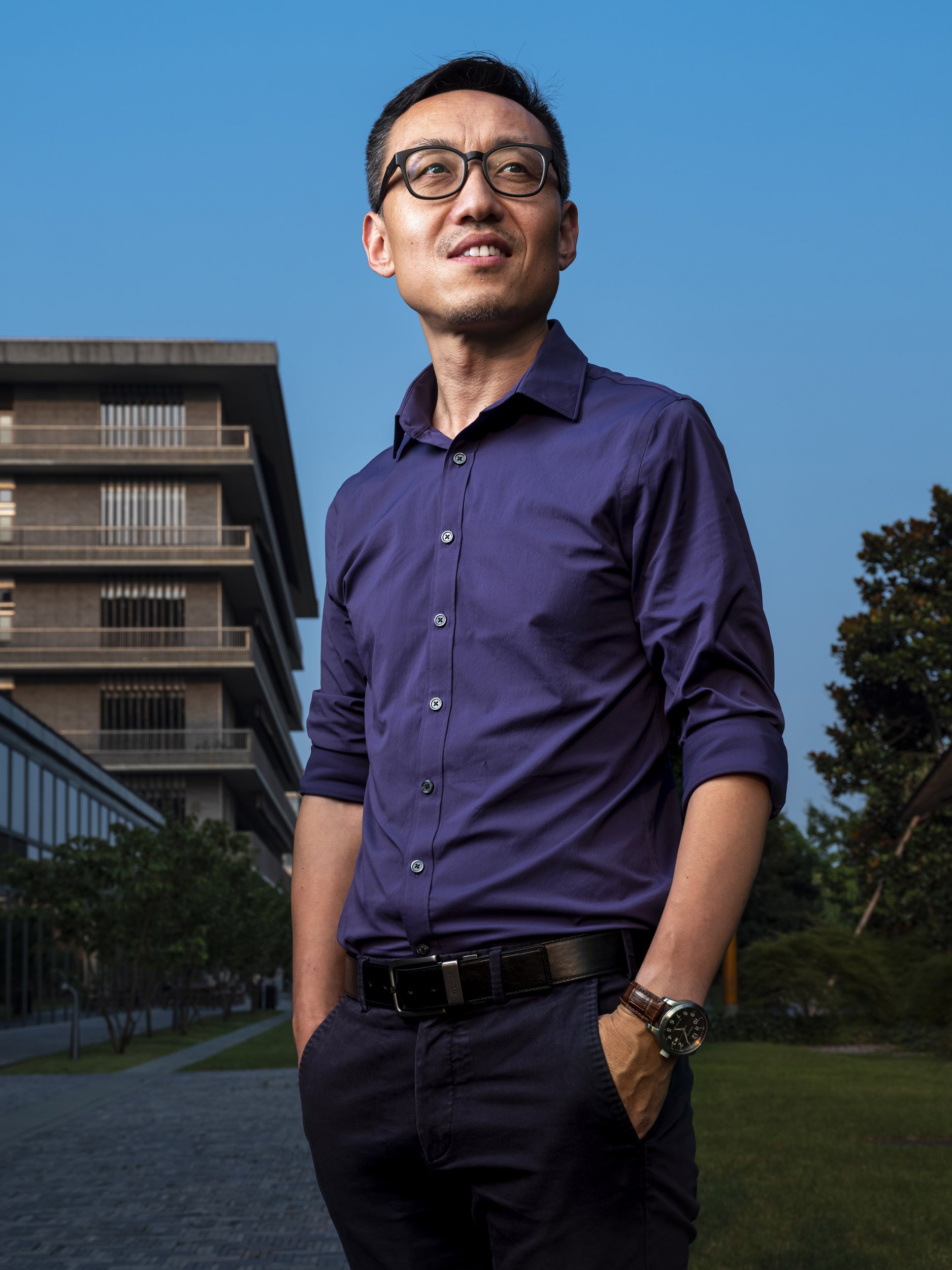

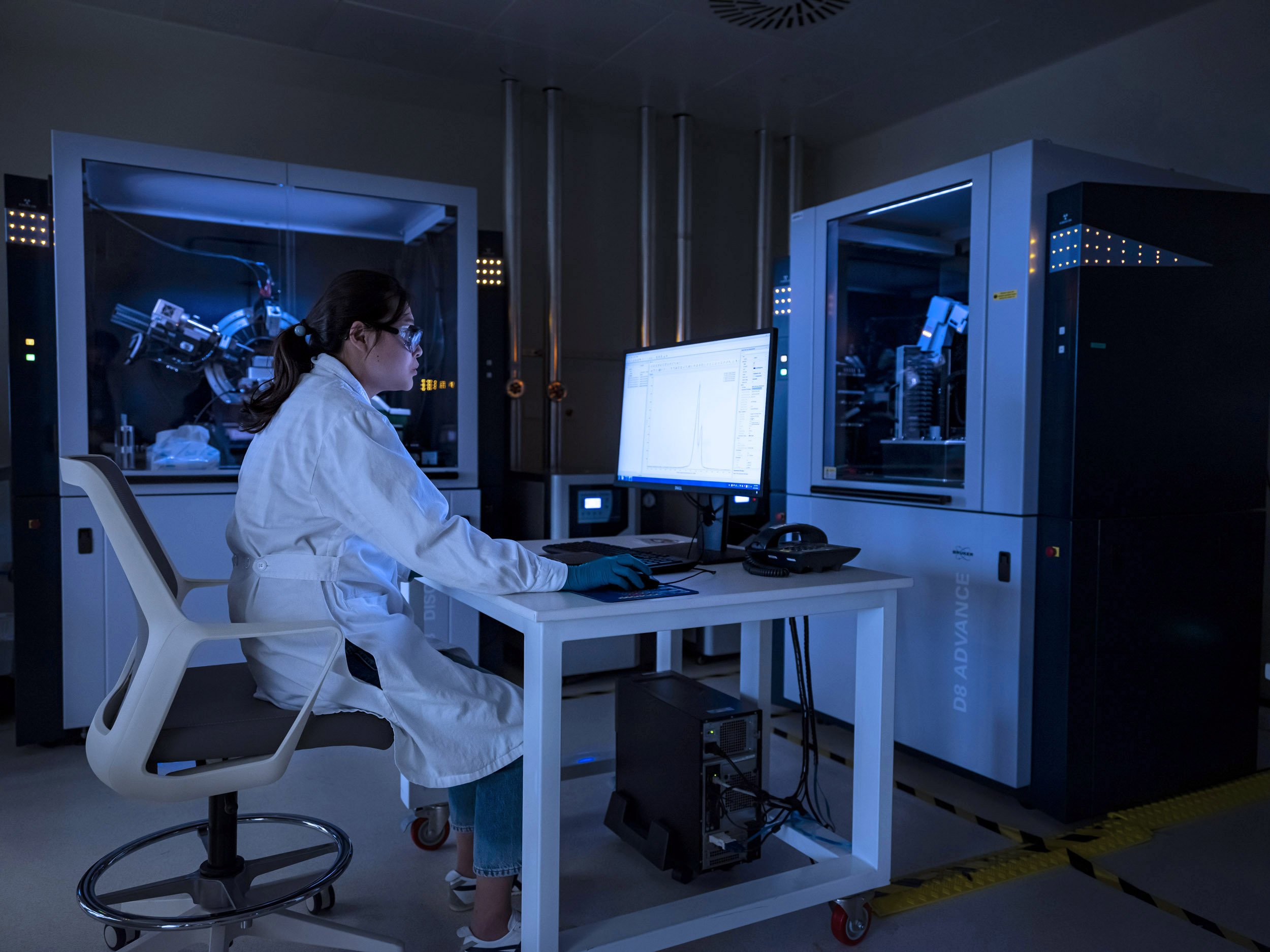
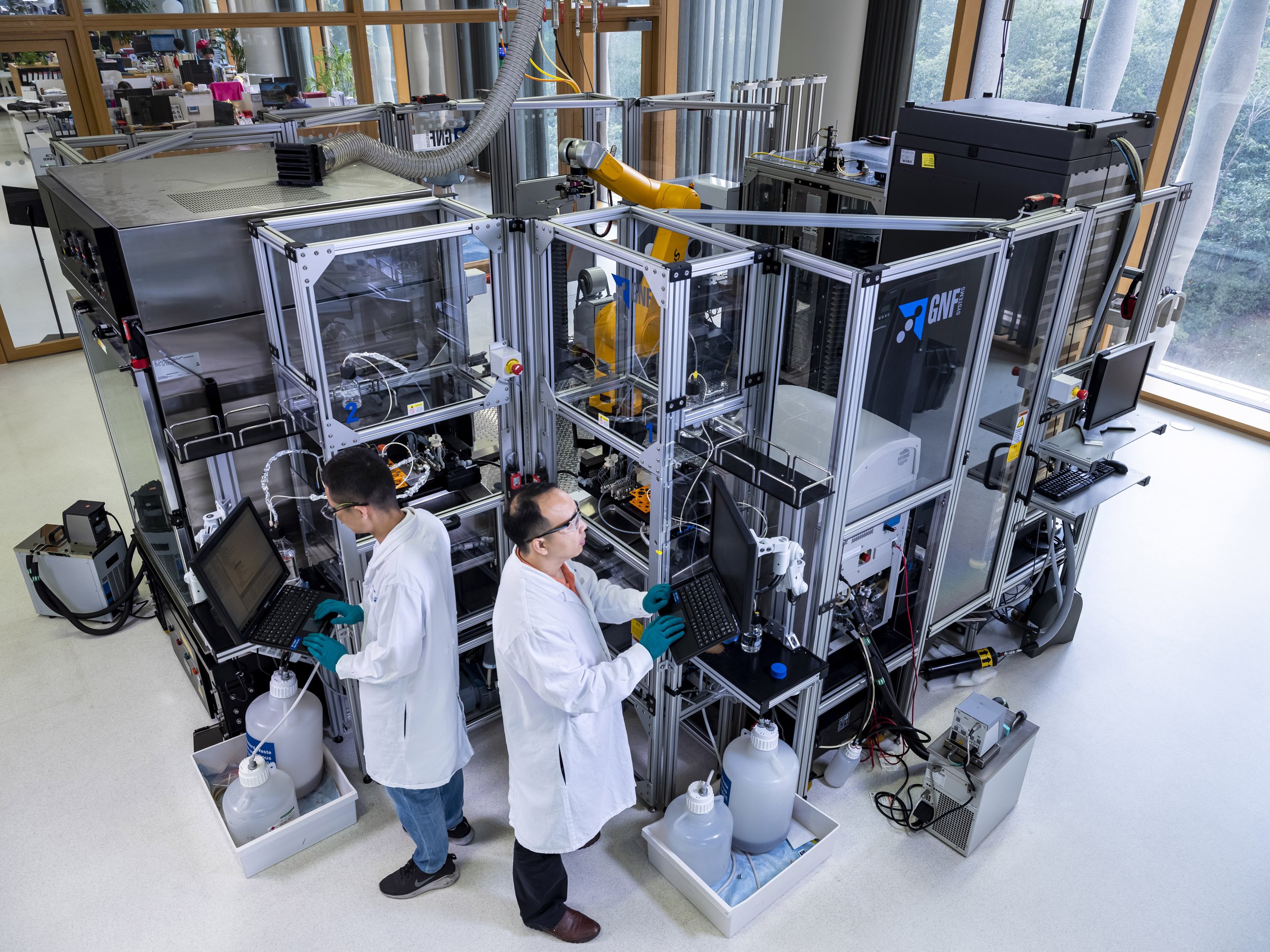

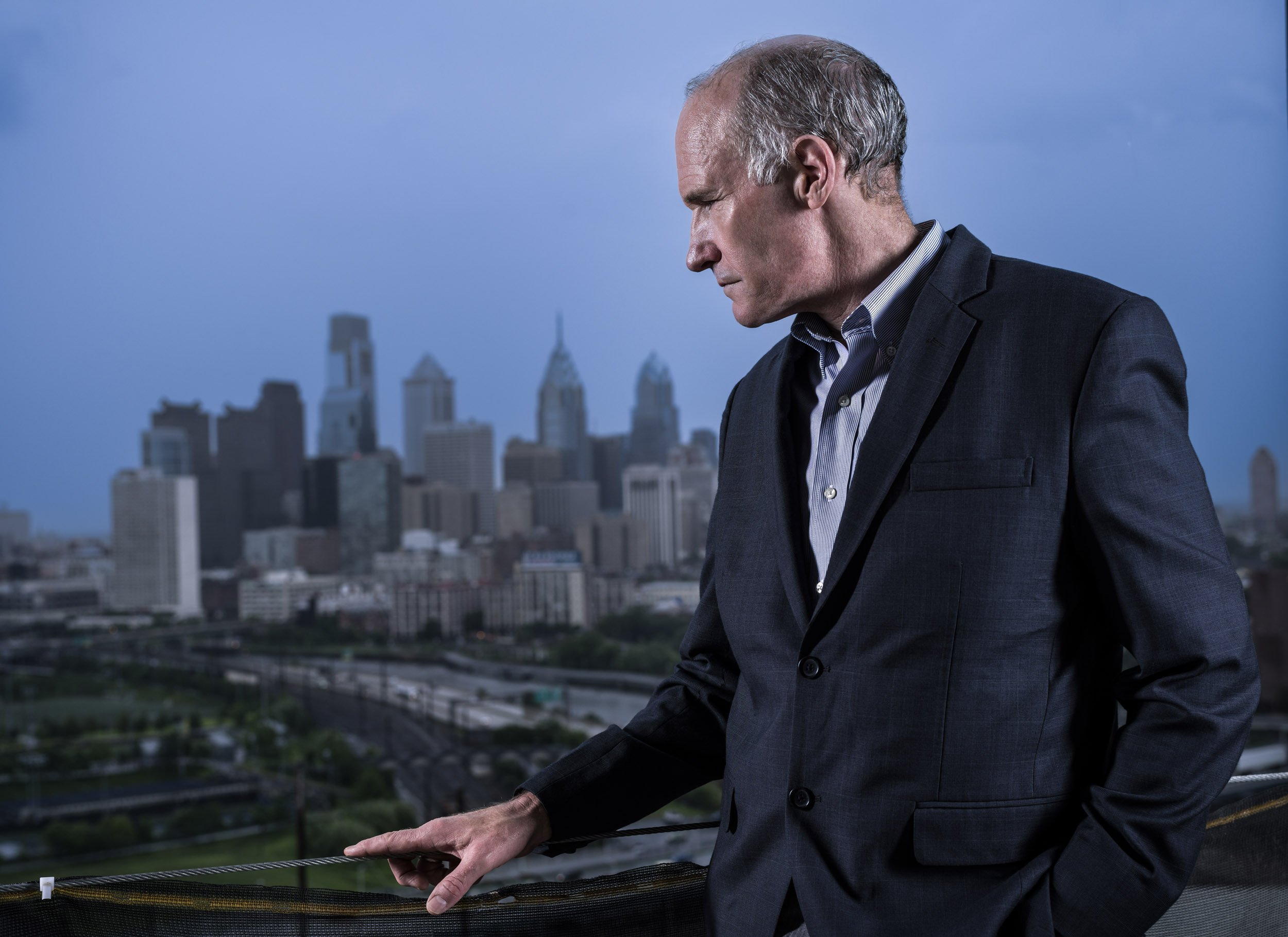
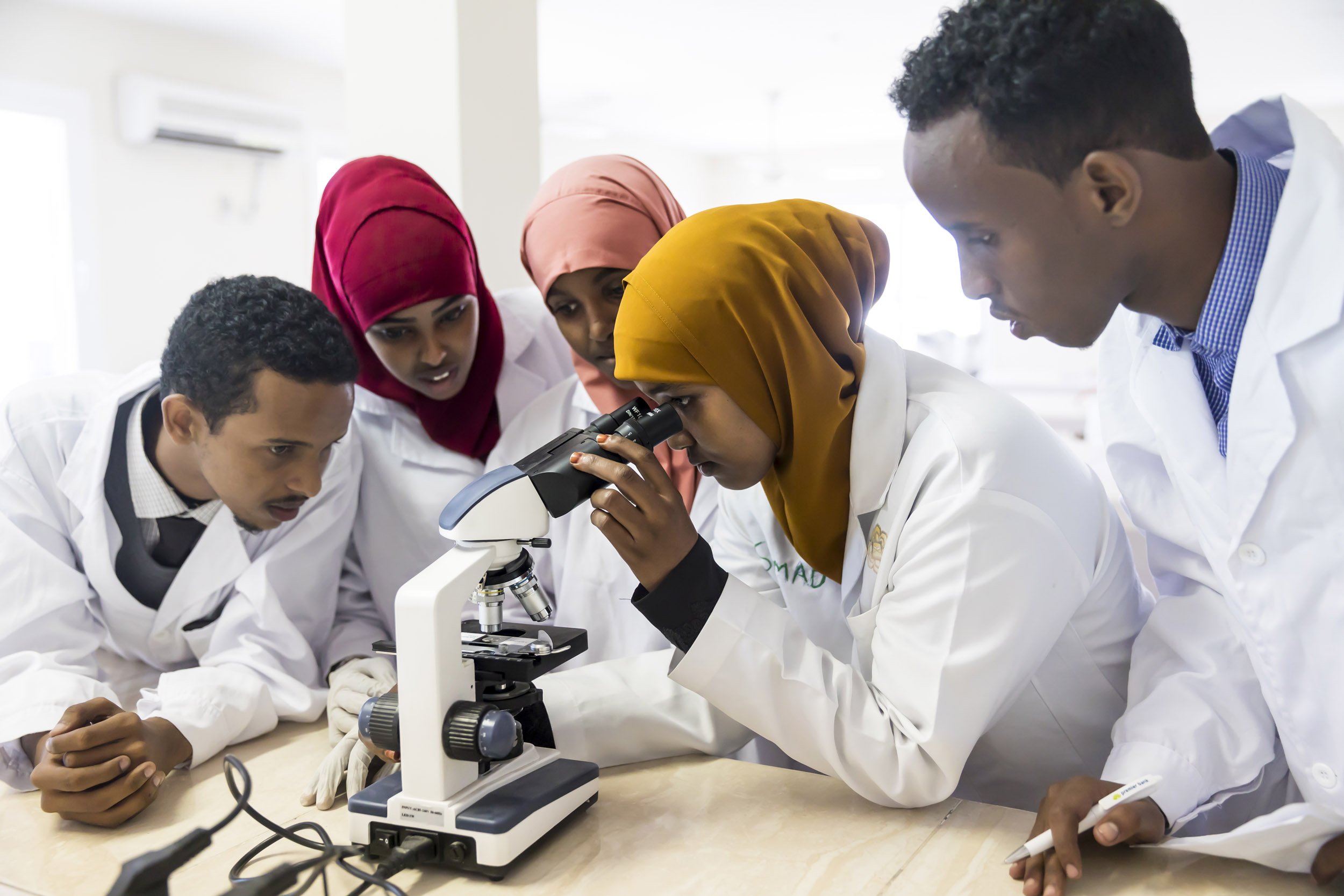
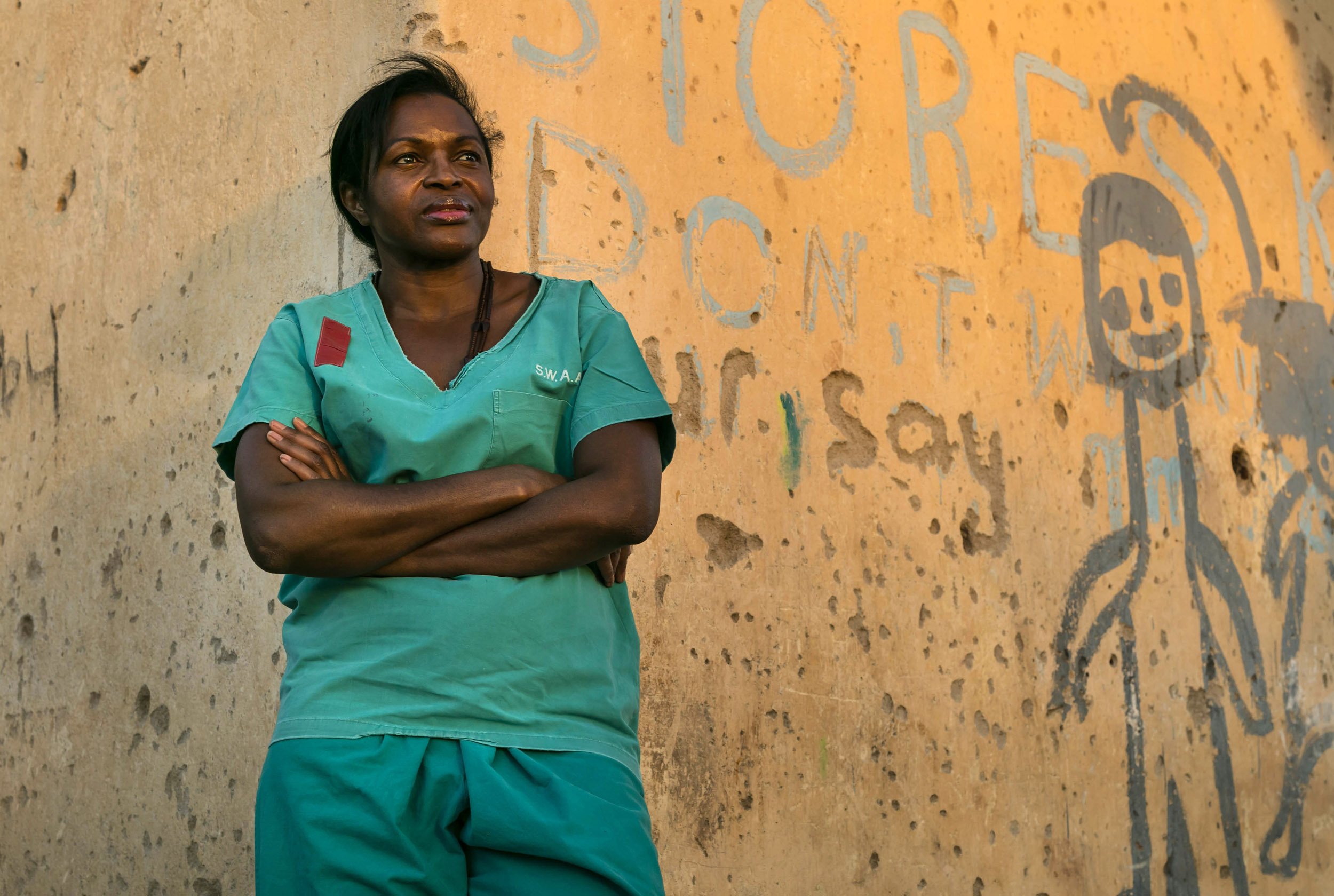
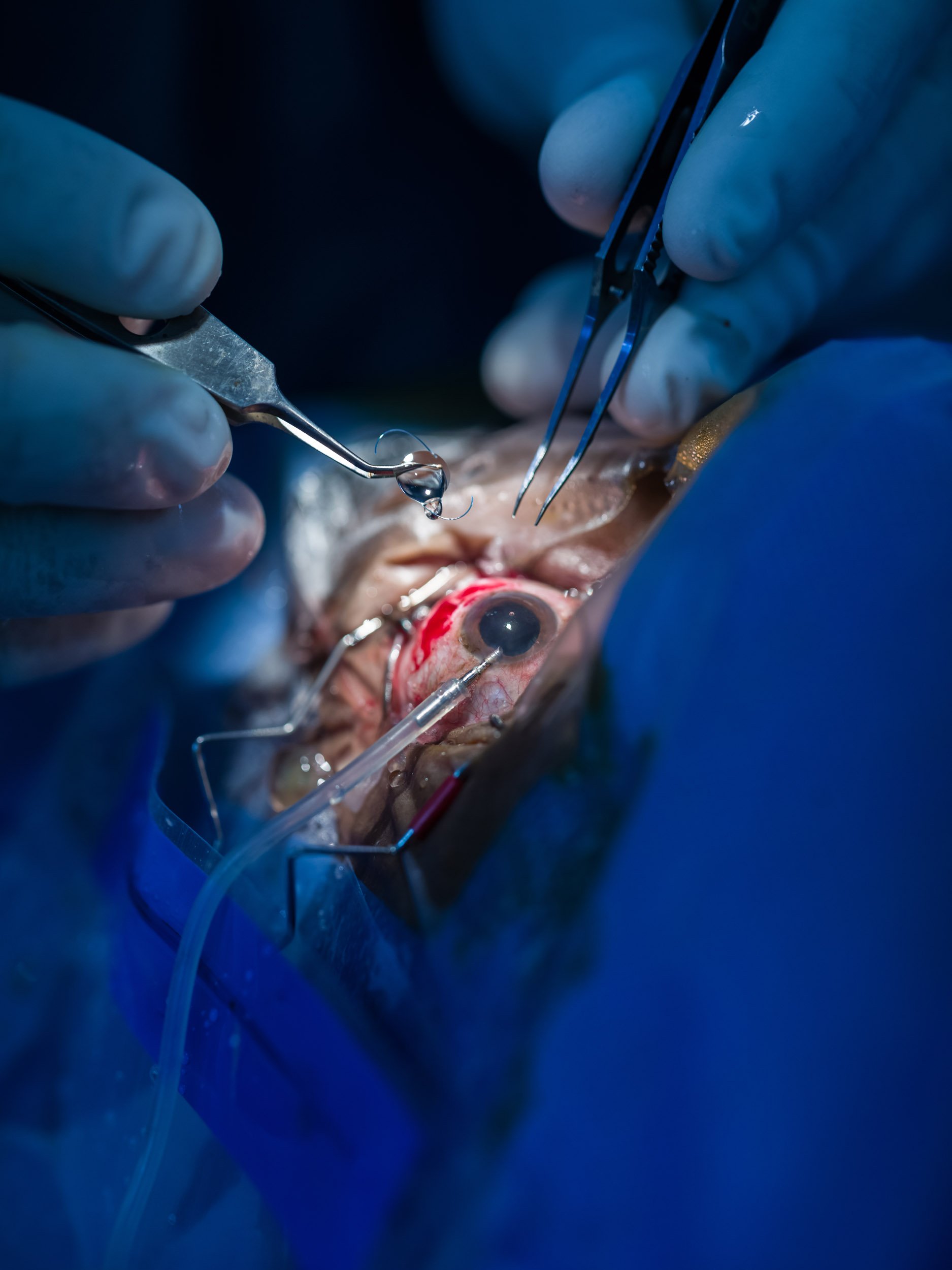
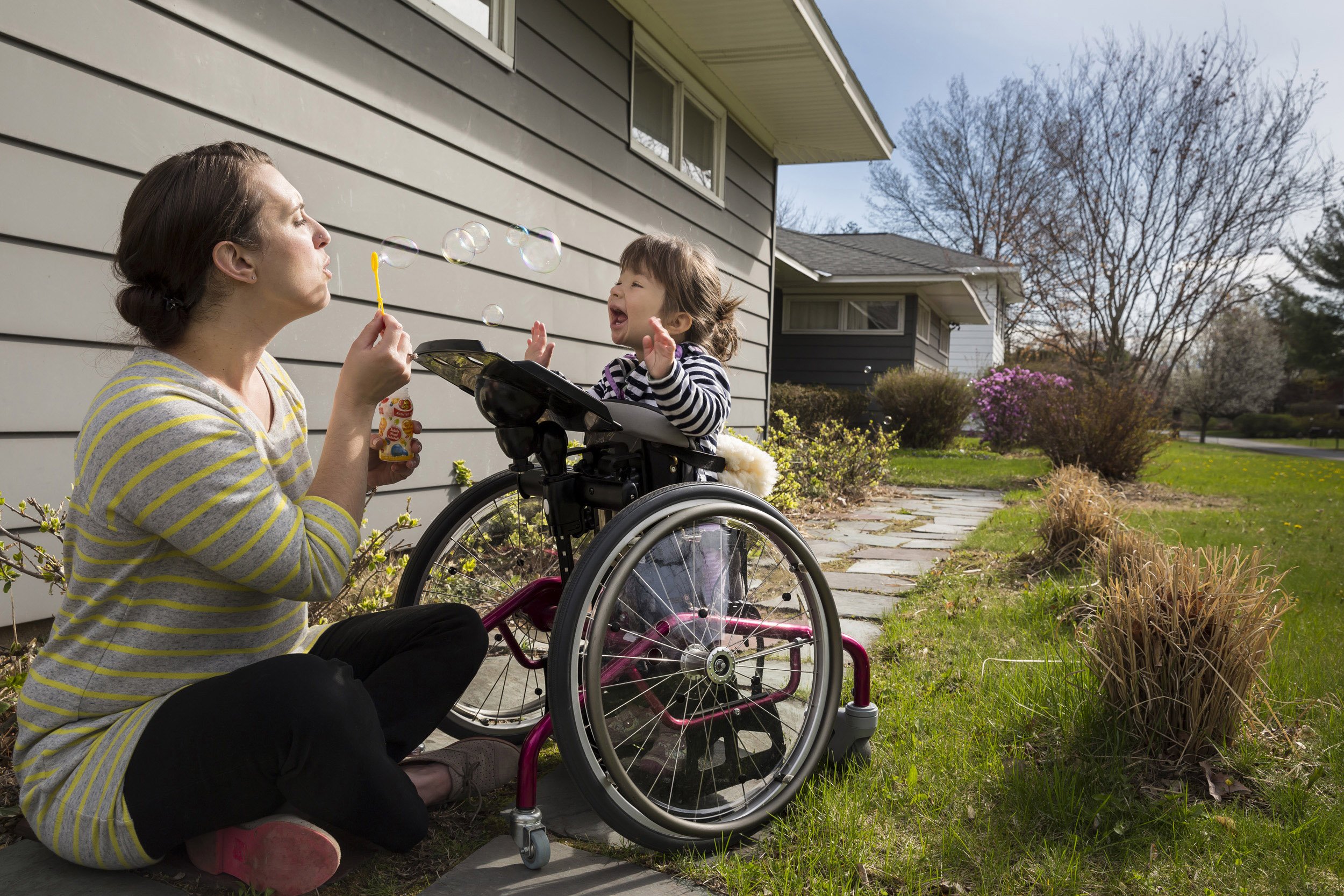

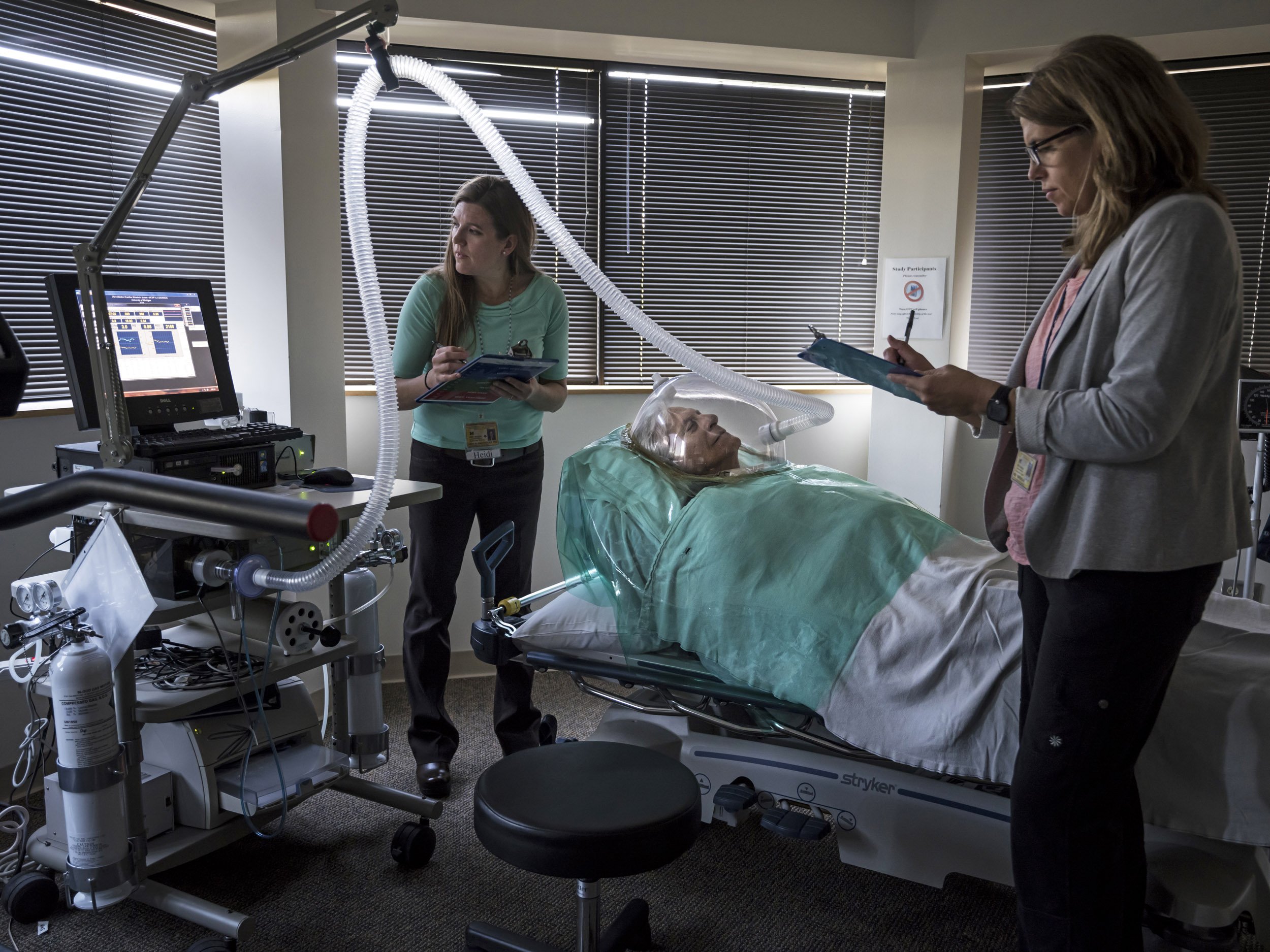
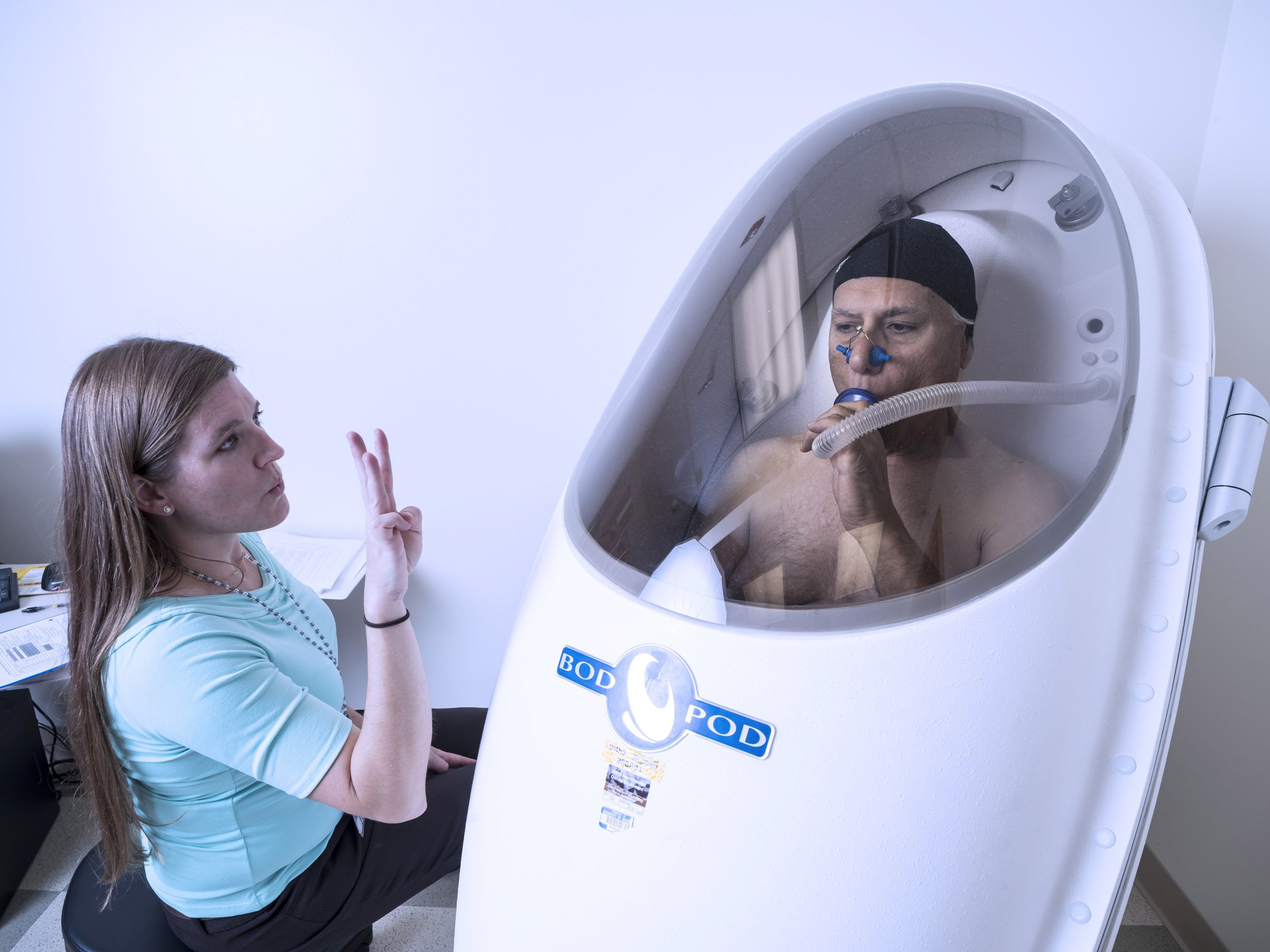
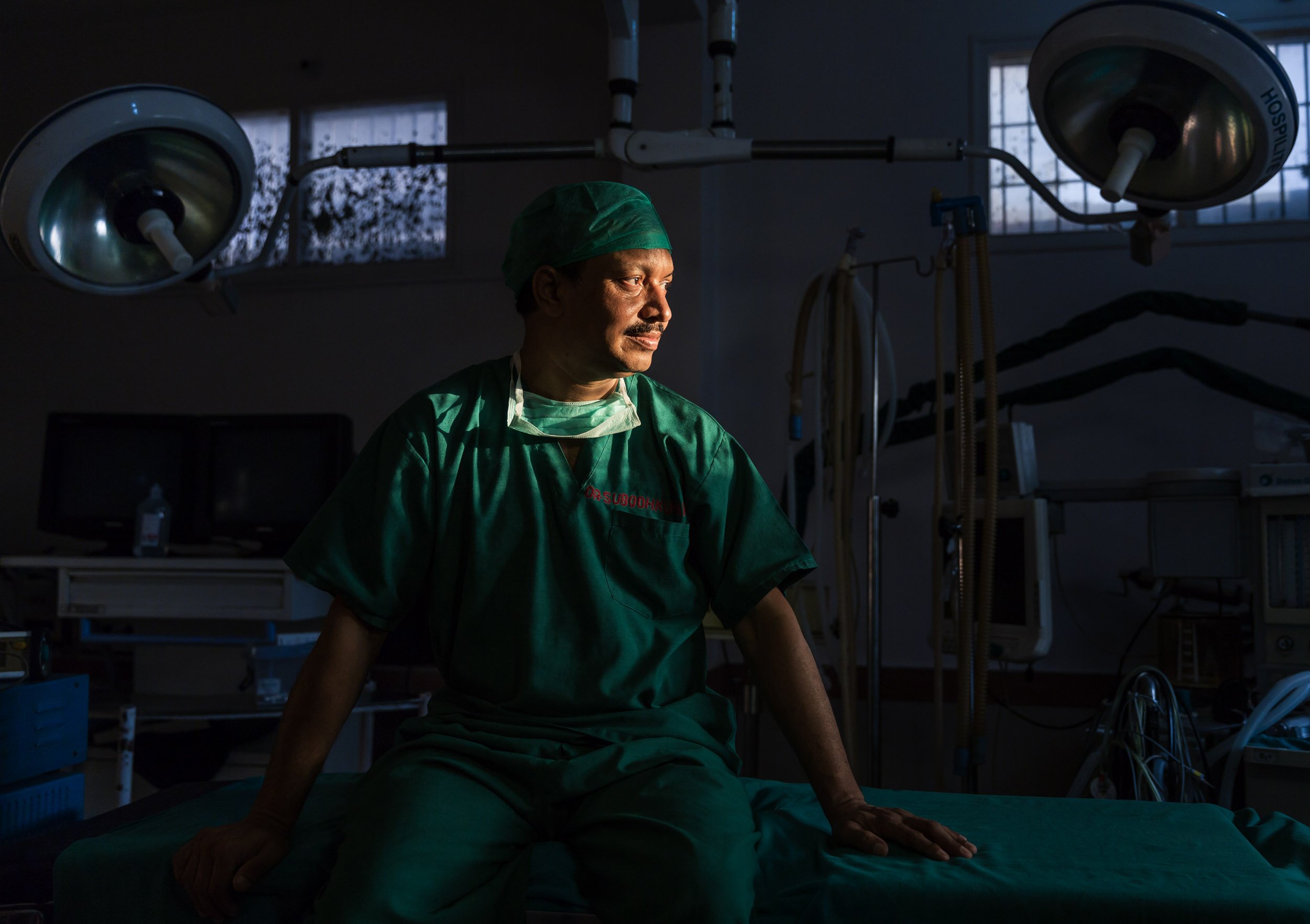
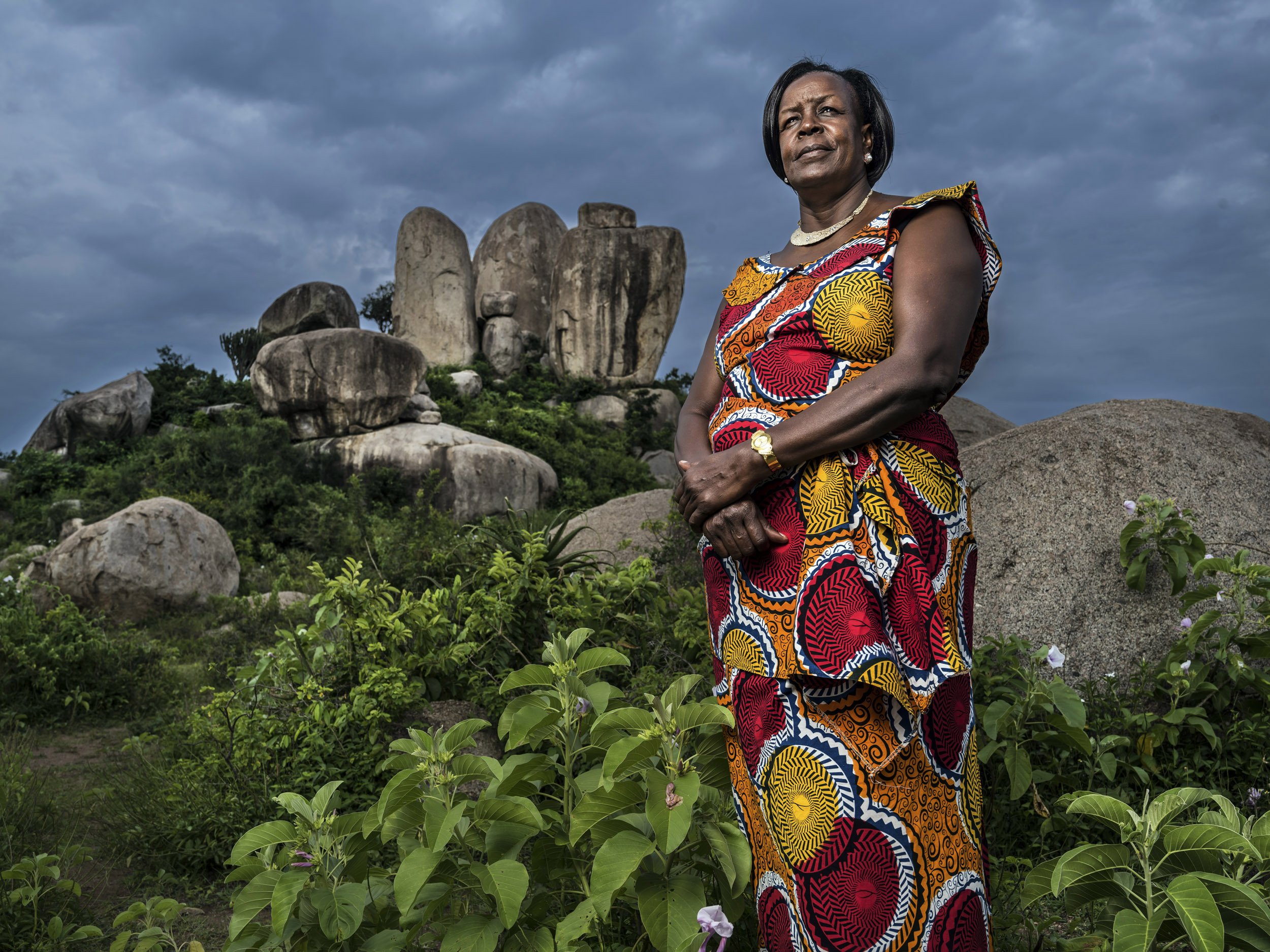
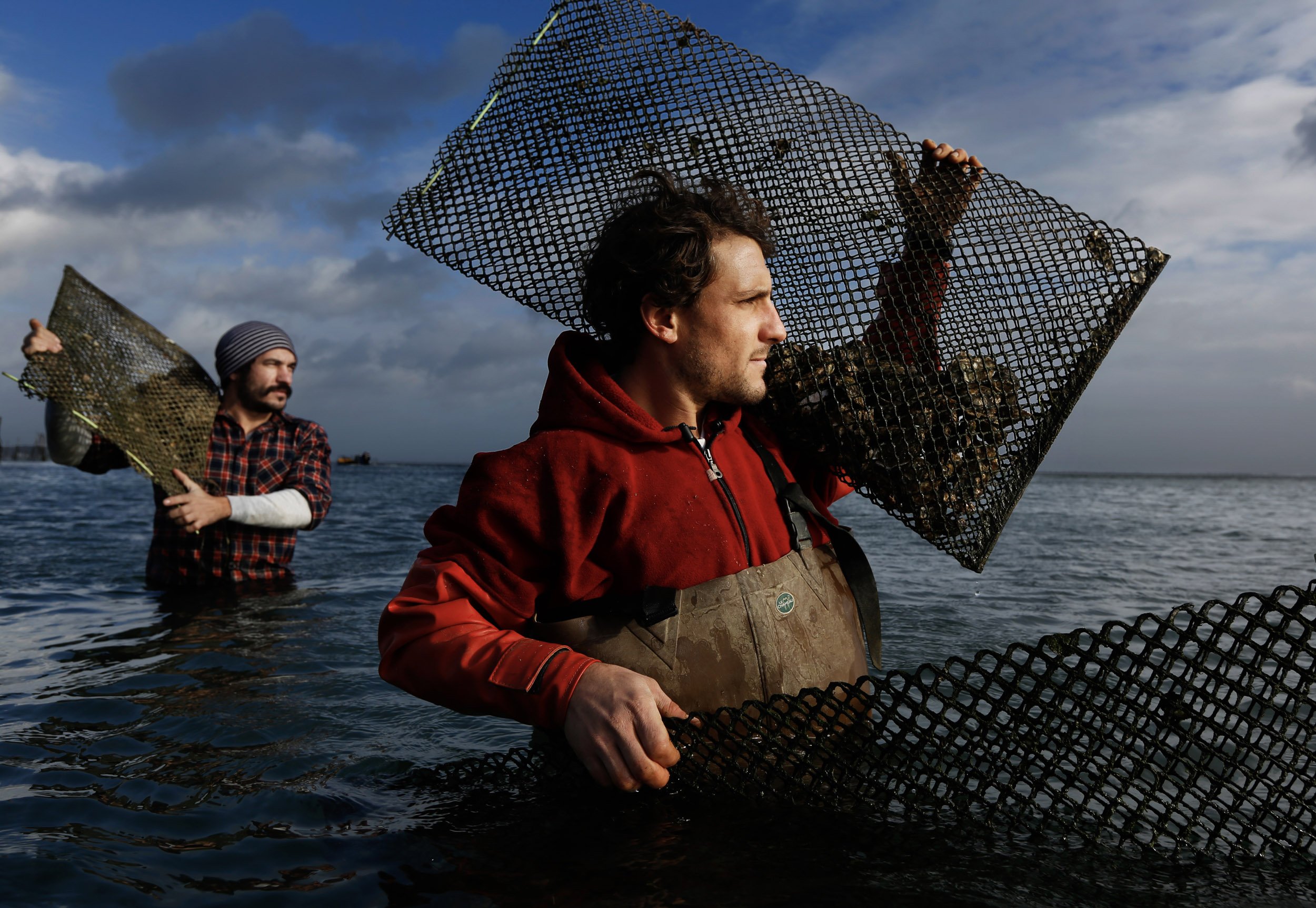
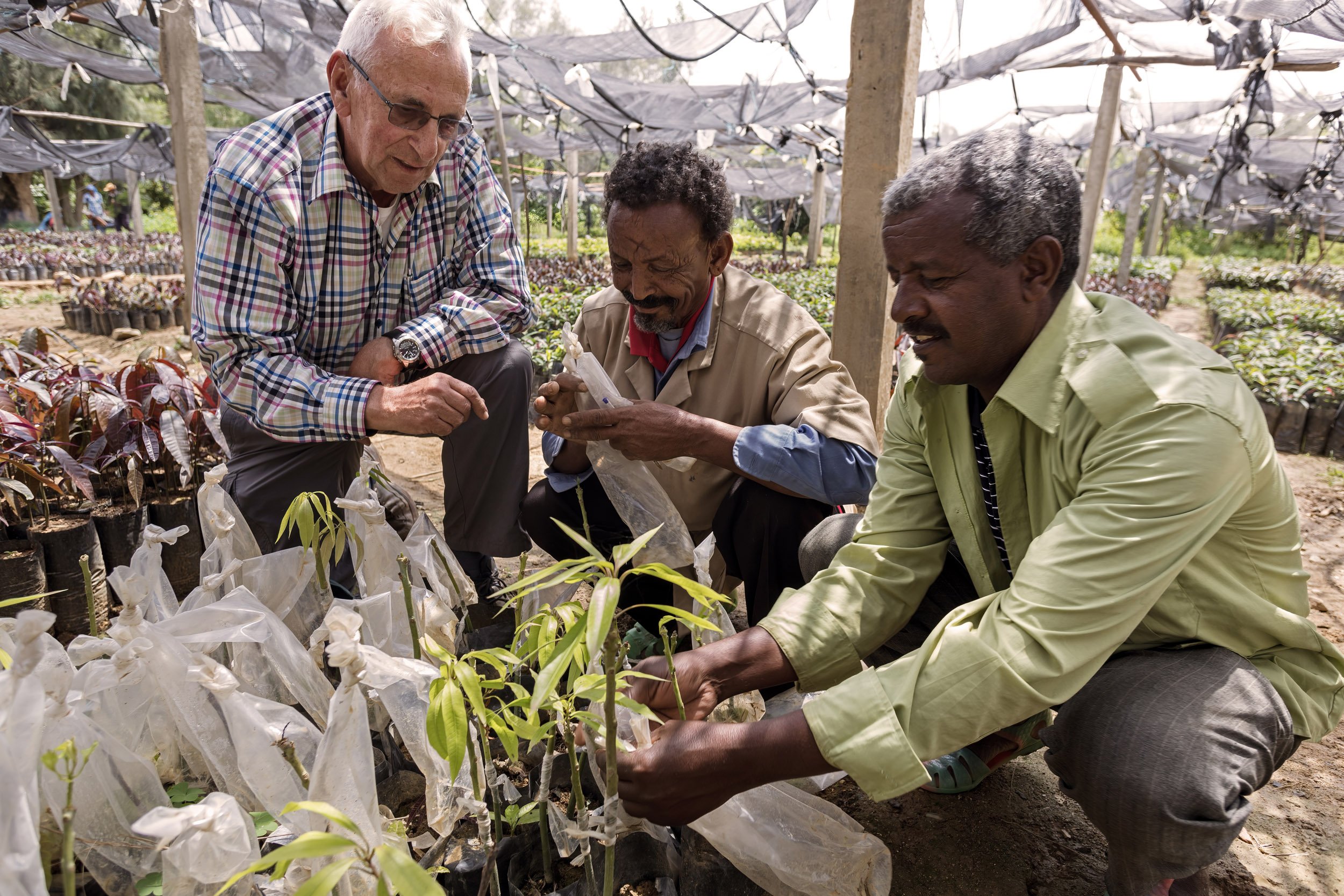
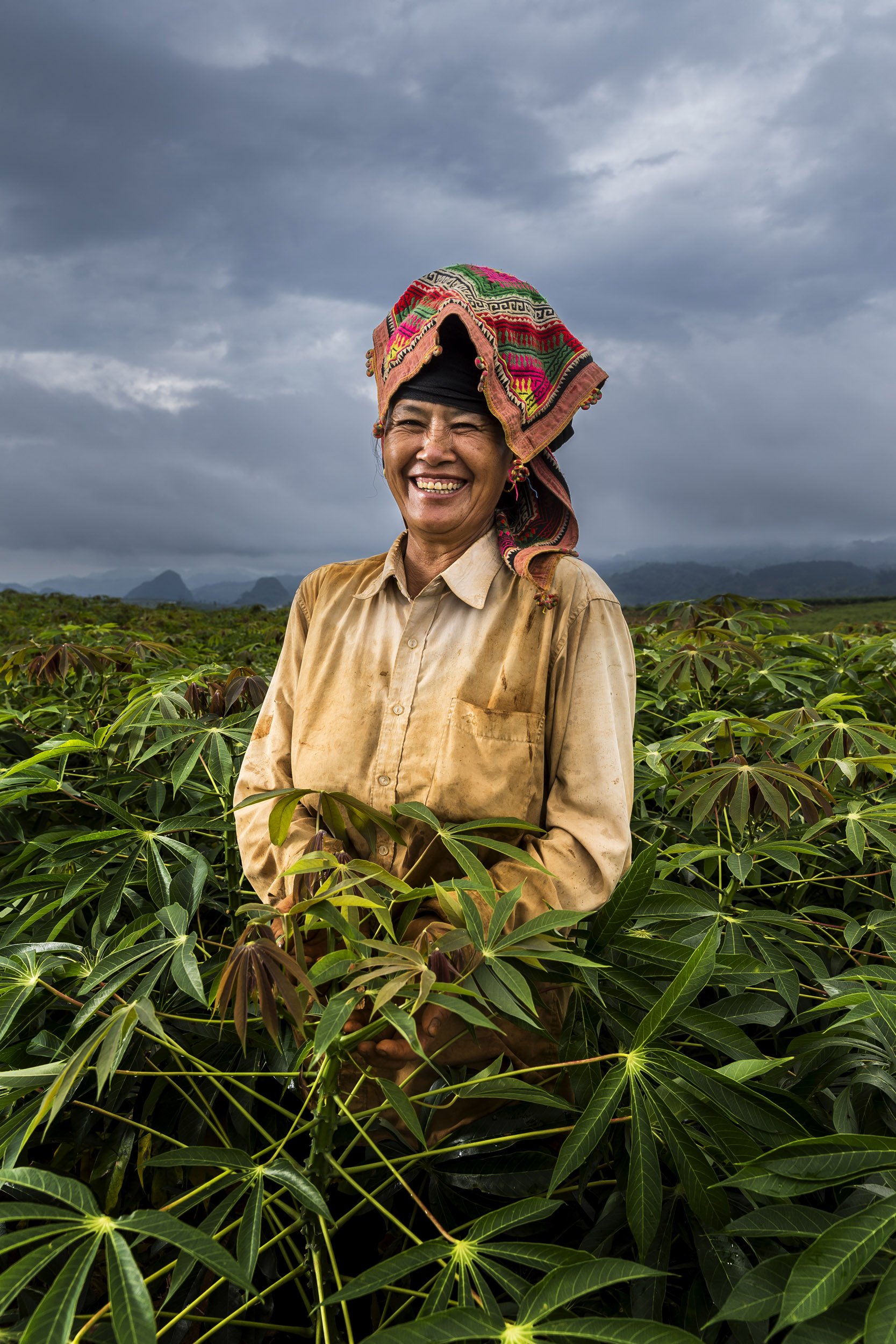
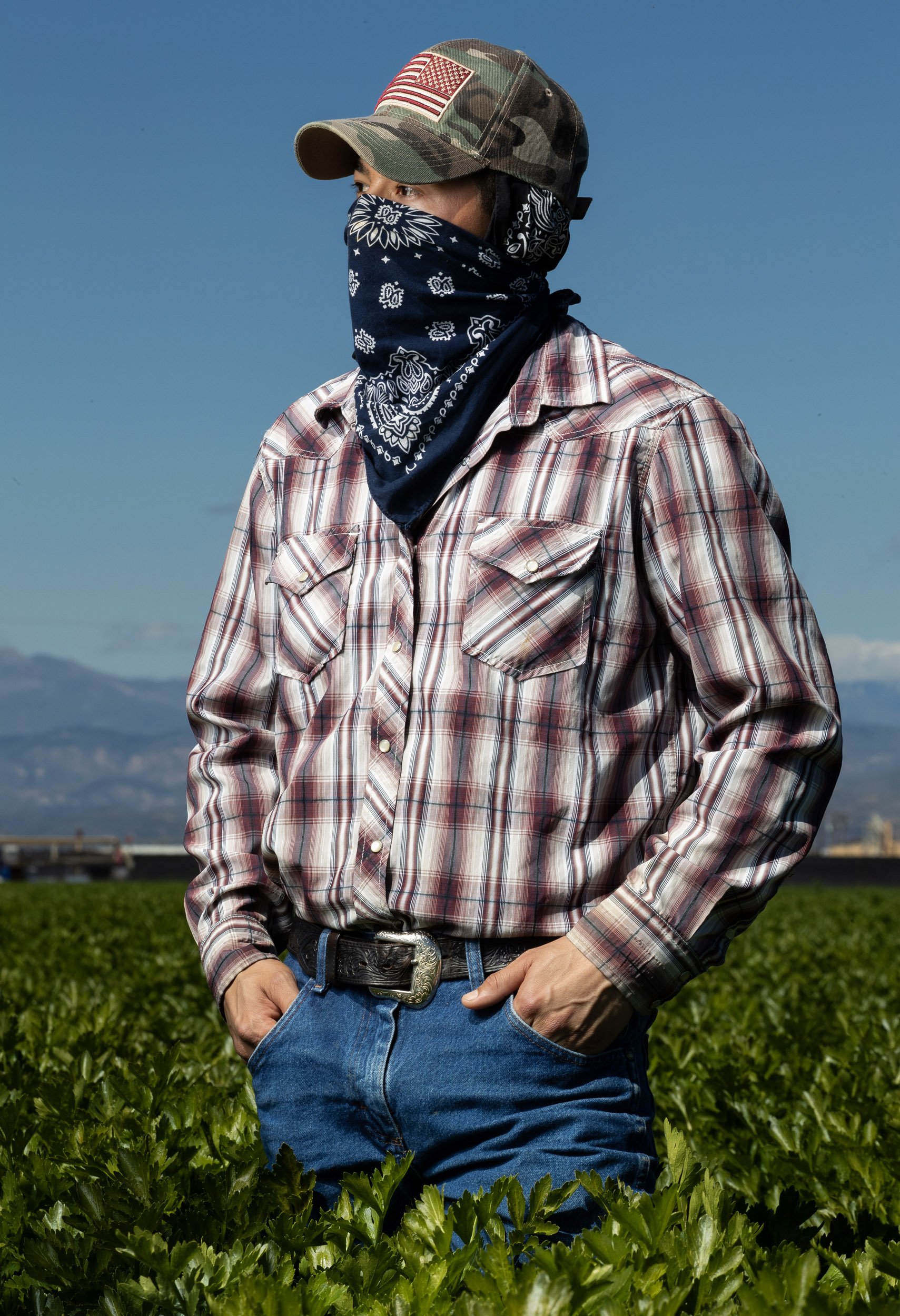
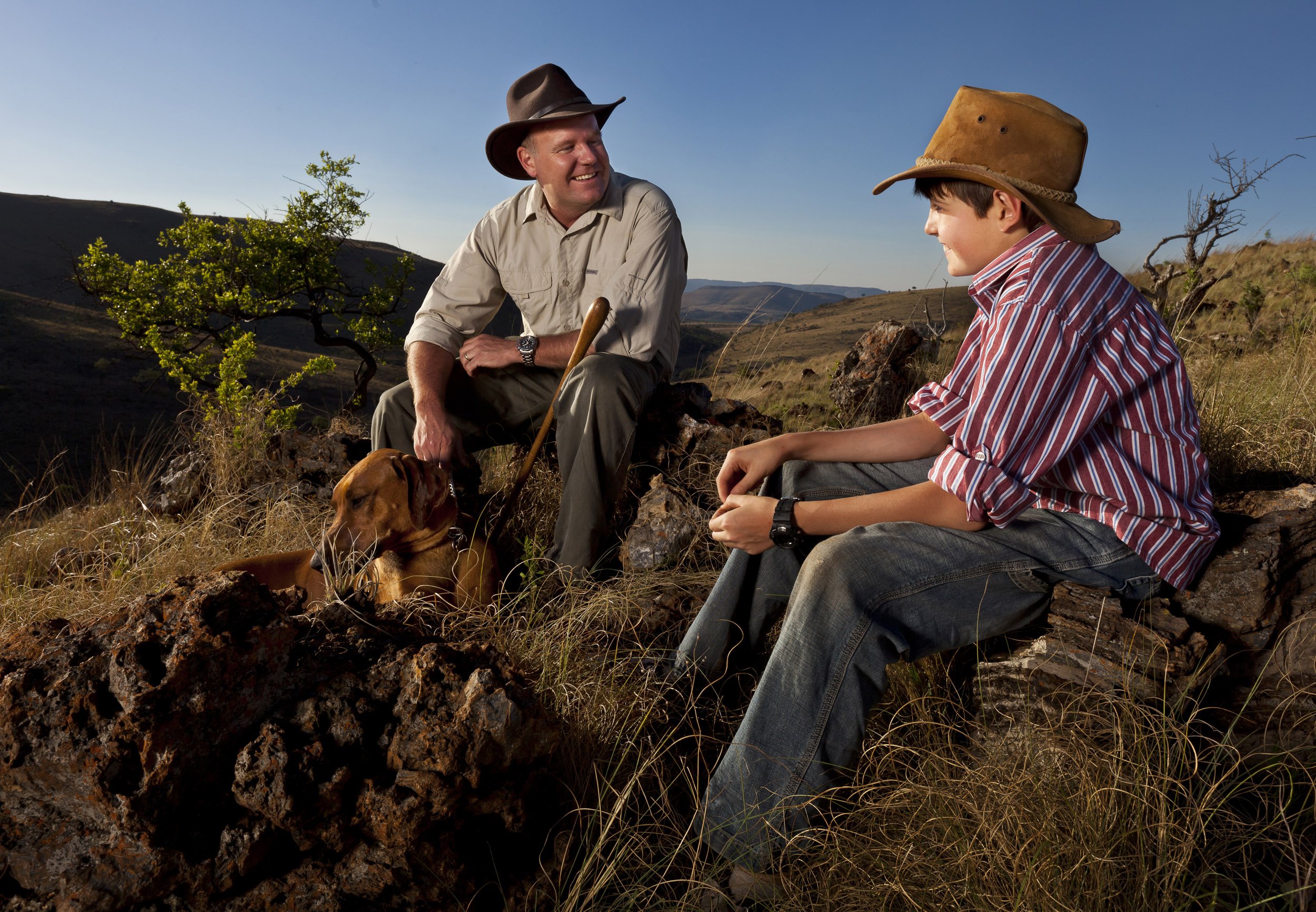
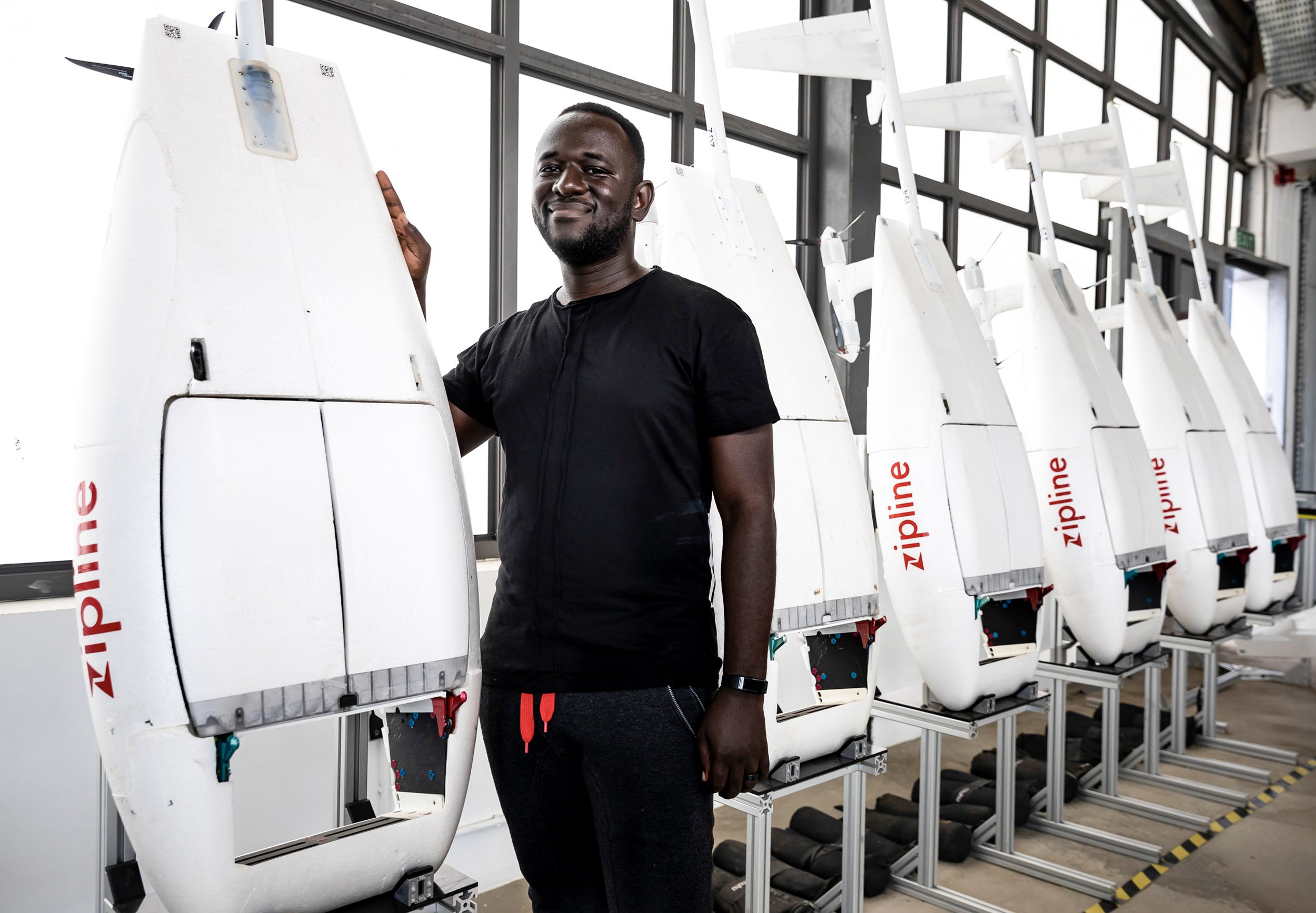
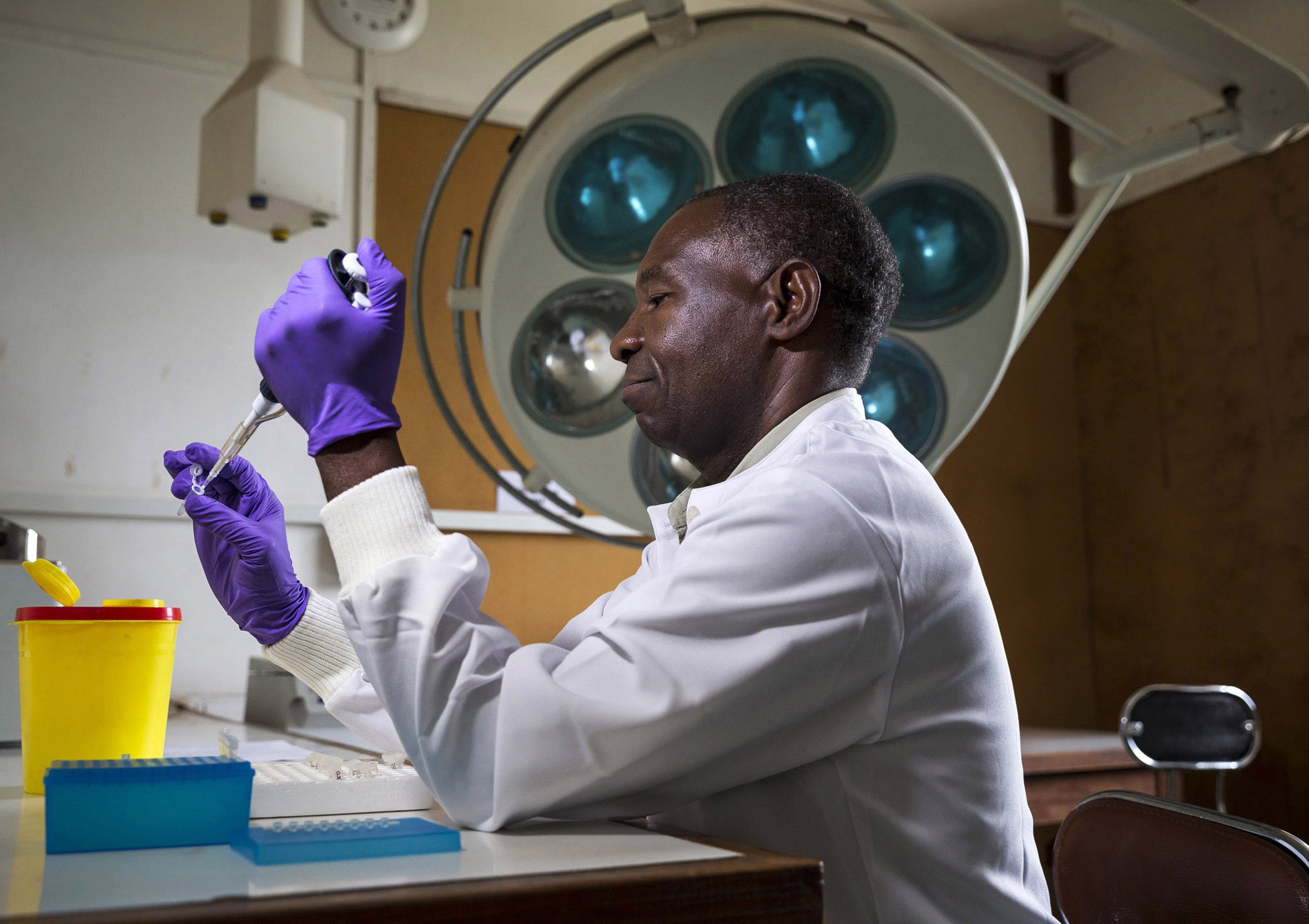
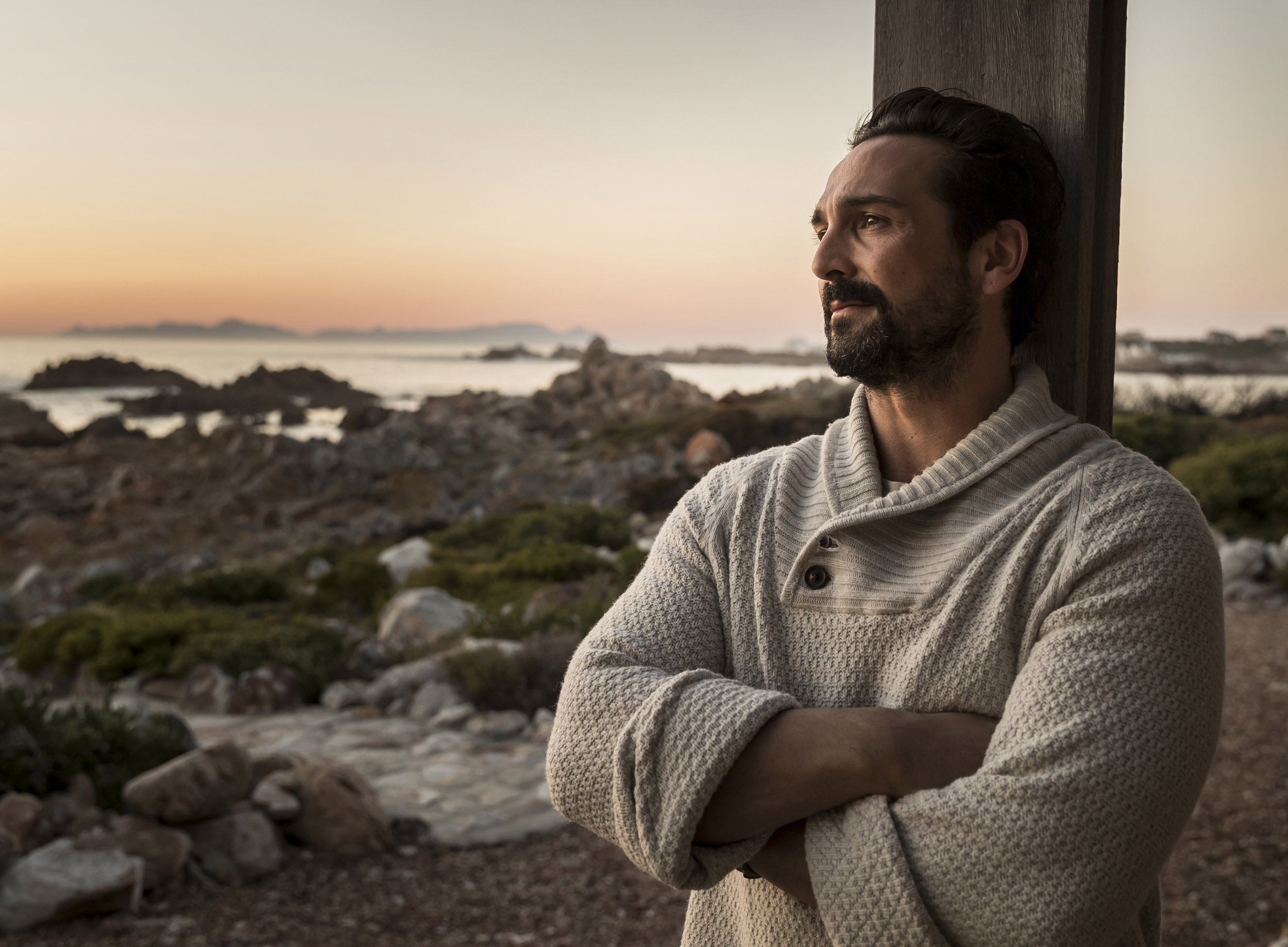
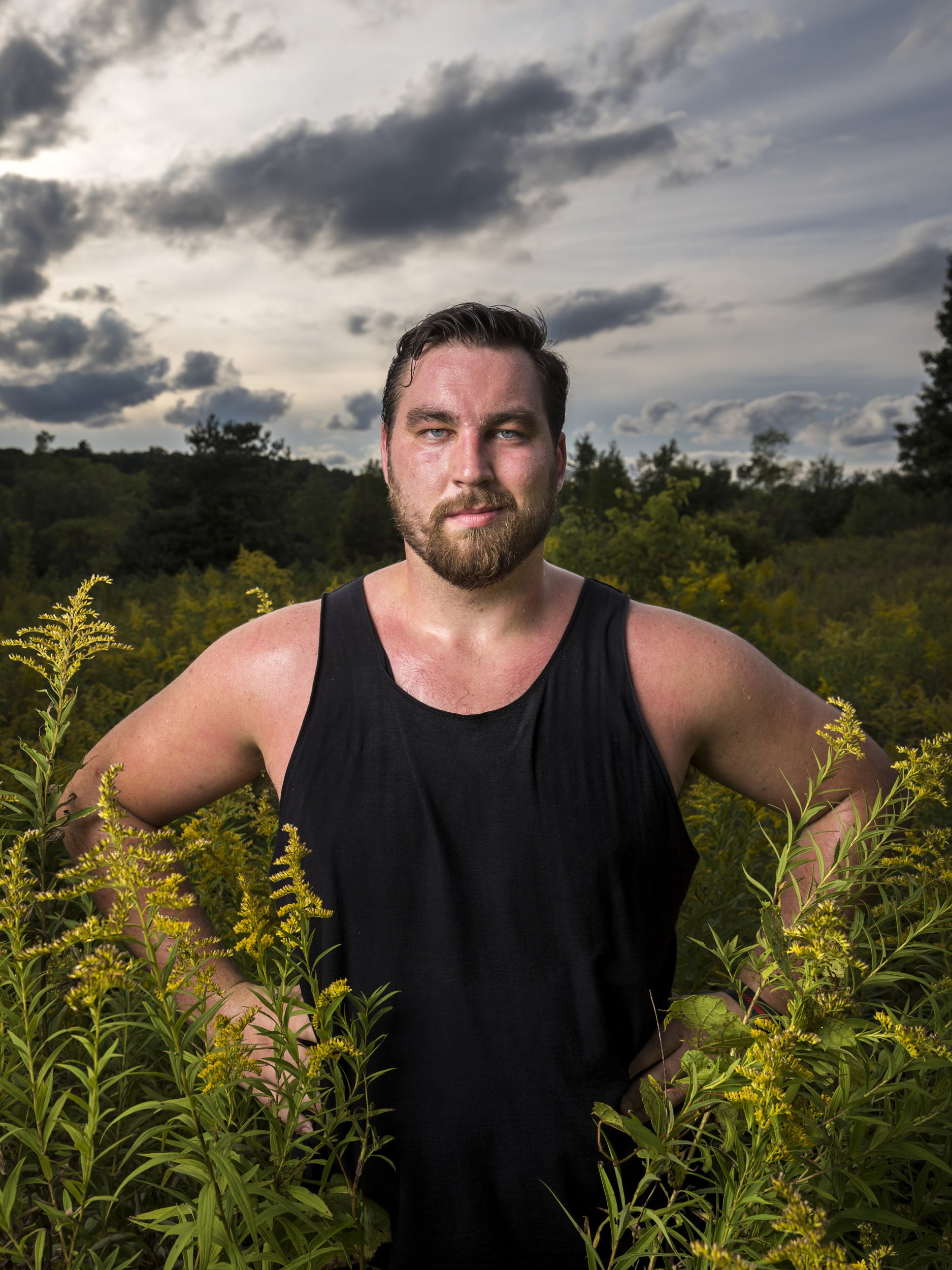
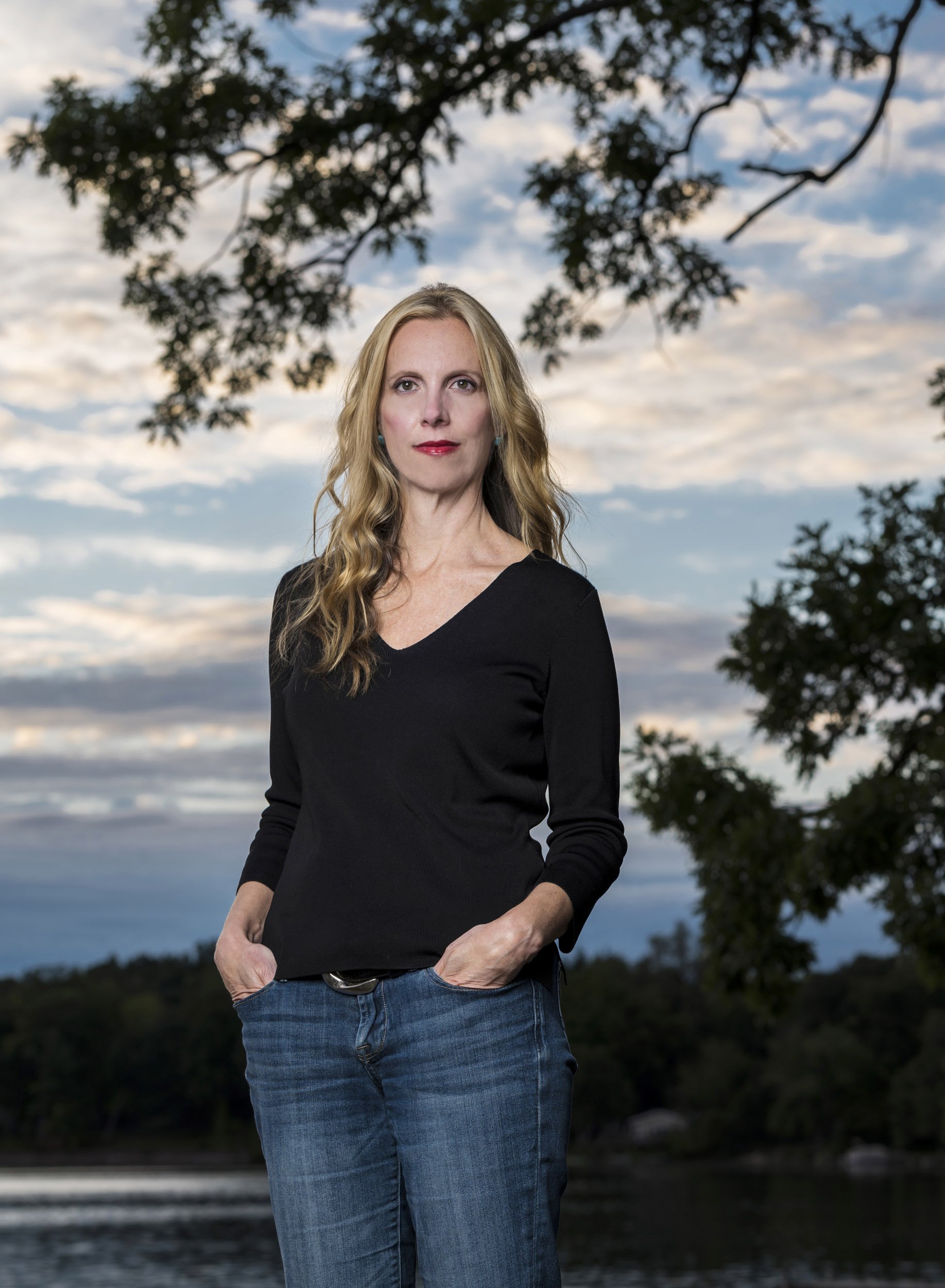
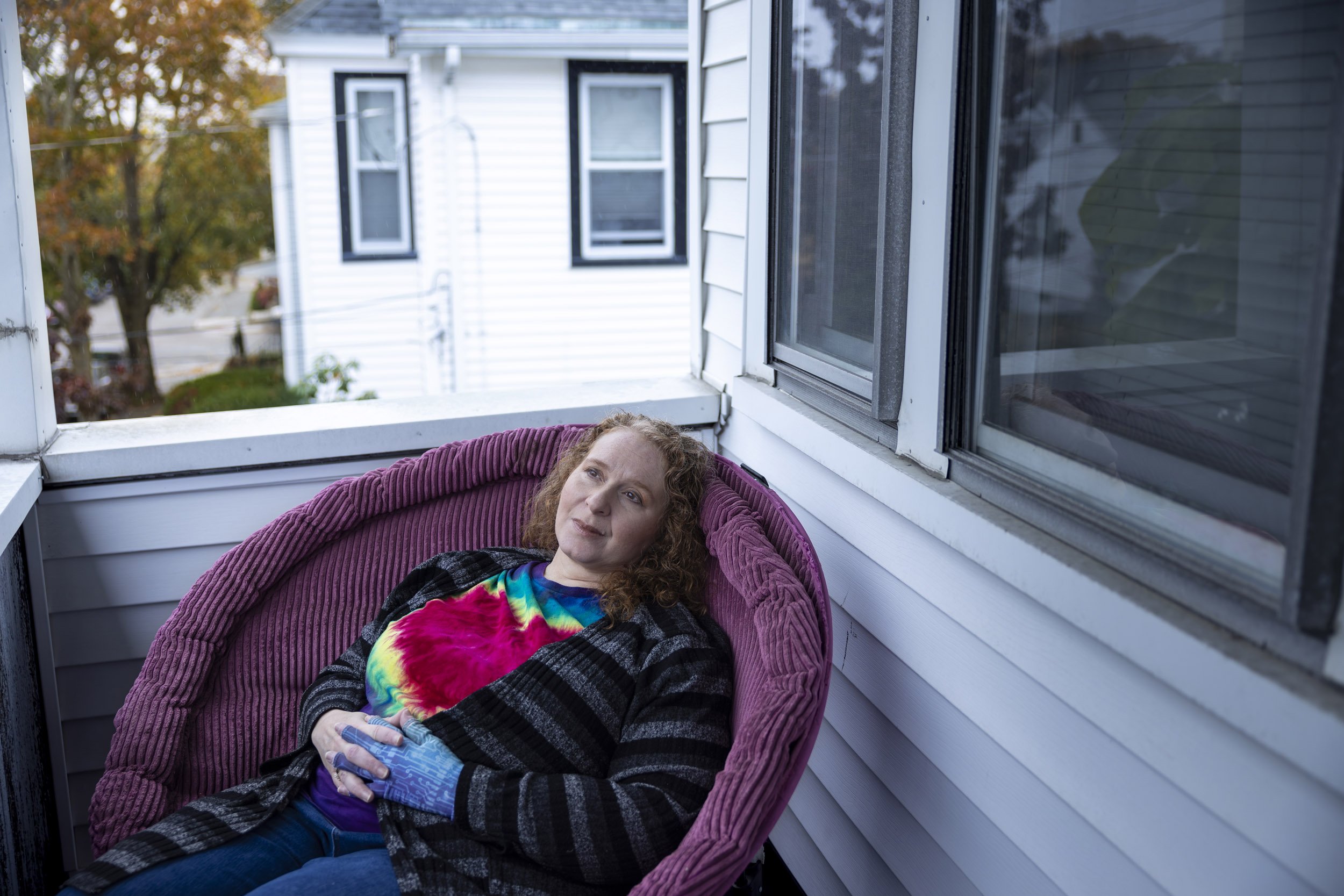
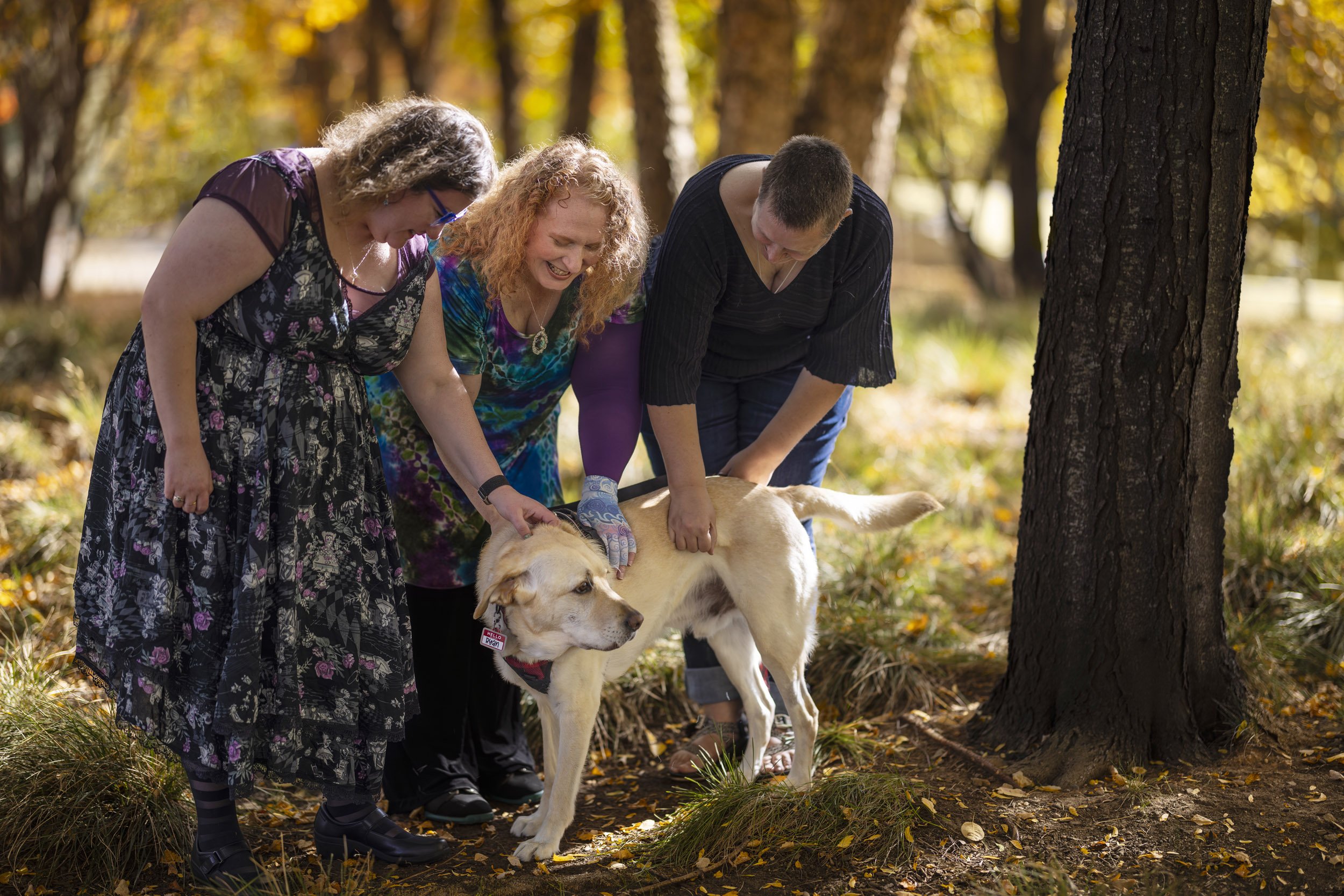
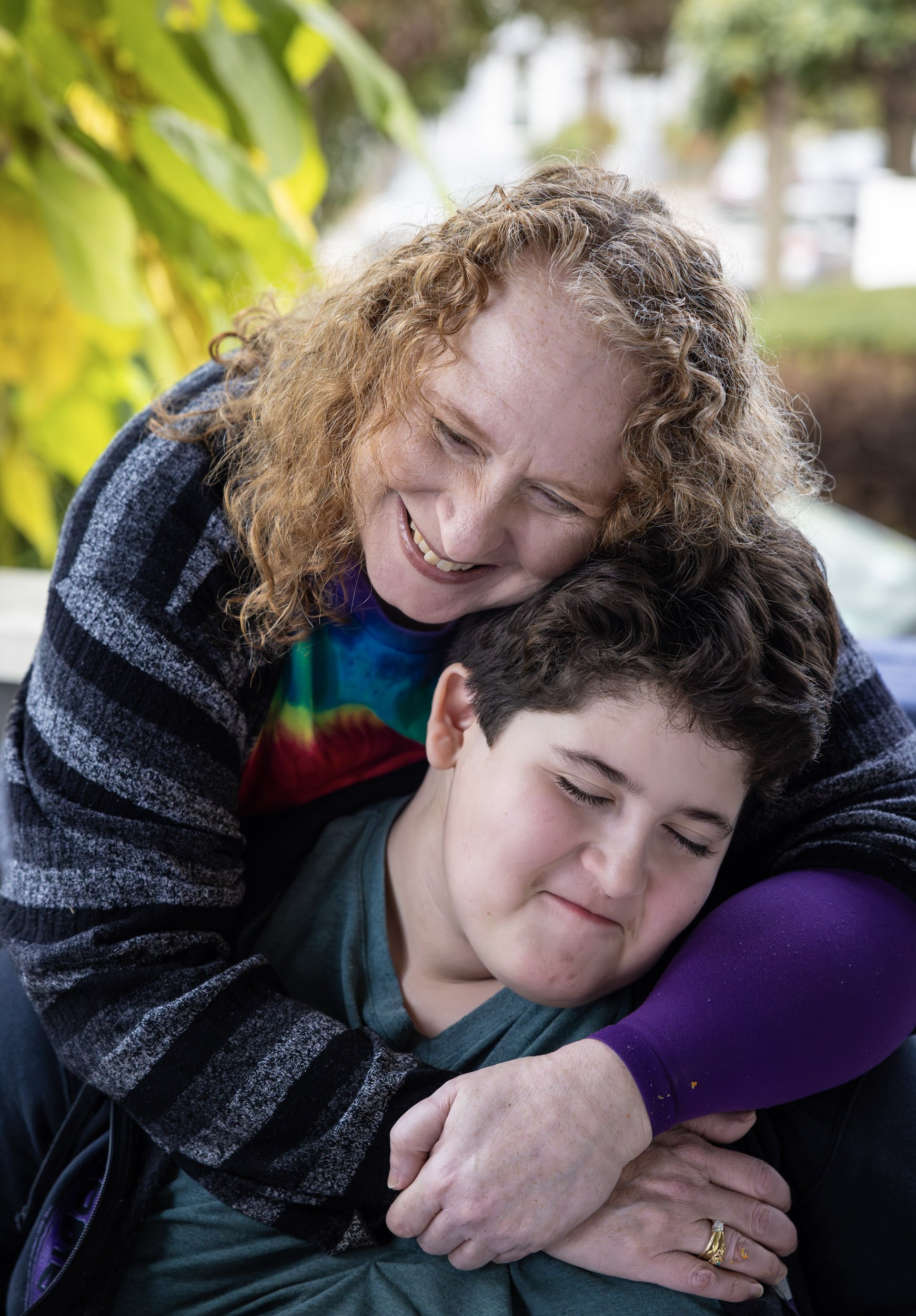
NATIONAL GEOGRAPHIC: TIMBUKTU, MALI: Darhamane Moulaye Haidara, a scholar of ancient manuscripts in the city of Timbuktu.
NAJAF, IRAQ - JUNE 21: General David Petraeus, the three star American General charged with over-seeing the transition of power from the Coalition military authorities to the Iraqis. (Photo by Brent Stirton/Getty Images) *** Local Caption *** Iraq Assignment
DUBAI, UAE, SEPTEMBER 24, 2017: Sheikh Butti Maktoum Bin Juma, a senior member of the Dubai Royal family, is seen inside the foyer of his home in Dubai. He is holding his favourite Gyr Falcon and is surrounded by other high end falcons that were bred especially for him. The mural behind him depicts his sons Rashid and Maktoum in the desert with falcons. Sheikh Butti is the first UAE falconer and likely the first Arab to ever train and hunt with a captive bred bird, a Gyr falcon that became famous across the region twenty years ago. He altered perception about what was possible with captive breeding and the performance of his falcons helped to win the argument for the superiority of captive-bred hybrids and purebred falcons. There has been a careful refining of genetics by master breeders like Howard Waller who have created a whole new class of falcons that have become the birds of choice in the Emirates. They are housed in special air-conditioned facilities where they can resist the high temperatures of the desert. Most training for hunts and racing is done in the very early morning, when temperatures are low and the birds won’t suffer heat exhaustion. The birds travel in air-conditioned vehicles with special perches to and from the training grounds. The higher echelons of the UAE falconers literally spend millions of dollars on housing, training and caring for their falcons. There are a number of falcon hospitals across the UAE that cater exclusively to the welfare of these birds. Expert international veterinarians staff these hospitals and birds are cared for at the same level as people. Falcons were severely threatened 50 years ago by the advent of chemicals like DDT, the Arab world has been at the forefront of restoring falcon populations and it is the Arab world that is the epicenter for breeding and the largest client for these birds. This resurgence has elevated Falconry to Intangible Heritage status by Unesco. (Photo by Brent Stirton/Verbatim for National
CNN - promo for Anderson Cooper's show.
CNN - promo for Anderson Cooper's show.
DRUGS FOR NEGLECTED DISEASE: BALEKE VILLAGE, BENGAMISA DISTRICT, DEMOCRATIC REPUBLIC OF CONGO: Drugs for Neglected Disease Biologist Dr Sabine Specht spent seven weeks in Congo in the summer looking at onchocerciasis, also know as riverblindness. Specht is currently working on four different compounds that could help eliminate African river blindness. Her ideal is to arrive at a single compound that addresses multiple conditions and is tolerable for the human body. Primary amongst these candidates is TylaMac, produced by the pharmaceutical company AbbVie. This trial has been running since 2015 in Congo, specifically in Masi-Manimba in Kwilu Province and in Kimpese in Bas-Congo Province, both prolific onchocerciasis areas. So far, according to Specht, 40 patients have participated in a new phase IIb efficacy trial. A total of 150 are expected to participate. Her current visit is a follow-up appointment, where she and the local team will take tissue samples from the first 40 patients who received TylaMac in the summer, which will then be examined histologically by Prof. Hörauf at the University of Bonn.
JERUSALEM, ISRAEL-APRIL 2007: CNN's Chief International Correspondent Christiane Amanpour in Israel for CNN special, "God's Warriors." Amanpour was accompanied by Cameraman Rich Brooks, Producer Andy Segal, Executive Director Jody Gottlieb, Sound Technican/Editor Ted Lerner and Israel CNN Producer Mike Schwartz. (Photo by Brent Stirton/Getty Images.)
MANHATTAN NEW YORK -: Professor Irshad Manji, Human Rights Activist and Director of the Moral Courage Project at New York University, photographed overlooking Manhattan. Professor Manji is an outspoken liberal Muslim with a number of controversial books to her name. She is a lesbian and a strong advocate for the individual rights of women within Islam as well the presence of individual thought over dogma. (Photo by Brent Stirton/Reportage for Newsweek Magazine.)
MANHATTAN NEW YORK -: Professor Irshad Manji, Human Rights Activist and Director of the Moral Courage Project at New York University, photographed overlooking Manhattan. Professor Manji is an outspoken liberal Muslim with a number of controversial books to her name. She is a lesbian and a strong advocate for the individual rights of women within Islam as well the presence of individual thought over dogma. (Photo by Brent Stirton/Reportage for Newsweek Magazine.)
Brooklyn, New York, 22nd October 2023: Shanelle Gabrielle is seen under the Brooklyn bridge in NY, Shanelle grew up in Brooklyn and a lot of her poetry is inspired by her experiences and relationships in Brooklyn. She is a well-known personality amongst the Lupus community and people appreciate her podcasts and advocacy work on behalf of the community. Shanelle Gabriel is a poet, singer, self described lupus warrior and educator from Brooklyn, NY. Widely known for featuring on HBO's Def Poetry Jam, Shanelle has competed in both the National and the Individual World Poetry Slams, and has performed at venues such as the Vatican, the Apollo Theater, Howard Theater, Lincoln Center, ADCOLOR Conference, and more. She served as a performer, teaching artist, and consultant for BET’s 2022 Nelson Mandela Project alongside Marsai Martin and for a Black Music Month Campaign She’s released three albums, Start Something, Aim High, and Things I Need to Remember, which showcase her prowess as a spoken word artist and a soulful singer. Diagnosed in 2004, Shanelle is also a lupus advocate who has spoken alongside the President of the National Institute of Health, graced the cover page of USA Today, featured in Women’s Health magazine, and featured on the Lifetime Network about her continued battle with lupus. She currently is on the Patient Advisory Board for CISCRP (Center for Information and Study on Clinical Research Participation) and speaks on the patient experience in various arenas. She currently hosts Better Together, a weekly webinar that explores lupus stories and managing lives and also co-hosts the podcast “The HydroxychloroQUEENZ” which speaks candidly about navigating the world while navigating a chronic illness. Shanelle was diagnosed with lupus in 2004, the summer of her sophomore year. After months of hiding it, she shared her poem “Vanity” at the Nuyorican Poets Cafe and quickly realized the story of her diagnosis needed to be told. She began her mis
New York, New York, 21st October 2023: Shanelle Gabrielle is seen at a walk to raise awareness about Lupus, she is a well-known personality amongst the Lupus community and people appreciate her podcasts and advocacy work on behalf of the community. Shanelle Gabriel is a poet, singer, self described lupus warrior and educator from Brooklyn, NY. Widely known for featuring on HBO's Def Poetry Jam, Shanelle has competed in both the National and the Individual World Poetry Slams, and has performed at venues such as the Vatican, the Apollo Theater, Howard Theater, Lincoln Center, ADCOLOR Conference, and more. She served as a performer, teaching artist, and consultant for BET’s 2022 Nelson Mandela Project alongside Marsai Martin and for a Black Music Month Campaign She’s released three albums, Start Something, Aim High, and Things I Need to Remember, which showcase her prowess as a spoken word artist and a soulful singer. Diagnosed in 2004, Shanelle is also a lupus advocate who has spoken alongside the President of the National Institute of Health, graced the cover page of USA Today, featured in Women’s Health magazine, and featured on the Lifetime Network about her continued battle with lupus. She currently is on the Patient Advisory Board for CISCRP (Center for Information and Study on Clinical Research Participation) and speaks on the patient experience in various arenas. She currently hosts Better Together, a weekly webinar that explores lupus stories and managing lives and also co-hosts the podcast “The HydroxychloroQUEENZ” which speaks candidly about navigating the world while navigating a chronic illness. Shanelle was diagnosed with lupus in 2004, the summer of her sophomore year. After months of hiding it, she shared her poem “Vanity” at the Nuyorican Poets Cafe and quickly realized the story of her diagnosis needed to be told. She began her mission to speak up for those living with lupus so they know they are not alone and as a testimony that you ca
Coney Island, New York, 22nd October 2023: Shanelle Gabrielle is seen with her father Earl in Coney Island. Shanelle Gabriel is a poet, singer, self described lupus warrior and educator from Brooklyn, NY. Widely known for featuring on HBO's Def Poetry Jam, Shanelle has competed in both the National and the Individual World Poetry Slams, and has performed at venues such as the Vatican, the Apollo Theater, Howard Theater, Lincoln Center, ADCOLOR Conference, and more. She served as a performer, teaching artist, and consultant for BET’s 2022 Nelson Mandela Project alongside Marsai Martin and for a Black Music Month Campaign She’s released three albums, Start Something, Aim High, and Things I Need to Remember, which showcase her prowess as a spoken word artist and a soulful singer. Diagnosed in 2004, Shanelle is also a lupus advocate who has spoken alongside the President of the National Institute of Health, graced the cover page of USA Today, featured in Women’s Health magazine, and featured on the Lifetime Network about her continued battle with lupus. She currently is on the Patient Advisory Board for CISCRP (Center for Information and Study on Clinical Research Participation) and speaks on the patient experience in various arenas. She currently hosts Better Together, a weekly webinar that explores lupus stories and managing lives and also co-hosts the podcast “The HydroxychloroQUEENZ” which speaks candidly about navigating the world while navigating a chronic illness. Shanelle was diagnosed with lupus in 2004, the summer of her sophomore year. After months of hiding it, she shared her poem “Vanity” at the Nuyorican Poets Cafe and quickly realized the story of her diagnosis needed to be told. She began her mission to speak up for those living with lupus so they know they are not alone and as a testimony that you can live while battling lupus. Since 2007, Shanelle has performed at numerous Walks for Lupus, spoken alongside the President of the National In
Brooklyn, New York, 23rd October 2023: Shanelle Gabrielle is seen working on her poetry at one of her favorite cafe's "Aunt's and Uncle's" in Brooklyn in NY, Shanelle grew up in Brooklyn and a lot of her poetry is inspired by her experiences and relationships in Brooklyn. She is a well-known personality amongst the Lupus community and people appreciate her podcasts and advocacy work on behalf of the community. Shanelle Gabriel is a poet, singer, self described lupus warrior and educator from Brooklyn, NY. Widely known for featuring on HBO's Def Poetry Jam, Shanelle has competed in both the National and the Individual World Poetry Slams, and has performed at venues such as the Vatican, the Apollo Theater, Howard Theater, Lincoln Center, ADCOLOR Conference, and more. She served as a performer, teaching artist, and consultant for BET’s 2022 Nelson Mandela Project alongside Marsai Martin and for a Black Music Month Campaign She’s released three albums, Start Something, Aim High, and Things I Need to Remember, which showcase her prowess as a spoken word artist and a soulful singer. Diagnosed in 2004, Shanelle is also a lupus advocate who has spoken alongside the President of the National Institute of Health, graced the cover page of USA Today, featured in Women’s Health magazine, and featured on the Lifetime Network about her continued battle with lupus. She currently is on the Patient Advisory Board for CISCRP (Center for Information and Study on Clinical Research Participation) and speaks on the patient experience in various arenas. She currently hosts Better Together, a weekly webinar that explores lupus stories and managing lives and also co-hosts the podcast “The HydroxychloroQUEENZ” which speaks candidly about navigating the world while navigating a chronic illness. Shanelle was diagnosed with lupus in 2004, the summer of her sophomore year. After months of hiding it, she shared her poem “Vanity” at the Nuyorican Poets Cafe and quickly realized the
Brooklyn, New York, 22nd October 2023: Shanelle Gabrielle is seen inside the studio at Jahrock’n studios where she goes through strong emotions as she composes poetry about fighting back against Lupus and not allowing the disease to control her life. Shanelle grew up in Brooklyn and a lot of her poetry is inspired by her experiences and relationships in Brooklyn. She is a well-known personality amongst the Lupus community and people appreciate her podcasts and advocacy work on behalf of the community. Shanelle Gabriel is a poet, singer, self described lupus warrior and educator from Brooklyn, NY. Widely known for featuring on HBO's Def Poetry Jam, Shanelle has competed in both the National and the Individual World Poetry Slams, and has performed at venues such as the Vatican, the Apollo Theater, Howard Theater, Lincoln Center, ADCOLOR Conference, and more. She served as a performer, teaching artist, and consultant for BET’s 2022 Nelson Mandela Project alongside Marsai Martin and for a Black Music Month Campaign She’s released three albums, Start Something, Aim High, and Things I Need to Remember, which showcase her prowess as a spoken word artist and a soulful singer. Diagnosed in 2004, Shanelle is also a lupus advocate who has spoken alongside the President of the National Institute of Health, graced the cover page of USA Today, featured in Women’s Health magazine, and featured on the Lifetime Network about her continued battle with lupus. She currently is on the Patient Advisory Board for CISCRP (Center for Information and Study on Clinical Research Participation) and speaks on the patient experience in various arenas. She currently hosts Better Together, a weekly webinar that explores lupus stories and managing lives and also co-hosts the podcast “The HydroxychloroQUEENZ” which speaks candidly about navigating the world while navigating a chronic illness. Shanelle was diagnosed with lupus in 2004, the summer of her sophomore year. After months of hid
PBS SOUTH WRITERS PROMO - MARY STEENBERGEN
NOVARTIS ANNUAL REPORT - COMMUNITY HEALTH WORKERS - PHILADELPHIA
Novartis Annual report: Vietnames Doctors
Campaign with Mitt Romney at Republican Convention
MOGADISHU, SOMALIA, 3 AUGUST 2017: The president of Somalia, Mohamed Abdullahi Mohamed Farmagio, the 9th elected president of this complicated country. President Farmagio is an American citizen and part of the Somali diaspora displaced around the world by civil war inside Somalia. He spent much of his time in the US in Buffalo NY advocating for the rights of minorities. Inside his office at Villa Somalia, he has a large portrait of Aden Abdulle Osman positioned directly in his line of sight. Osman was the first president of an independent Somalia, elected in 1960. President Farmagio says he likes to be able to look up and see that portrait because when Osman lost the campaign for re-election by one vote, he willing stepped down in one of the first true acts of African political democracy. Current President Farmagio sees this as an inspiration for leadership in Somalia, a country he hopes to lead to stability and increased prosperity. (Photo by Brent Stirton/Verbatim for Time Magazine.)
HARARE, ZIMBABWE: Dixon Chibanda, one of only three clinical psychiatrists in Zimbabwe, is the founder of the Friendship Bench program, an evidence based psychological therapy for depression delivered by over 700 trained community grandmothers on wooden park benches in over 100 communities in Zimbabwe. In a country where on average there is 1 psychiatrist for every 1.5 million people this is problem solving at its best.
JET PROPULSION LABS - BUILDING THE MARS ROVER
MSVINGO, ZIMBABWE: Angela Ngwenya is a recently confirmed nun at the Catholic Church in Msvingo. She says she entered the church to be of service to other and that her main influence growing up was the grandmothers in her area. She sees a natural alliance between the Friendship Bench initiative and it’s grandmother counsellors and the church for offering mental health support to those who have none. (Photo by Brent Stirton/Getty Images.
CNN HERO'S WINNER - SKID ROW, LOS ANGELES, CALIFORNIA, 6 NOVEMBER 2022: Charismatic humanitarian Shirley Raines and her organization “Beauty to the Streetz,” are seen dispensing food, clothing, haircuts and beauty services to the Los Angeles homeless community on Skid Row. Raines even brings a portable massager to indulge her homeless friends. Raines is a candidate for CNN’s Hero’s as a result of her tireless efforts. For the past six years, Raines and her organization, Beauty 2 the Streetz, have been a mainstay on Skid Row, providing food, clothing, hair and makeup services -- and most recently health and hygiene items -- to thousands of people. "I would estimate we've got about 8,000 people who are sleeping out on the streets or in some of the shelters," said Shirley Raines. By the last official count in early 2020, more than 4,500 individuals resided in the roughly 50-block area. "There are more women on the street than before," Raines said, noting that a women's shelter had closed down amid the Covid pandemic. "The resources have dried up." Rain or shine, she sets up "shop" weekly at the corner of 5th and Townes to serve those she calls "Kings" and "Queens." Her goal: to make the homeless feel human, whether that means a haircut, a facial, a hearty meal, or a hug. "It's not so much just giving them makeup or doing their hair, it's also the physical touch," Raines said. "People need physical touch. That's what was so hard when the pandemic hit. We had to stop doing hair, we had to stop doing barber services. And that might be the nicest touch they've had all day."Raines, who for years struggled with financial insecurity, grief and loss after the death of her first son, says she knows how it feels to be labeled."The world looked at me and thought probably the same thing they think about the homeless when they pass them by," she said. "You never know what anyone's going through, you know?" Raines sense of purpose came in 2017 when Raines joined a church g
FONTENAY-LE-FLEURY, FRANCE, 8TH JUNE 2023: Farmer Dorothy is seen in her pristine wheat fields in the Fontenay-le-Fleury region of France with local Syngenta manager Damien Lenglet. Syngenta has a relationship with farmers in this region who utilize their products. (Photo by Brent Stirton/Getty Images.)
FONTENAY-LE-FLEURY, FRANCE, 8TH JUNE 2023: Farmer Alexandre is seen in his pristine wheat fields in the Fontenay-le-Fleury region of France. Syngenta has a relationship with farmers in this region who utilize their products. (Photo by Brent Stirton/Getty Images.)
FONTENAY-LE-FLEURY, FRANCE, 8TH JUNE 2023: Farmer Dorothy is seen in her pristine wheat fields in the Fontenay-le-Fleury region of France with local Syngenta manager Damien Lenglet. Syngenta has a relationship with farmers in this region who utilize their products. (Photo by Brent Stirton/Getty Images.)
NOVARTIS ANNUAL REPORT - NATCHEZ, LOUISIANA, 29 JULY 2022: Van Lacour, 80, is a cancer survivor. He was diagnosed in 2007 and fought a long battle that included radiation and other tough treatments. Unfortunately, Van continued to worsen. His ordeal finally ended when Van started taking Pluvicto, a new medication developed by Novartis. As a result, Van is now in a stable condition and living a good life in his long-time home of Natchez, Louisiana. Van likes to read, take photographs, work on his record collection of old 45’s, visit his friends and eat out in his cousin’s restaurant in Natchez. Sometimes, he says, he just likes to sit in his rocking chair in the backyard and read a good biography. Van feels like he has a longer life ahead of him courtesy of the Pluvicto treatment and regularly expresses his gratitude in prayer at the nearby St Augustine’s Church where he is a member. Van likes to go for short walks alongside the nearby Cane river and reflects often on the fact that his father was a long standing member of this community and that its close-knit residents are a constant source of support for him. He is optimistic about the future and hopes to see more of his children and grandchildren now that he has his life back. (Photo by Brent Stirton/Getty Images for Novartis.)
NOVARTIS ANNUAL REPORT: NATCHEZ, LOUISIANA, 29 JULY 2022: Van Lacour, 80, is a cancer survivor. He is seen reading in his backyard while a rainstorm comes down in the background. Van was diagnosed in 2007 and fought a long battle that included radiation and other tough treatments. Unfortunately, Van continued to worsen. His ordeal finally ended when Van started taking Pluvicto, a new medication developed by Novartis. As a result, Van is now in a stable condition and living a good life in his long-time home of Natchez, Louisiana. Van likes to read, take photographs, work on his record collection of old 45’s, visit his friends and eat out in his cousin’s restaurant in Natchez. Sometimes, he says, he just likes to sit in his rocking chair in the backyard and read a good biography. Van feels like he has a longer life ahead of him courtesy of the Pluvicto treatment and regularly expresses his gratitude in prayer at the nearby St Augustine’s Church where he is a member. Van likes to go for short walks alongside the nearby Cane river and reflects often on the fact that his father was a long standing member of this community and that its close-knit residents are a constant source of support for him. He is optimistic about the future and hopes to see more of his children and grandchildren now that he has his life back. (Photo by Brent Stirton/Getty Images for Novartis.)
NOVARTIS ANNUAL REPORT: Dan Nomura, specialist in new drug discovery
CON EDISON ESSENTIAL WORKERS UNDER COVID-19
NOVARTIS ANNUAL REPORT - SEVERE SPINAL ATROPHY FOR CHILDREN - BREAKTHROUGH TREATMENT WITH PATIENT ZERO
NOVARTIS ANNUAL REPORT - SEVERE SPINAL ATROPHY FOR CHILDREN - BREAKTHROUGH TREATMENT WITH PATIENT ZERO
NOVARTIS ANNUAL REPORT - SEVERE SPINAL ATROPHY FOR CHILDREN - BREAKTHROUGH TREATMENT WITH PATIENT ZERO
NOVARTIS ANNUAL REPORT - SEVERE SPINAL ATROPHY FOR CHILDREN - BREAKTHROUGH TREATMENT WITH PATIENT ZERO
VOLVO - SAFETY AND GETAWAY CAMPAIGN - LOS ANGELES
VOLVO XC60 ASTRONAUT CAMPAIGN - SOUTH AFRICA
VOLVO - SAFETY AND GETAWAY CAMPAIGN - LOS ANGELES
VOLVO - SAFETY AND GETAWAY CAMPAIGN - LOS ANGELES
HANOI, VIETNAM, 15 AUGUST 2016: The cold storage and lab facilities for plant multiplications purposes at the offices of the International Center for Tropical Agriculture. CIAT’s mission is to reduce hunger and poverty, and improve human nutrition in the tropics through research aimed at increasing the eco-efficiency of agriculture. Backed by the Colombian government and Rockefeller, Ford, and Kellogg Foundations, CIAT was formally established in 1967 and began its research in 1969. CIAT’s staff includes about 200 scientists. Supported by a wide array of donors, the Center collaborates with hundreds of partners to conduct high-quality research and translate the results into development impact. A Board of Trustees provides oversight of CIAT’s research and financial management. CIAT develops technologies, methods, and knowledge that better enable farmers, mainly smallholders, to enhance eco-efficiency in agriculture. This makes production more competitive and profitable as well as sustainable and resilient through economically and ecologically sound use of natural resources and purchased inputs. CIAT has global responsibility for the improvement of two staplefoods, cassava and common bean, together with tropical forages for livestock. In Latin America and the Caribbean, research is conducted on rice as well. Representing diverse food groups and a key component of the world’s agricultural biodiversity, those crops are vital for global food and nutrition security. In its work on agrobiodiversity, the Center employs advanced biotechnology to accelerate crop improvement. Progress in our crop research also depends on unique collections of genetic resources– 65,000 crop samples in all – which are held in trust for humanity. Alongside its research on agrobiodiversity, CIAT works in two other areas – soils and decision and policy analysis – which cut across all tropical crops and production environments. Center soil scientists conduct research across scales
IRRI, LOS BANOS, PHILIPPINES, 9 AUGUST 2016: Workers enact quality control over specially produced rice for archiving and distribution at the International Rice Research Institute. IRRI is the world’s premier research organization dedicated to reducing poverty and hunger through rice science; improving the health and welfare of rice farmers and consumers; and protecting the rice-growingenvironment for future generations. IRRI is an independent, nonprofit research andeducational institute founded in 1960 by the Ford and Rockefeller foundations, withsupport from the Philippine government. The institute, headquartered in LosBaños,Philippines, has offices in 17 rice-growing countries in Asia and Africa, and About 1,000 staff members. Working with in-country partners, IRRI develops advanced rice varieties that yield more grain and better withstand pests and disease as well as flooding, drought, and other destructive effects of climate change. More than half of the rice area in Asia is planted to IRRI-bred varieties or their progenies. The institute develops new and improved methods and technologies that enable farmers to manage their farms profitably and sustainably, and recommends rice varieties and agricultural practices suitable to particular farm conditions as well as consumer preferences. IRRI assists national agricultural research and extension systems in formulating and implementing country rice sector strategies. (Photo by Brent Stirton/Reportage by Getty Images for Crop Trust.)
IRRI, LOS BANOS, PHILIPPINES, 9 AUGUST 2016: Dr Ruaraidh Sackville Hamilton, head of the TT Chang Genetic Resources center, Genetics and Biotechnology. He is seen standing in the cold room for the active collection of rice seeds for IRRI, over 120 000 varieties of rice IRRI at the International Rice Research Institute. IRRI is the world’s premier research organization dedicated to reducing poverty and hunger through rice science; improving the health and welfare of rice farmers and consumers; and protecting the rice-growingenvironment for future generations. IRRI is an independent, nonprofit research andeducational institute founded in 1960 by the Ford and Rockefeller foundations, withsupport from the Philippine government. The institute, headquartered in LosBaños,Philippines, has offices in 17 rice-growing countries in Asia and Africa, and About 1,000 staff members. Working with in-country partners, IRRI develops advanced rice varieties that yield more grain and better withstand pests and disease as well as flooding, drought, and other destructive effects of climate change. More than half of the rice area in Asia is planted to IRRI-bred varieties or their progenies. The institute develops new and improved methods and technologies that enable farmers to manage their farms profitably and sustainably, and recommends rice varieties and agricultural practices suitable to particular farm conditions as well as consumer preferences. IRRI assists national agricultural research and extension systems in formulating and implementing country rice sector strategies. (Photo by Brent Stirton/Reportage by Getty Images for Crop Trust.)
CHONGWE DISTRICT, ZAMBIA, 14 JANUARY 2014: Rural community health care worker Dismuss,44, seen with his bicycle ambulance in the Chongwe district in rural Zambia. Dismuss lives a distance of 14 kilometers from the nearest clinic and services over 500 households in his area. He adminsters rapid testing for Malaria and adminsters Coartem anti-Malarials for both adults and children. Dismuss is a volunteer worker and receives no pay for this work. He has 9 children and his wife was recently diagnosed with Leukemia. Chongwe District, Zambia. (Photo by Brent Stirton for Novartis)
Novartis Pharmaceutical Annual report - work on Malaria as seen through trained nurses in remote areas of Africa working with bicycle ambulances and mobile testing
Novartis Pharmaceutical Annual report - work on Malaria as seen through trained nurses in remote areas of Africa working with bicycle ambulances and mobile testing
NOVARTIS ANNUAL REPORT - SICKLE CELL DISEASE: Accra, Ghana: Professor Kwaku Ohene-Frempong is the head of the Ghana Sickle Cell Foundation and a world expert on the disease. He lost his son to the disease and has always been a passionate advocate since his days as a medical student. Novartis is partnering with the government and the Sickle Cell Association of Ghana, which is headed by Professor Kwaku Ohene-Frempong, a former Olympic athlete who earned a medical degree at Yale and led sickle cell clinics at Tulane University and the Children’s Hospital of Philadelphia before returning to Ghana to fight the disease in his home country. Novartis aims to expand a newborn screening program, expand distribution of the drug hydroxyurea to treat sickle cell, and begin clinical trials in Ghana for a new, experimental sickle cell treatment. Sickle Cell disease is the leading cause of strokes in young children. Sickle cell disease is a group of disorders that affects hemoglobin, the molecule in red blood cells that delivers oxygen to cells throughout the body. People with this disorder have atypical hemoglobin molecules called hemoglobin S, which can distort red blood cells into a sickle, or crescent, shape.Signs and symptoms of sickle cell disease usually begin in early childhood. Characteristic features of this disorder include a low number of red blood cells (anemia), repeated infections, and periodic episodes of pain. The severity of symptoms varies from person to person. Some people have mild symptoms, while others are frequently hospitalized for more serious complications. Sickle Cell is the leading cause of strokes in young children between the ages of 3 to 6 years of age. The signs and symptoms of sickle cell disease are caused by the sickling of red blood cells. When red blood cells sickle, they break down prematurely, which can lead to anemia. Anemia can cause shortness of breath, fatigue, and delayed growth and development in children. The rapid breakdown of red b
NOVARTIS CHINA - ANNUAL REPORT IMAGES
NOVARTIS CHINA - ANNUAL REPORT IMAGES
NOVARTIS CHINA - ANNUAL REPORT IMAGES
NOVARTIS CHINA - ANNUAL REPORT IMAGES
NOVARTIS CHINA - ANNUAL REPORT IMAGES
PHILADELPHIA, PENNSYLVANIA, USA, 15 JULY 2015: Dr Carl June, head of the Cart19 cancer program at UPenn surveys the Philadelphia skyline from the construction platform for his new laboratory. The lab is being built with help from Novartis who have supported Dr June for a number of years. Dr June has pioneered new Gene therapy in the search for a cure for cancer, revolutionizing how we may come to conquer the disease. He and his team have developed a means by which to use the HIV virus as a targeting vector for cancer cells, allowing the patients own T-cells to go to war once they have been turned into super cells and re-injected into the patients body. (Photo by Brent Stirton/Novartis.)
MOGADISHU, SOMALIA, 1 AUGUST 2017: Students at Simad University in Mogadishu learn lab skills in the modern laboratory in Mogadishu. The university has two labs, this one specializes in the study of hematology, micro-biology, bio-chemistry and molecular biology. Students are involved in research on antibiotics as well as the testing of traditional medicine in Somalia. (Photo by Brent Stirton/Verbatim for Time Magazine.)
SEE INTERNATIONAL - OMARURU, NAMIBIA: Dr Helena Ndume, 54, winner of the Mandela prize and Namibia's most celebrated opthmalogist and a genuine surgeon to the people. Ndume grew up in political exile and studied in East Germany and after the wall came down did her specialisation in West Germany. She has spend many years in government hospitals and performed thousands of eye surgeries, the vast majority of which were for the poorest demographic in Namibia. She is seen outside the remains of the first hospital in Omaruru, where she is currently holding a blindness clinic for people from all over Western Namibia.
SILIGURI, DARJEELING DISTRICT, INDIA, JULY 22 2015: Dr Janak Shah is an accomplished and prolific eye surgeon who volunteers his services to the global poor via SEE International, an NGO with a focus on curing blindness. He is seen examining and performing eye surgery at the Baba Loknath Eye Mission hospital. This is a long established religious mission that offers facilities to SEE where Janak can run a blindness camp as well as perform the surgeries required. Janak graduated from the University of Bombay in 1991, and completed his residency in ophthalmology in 1996. He’s been volunteering with SEE International as an eye surgeon since 1996, and in 2013, passed the milestone of 100 SEE expeditions. He is SEE’s most prolific doctor and has worked in places like the Peruvian Jungle, Gaza Strip, Lebanon, Mongolia, China, Brazil and many other remote locations. He has worked all over India and has performed thousands of eye surgeries, addressing every kind of illness. Janak is a proud adherent of the Jainism religion; he is a strong believer in their religious tenants of mankind being one. Janak often works with his wife Preeti, herself a talented eye surgeon. Together they are a formidable force and can work quickly on a multitude of surgeries in a single day. They have two daughters, one of 11 and the other 15. Both girls often travel with their parents on their volunteer trips for SEE and actively assistant in patient diagnosis as well as assisting their parents in surgery. Janak and Preeti both believe this gives the girls a real perspective on their place in the world and helps to bind them as a family unit. The Shahs live in Mumbai, India and run a successful eye surgery practice when they are not volunteering for SEE International. (Photo by Brent Stirton/Novartis)
Novartis Pharmaceutical Annual report - work on brain disease in America
NOVARTIS ANNUAL REPORT: MORRIS PLAINS, NEW JERSEY: Research scientists process human T cells inside the cell processing facility at the Morris Plains, New Jersey Novartis facility. This laboratory is where the T cells of cancer patients are processed and turned into super cells as part of a revolutionary new Gene therapy based cancer treatment Novartis is a part of. (Photo by Brent Stirton/Novartis.)
Novartis Annual Report - Obesity and Diabetes - Michigan.
Novartis Annual Report - Obesity and Diabetes - Michigan.
Wonderwork: Campaign images for impoverished burn victims in India with Dr Subodh, a renowned plastic surgeon to the poor.
NOVARTIS MALARIA INITIATIVE - KISUMU, KENYA: Agnes Akoth Onyango, 57, Chief Nurse of the Walter Read Project, Kisumu, Kenya. Agnes has been a front line nurse in the fight against Malaria for over 31 years. She administers the staff at the Walter Read research facility and also has strong relations with the Kombewa District hospital. Agnes works with a number of field surveillance teams who monitor the population of the Nyanza province of Kenya, helping to maintain and update Walter Read’s case studies of over 40 years research into Malaria. Agnes supervises the teams, works with the laboratory staff and the local hospitals in keeping an up to date record on the progress of Malaria, staying one step ahead of the disease which kills over 5 million people annually. She also works with the Kemri group of disease research facilities in the Kisumu area. These provide a valuable database for the mutation of the Malaria parasite, helping to develop effective medication to combat the disease. Agnes has devoted her life to this theme, finding self-worth and tremendous satisfaction in her work. She is well know across her community and still finds time to go with surveillance teams to build case studies as well lecture on Malaria education when she can make the time. Agnes remains hopeful for the eradication of Malaria, believing a cure is within our grasp if research and funding is maintained. (Photo by Brent Stirton/Novartis)
ADUA, TIGRAY, ETHIOPIA, 22 JULY 2017: A tree nursery run by Green Ethiopia which produces fruit trees for oranges, lemons, avocados, apples and other fruit. This nursery conducts education programs for farmers and also experiments with vegetable production. Their work is of tremendous benefit in reinforcing soil, water tables and generally increasing quality of life in rural areas of Ethiopia. (Photo by Brent Stirton/Verbatim for Le Figaro.)
SON LA, VIETNAM, 19 AUGUST 2016: Thai minority women move amongst Cassava crops that fill the hills close to Son La city. (Photo by Brent Stirton/Reportage by Getty Images.)
Getty Images: HN1 labor in the USA during Covid.
CRADLE OF HUMNAKIND, JOHANNESBURG, SOUTH AFRICA, OCTOBER 2010: Professor Lee Berger of Wits University Paleontology Department sits with his son Matthew at the Malapa Fossil site on the Malapa Nature Reserve in the Cradle of Humankind, Johannesburg, South Africa, October 25 2010. Australophithicus Sediba was found at the Malapa site 18 months ago and has gone one to become perhaps the most important early hominid find in history. Matthew Berger is credited with finding the first Homind fossil at the site, a find which led to a major new Hominid genus being discovered. A juvenile male is emerging largely intact as well as an adult female and it appears there are at least 4 other skeletons at the site. This is the largest find of its kind in history and may rewrite the books on how we view early relations to humankind. (Photo by Brent Stirton/National Geographic.)
Omenako, Ghana: Zipline personel service and refurbish drones on a daily basis. Zipline provides a drone delivery service for vital medicine in areas where road logistics and time are a factor. Working with the Ghanaian government, Zipline will operate 30 drones out of four distribution centers to distribute vaccines, blood and life-saving medications to 2,000 health facilities across the West African nation daily. The procedure is relatively simply: Doctors place orders on-demand through a simple app for any medicine they need, when they need it. Medical products are stored centrally at Zipline's distribution centers and are flown quickly to any destination. This maintains cold-chain and product integrity, while eliminating waste. Zipline packages the order, then launches it into flight. Racing along at over 100 km/h, vital products arrive faster than any other mode of transport. The drones fly without a pilot and are battery-powered, reducing the cost and emissions of moving medicine. Drones fly over remote mountains, rivers, and washed-out roads. They require no local infrastructure to serve communities. Within an average of 30 minutes, medical supplies are delivered from the sky by parachute. Recipients don't interact with the drone itself. Medical personal collect the meds and pass them on to the relevant doctors. Novartis is partnering with Zipline, deliveries will include Hydroxyrea, the sickle cell disease drug, ensuring access to patients in difficult to reach parts of the continent. (Photo by Brent Stirton/Getty Images for Novartis)
NDOLA, ZAMBIA, 16 JANUARY 2014: Researcher Eric M. Njunju prepares samples to identify the DNA strand of the Malaria pathogen at the Tropical Disease Research center at Ndola Central Hospital, Zambia. This technique is the most accurate manner by which to test for Malaria. (Photo by Brent Stirton for Novartis.)
MICHIGAN, SEPTEMBER 2015: Jacob Jensen, 25, is an engineer who lives near Farmingtion, Michigan. He is a successful member of the University of Michigan's weight management program. Jacob has lost 57 pounds in the 9 months he has been in the program so far. He is seen speaking in consultation with Dr Amy Rothberg as well as Christine Fowler, his dietician in the program. Jacob now runs regularly and has recently done a triathlon. His number is 7169821626. This is an advanced weight loss program that accepts referrals from within the University of Michigan’s Health system and from community physicians. It embraces the notion of long term weight management for obese individuals. The weight management program provides intense educational, dietary, physical, behavioral and pharmacological interventions. The University of Michigan weight management program offers a 2 year intervention. There are 11 visits to a physician and 26 visits with a registered dietician during these 2 years. The first 3 to 6 months involve an intense dietary induction phase. At their first appointment all patients are asked to sign a contract agreeing to attend greater than 80% of their scheduled appointments with the physician and dietician during the initial 2 year period. At the first visit a comprehensive health and weight history is compiled. Anti-diabetic therapy is adjusted at this first visit to optimize glycemic control and to promote weight loss. Weight loss is then initiated by employing a very low calorie diet (800 kcal/day) The rationale is that meal replacement limits food choices and divorces patients from unhealthy consumptive behavior. Patients keep daily diaries of these behaviors. These are then reviewed with the dietician on a weekly basis. Patients are then asked to increase their physical activity to 40 minutes per day. 3 to 6 months after this a weight loss of 15% is the average achievement. Regular foods are then reintroduced and the intervention begins to focus on behav
ANN ARBOR, MICHIGAN, SEPTEMBER 2015: Dr Amy Rothberg seen at home in Ann Arbor, Michigan. Dr Rothberg is one of the foremost medical authorities on the science of obesity medicine in America. She runs the weight management program for the University of Michigan Health system. Amy E. Rothberg, MD, PhD, is Assistant Professor of Internal Medicine in the Division of Metabolism, Endocrinology and Diabetes and Director of the Weight Management Clinic. She specializes in the treatment of overweight and obesity, diabetes, and related metabolic diseases. Dr. Rothberg is one of the first in the nation to receive certification in obesity medicine from the American Board of Obesity Medicine.This is an advanced weight loss program that accepts referrals from within the University of Michigan’s Health system and from community physicians. It embraces the notion of long term weight management for obese individuals. The weight management program provides intense educational, dietary, physical, behavioral and pharmacological interventions. The University of Michigan weight management program offers a 2 year intervention. There are 11 visits to a physician and 26 visits with a registered dietician during these 2 years. The first 3 to 6 months involve an intense dietary induction phase. At their first appointment all patients are asked to sign a contract agreeing to attend greater than 80% of their scheduled appointments with the physician and dietician during the initial 2 year period. At the first visit a comprehensive health and weight history is compiled. Anti-diabetic therapy is adjusted at this first visit to optimize glycemic control and to promote weight loss. Weight loss is then initiated by employing a very low calorie diet (800 kcal/day) The rationale is that meal replacement limits food choices and divorces patients from unhealthy consumptive behavior. Patients keep daily diaries of these behaviors. These are then reviewed with the dietician on a weekly basis. Patients
Cambridge, Massachusetts, October 29th 2023: Laurie Brunner is a breast cancer survivor, she is seen taking a breather on her porch in Boston. Laurie underwent 16 months of AC+T chemo, followed by 30 rounds of radiation. She says it was the worst year of her life but the idea of dying of cancer before she even made it to 50 and leaving her young child motherless was huge incentive to keep going. Her treatment has included participating in a clinical trial of a drug to see if it will prevent recurrence, swimming 2–3 times per week, and taking other medications and supplements. “Maybe those are all just “buying time”, too. To which I say, good, because I’ll gladly buy as much time as I can afford so I can spend it with those I love and, I hope, see my kid grow up. Chemo was hard but enduring it was worth it to get my best chance at survival. This life is the only one I’ve got, and I deserve to live as much as anyone else does, so I’m doing what it takes to maximize my chances.” (photo by Brent Stirton/Getty Images for Novartis)
Cambridge, Massachusetts, October 27th 2023: Laurie Brunner is a breast cancer survivor, she is seen with friends Jesse Nicole and Marleigh Norton who shaved their heads in solidarity when it was discovered that Laurie had breast cancer. Laurie underwent 16 months of AC+T chemo, followed by 30 rounds of radiation. She says it was the worst year of her life but the idea of dying of cancer before she even made it to 50 and leaving her young child motherless was huge incentive to keep going. Her treatment has included participating in a clinical trial of a drug to see if it will prevent recurrence, swimming 2–3 times per week, and taking other medications and supplements. “Maybe those are all just “buying time”, too. To which I say, good, because I’ll gladly buy as much time as I can afford so I can spend it with those I love and, I hope, see my kid grow up. Chemo was hard but enduring it was worth it to get my best chance at survival. This life is the only one I’ve got, and I deserve to live as much as anyone else does, so I’m doing what it takes to maximize my chances.” (photo by Brent Stirton/Getty Images for Novartis)
Cambridge, Massachusetts, 29th October 2023: Laurie Brunner is a breast cancer survivor, she is seen with husband Santiago and son Alexander carving pumpkins for Halloween along with her mother in law Migdalia Soto in Cambridge, MA. This is a holiday the family always enjoys, and they often go up to Salem to get into the full swing of Halloween. Laurie underwent 16 months of AC+T chemo, followed by 30 rounds of radiation. She says it was the worst year of her life but the idea of dying of cancer before she even made it to 50 and leaving her young child motherless was huge incentive to keep going. Her treatment has included participating in a clinical trial of a drug to see if it will prevent recurrence, swimming 2–3 times per week, and taking other medications and supplements. “Maybe those are all just “buying time”, too. To which I say, good, because I’ll gladly buy as much time as I can afford so I can spend it with those I love and, I hope, see my kid grow up. Chemo was hard but enduring it was worth it to get my best chance at survival. This life is the only one I’ve got, and I deserve to live as much as anyone else does, so I’m doing what it takes to maximize my chances.” (photo by Brent Stirton/Getty Images for Novartis)
